- What are winter allergies and how do they differ from regular allergies?
Winter allergies are a type of allergic reaction that occurs in response to exposure to winter weather conditions, such as cold temperatures, dry air, and snow. Unlike regular allergies, which are typically triggered by exposure to airborne allergens, winter allergies are typically triggered by exposure to the environment. Symptoms of winter allergies can include sneezing, runny nose, itchy eyes, and congestion. In some cases, winter allergies can also lead to sinus infections. Treatment for winter allergies typically includes over-the-counter medications, such as antihistamines and decongestants. In severe cases, prescription medications may be necessary. Some people with winter allergies may also find relief by using nasal sprays or taking showers after spending time outdoors.
In the United States, it’s not just summertime that is dry and hot – winter can also be very uncomfortable for many people with asthma or allergies. According to a study by researchers at the Asthma & Allergy Foundation Of America (AAFA), 1-3 found out 1/5 Americans experience allergic symptoms due to cold weather conditions alone while 3 others have been diagnosed with chronic obstructive pulmonary disease(COPD), which makes breathing difficult in addition their original illness. The condition was uncommon before 1980 when they started tracking data on hospitalizations related specifically towards this type of air pollution.”
- How can a dehumidifier help you avoid winter allergies or lessen their effects if you already have them?
Many people suffer from winter allergies, which can be caused by a number of different things including dust mites, mold, and pollen. A dehumidifier can help to reduce the levels of these allergens in your home, and as a result, lessen the effects of winter allergies. By reducing the amount of moisture in the air, a dehumidifier makes it harder for dust mites to thrive. In addition, it helps to prevent mold growth, which can cause winter allergies. Finally, a dehumidifier can also help to reduce the amount of pollen in the air by keeping the air dry. As a result, using a dehumidifier can be an effective way to avoid winter allergies or lessen their effects.
A dehumidifier is an appliance that reduces the level of humidity in the air, typically for health or comfort reasons. Extracting water from the air can decrease winter allergies and asthma. Dehumidifiers can be used in both domestic and industrial settings. Many people use dehumidifiers to decrease the level of humidity in their homes during winter, as humid air can make the house feel colder than it actually is. In general, dehumidifiers work by drawing air from the room into the unit, where a cold coil condenses the water vapor in the air. The water then collects in a container or drains away through a hose. By reducing the level of humidity in the air, dehumidifiers can also help to prevent mold and mildew growth, and make your home more comfortable overall. For people who suffer from seasonal allergies, using a dehumidifier in the winter months can help to decrease symptoms. Because dry air is less likely to harbor allergens like dust mites and pollen, keeping your home at a lower humidity level can make a big difference in how well you’re able to manage your allergy symptoms. If you’re looking for ways to reduce your winter allergy woes, investing in a quality dehumidifier is a great place to start.
- What are some of the best dehumidifiers on the market for allergy sufferers?
When it comes to dehumidifiers, there are a few factors that are important to consider, especially if you suffer from allergies. First, you’ll want to look for a unit that can remove a high amount of moisture from the air. This is typically measured in pints per day and is listed in the specs for each unit. Second, you’ll want to choose a dehumidifier with an automatic shut-off feature. This will ensure that the unit doesn’t continue running after the reservoir is full, which can save energy and prolong the life of the unit. Finally, if you have pets, you’ll want to make sure that the dehumidifier you choose has a filter that can help to remove pet dander and other allergens from the air. Here are three of the best dehumidifiers on the market for allergy sufferers:
The AlorAir Dehumidifier is one of the most popular units on the market and for good reason. It features a humidity sensor that automatically shuts off the unit when it reaches target humidity levels, and it also has an automatic emptying feature that makes it easy to maintain. In terms of filtering, HEPA filters are designed to remove 99.97% of airborne particles, making them effective at capturing pollen, dust mites, and other allergens. Other features that can be helpful for allergy sufferers include ionizers, which help to capture and remove airborne particles, and automatic shut-off timers, which ensure that the unit doesn’t run all day and waste energy. When choosing a dehumidifier for allergies, it’s important to consider the specific needs of your home and to select a unit that is best suited to those needs.
- How much does a good quality dehumidifier cost, and is it worth the investment for people with winter allergies?
A good quality dehumidifier can cost anywhere upwards of thousands, depending on the features and capacity you need. For people with winter allergies, a dehumidifier can be a worthy investment because it can help to reduce symptoms by keeping the air dry. Dry air is less conducive to the growth of mold and dust mites, which are two common triggers for allergies. In addition, a dehumidifier can also help to prevent condensation on windows and walls, which can lead to the growth of mold. If you’re considering a dehumidifier for your home, be sure to do your research to find one that will meet your needs.
There are a number of dehumidifier brands on the market, and the price of a dehumidifier can vary depending on its features and capabilities. Some of the more popular dehumidifier brands include Frigidaire, GE, Honeywell, and LG. but generally speaking, the higher the quality and capacity of the dehumidifier, the higher the price tag. However, there are some dehumidifiers that offer high quality at a more affordable price point. One such dehumidifier is the alorair HD55 dehumidifier. This dehumidifier is designed for both home and commercial use, and it boasts a host of features that make it a worthwhile investment. The Sentinel HD55 has a capacity of 55 liters per day, making it ideal for larger spaces. It also has an adjustable humidistat and automatic shut-off function, meaning that it can be easily controlled to suit your needs. If you’re looking for a high-quality dehumidifier that won’t break the bank, the alorair HD55 is a great option to consider.
- Are there any other ways to reduce your exposure to allergens during the winter months that haven’t been mentioned here?
Allergens can be a problem for people with allergies year-round, but they are especially prevalent during the winter months. There are a number of steps you can take to reduce your exposure to allergens during this time of year. One is to keep your home clean and free of dust and mold. Another is to avoid using harsh chemicals or cleaning products that can irritate your lungs and make you more susceptible to allergens. You should also take care to keep your furnace and air conditioner clean and free of pollen and other allergens. Finally, if you have pets, make sure to bathe them regularly to remove any allergens they may be carrying. By taking these simple steps, you can significantly reduce your exposure to allergens during the winter months.





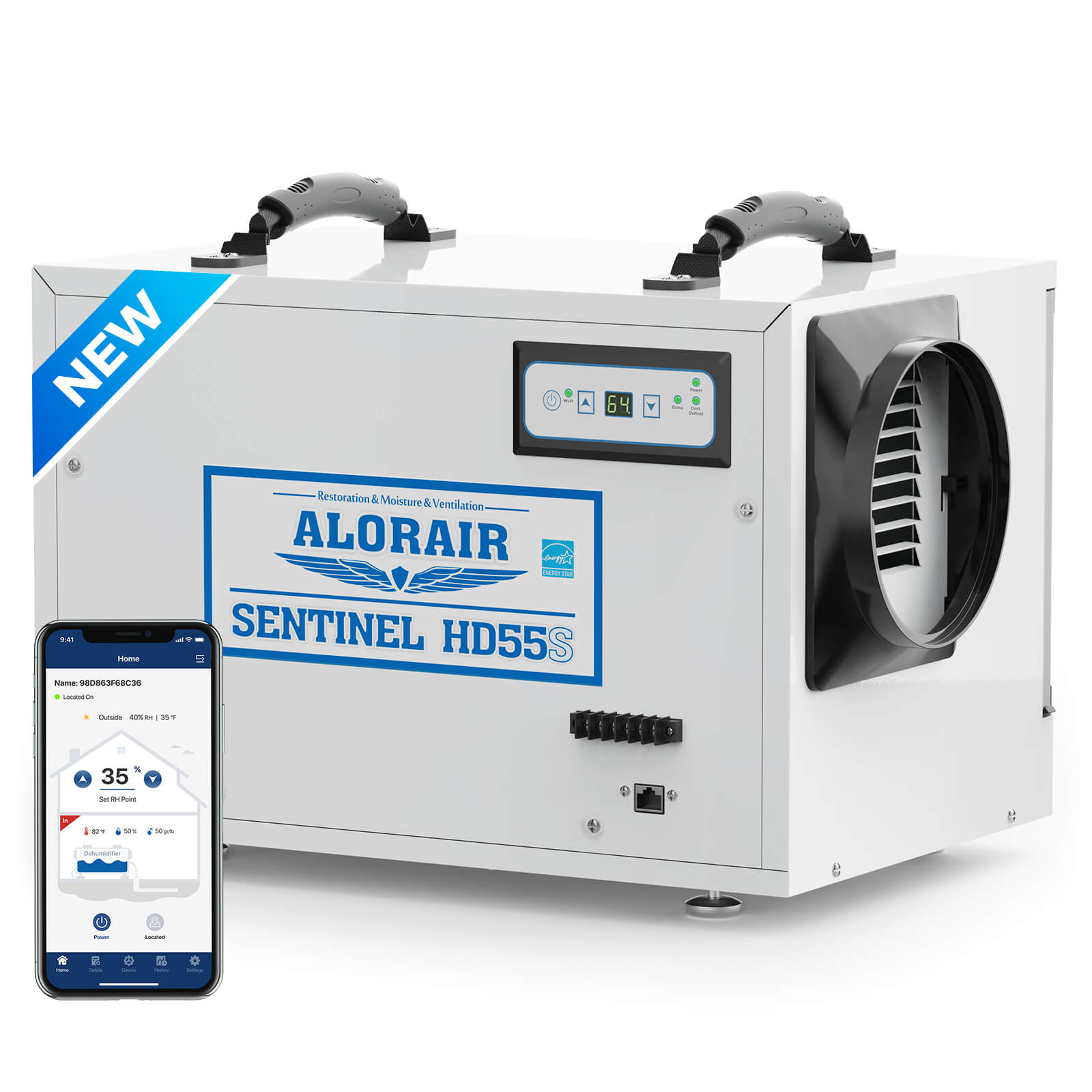
-(1).png)
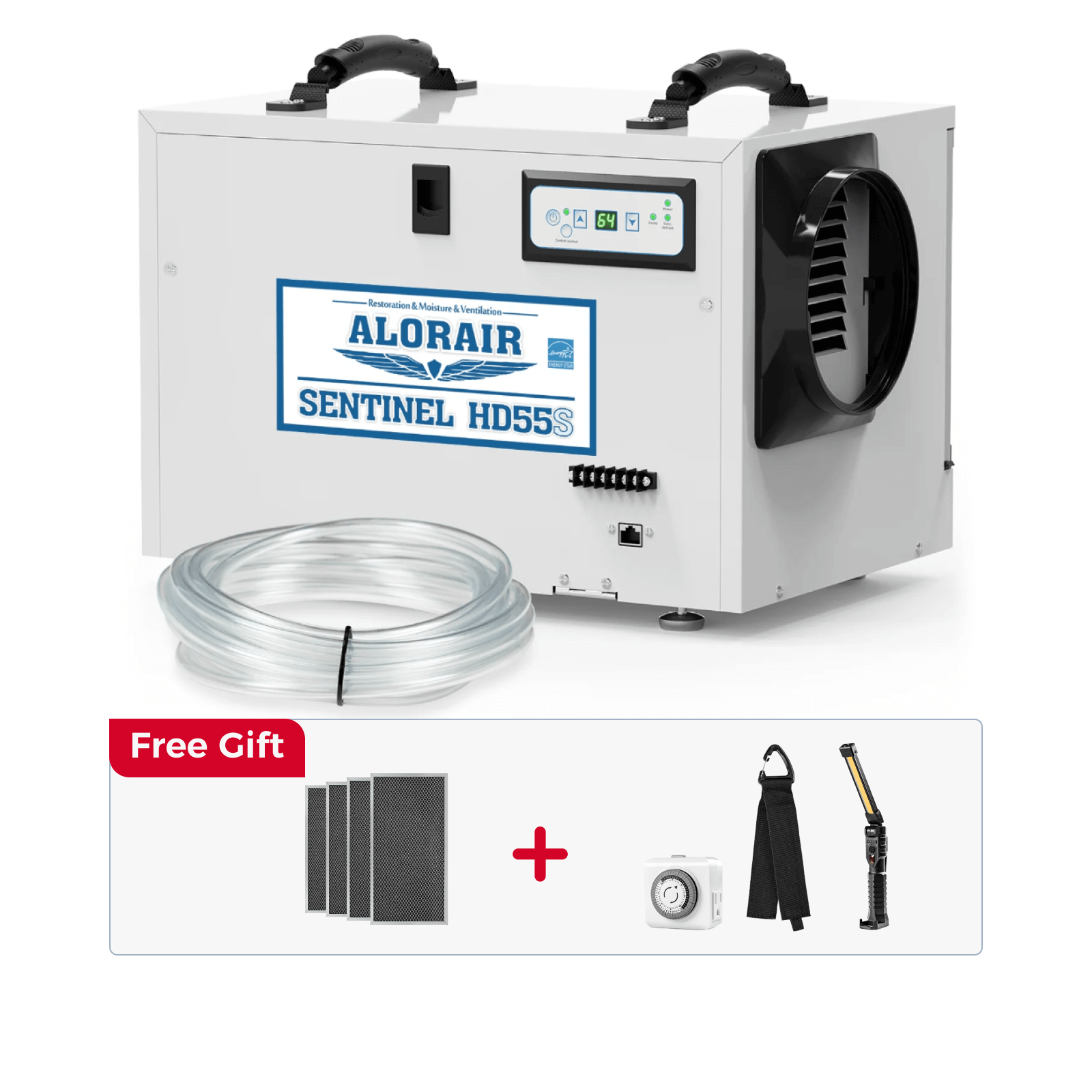
.jpg)
.jpg)
.jpg)
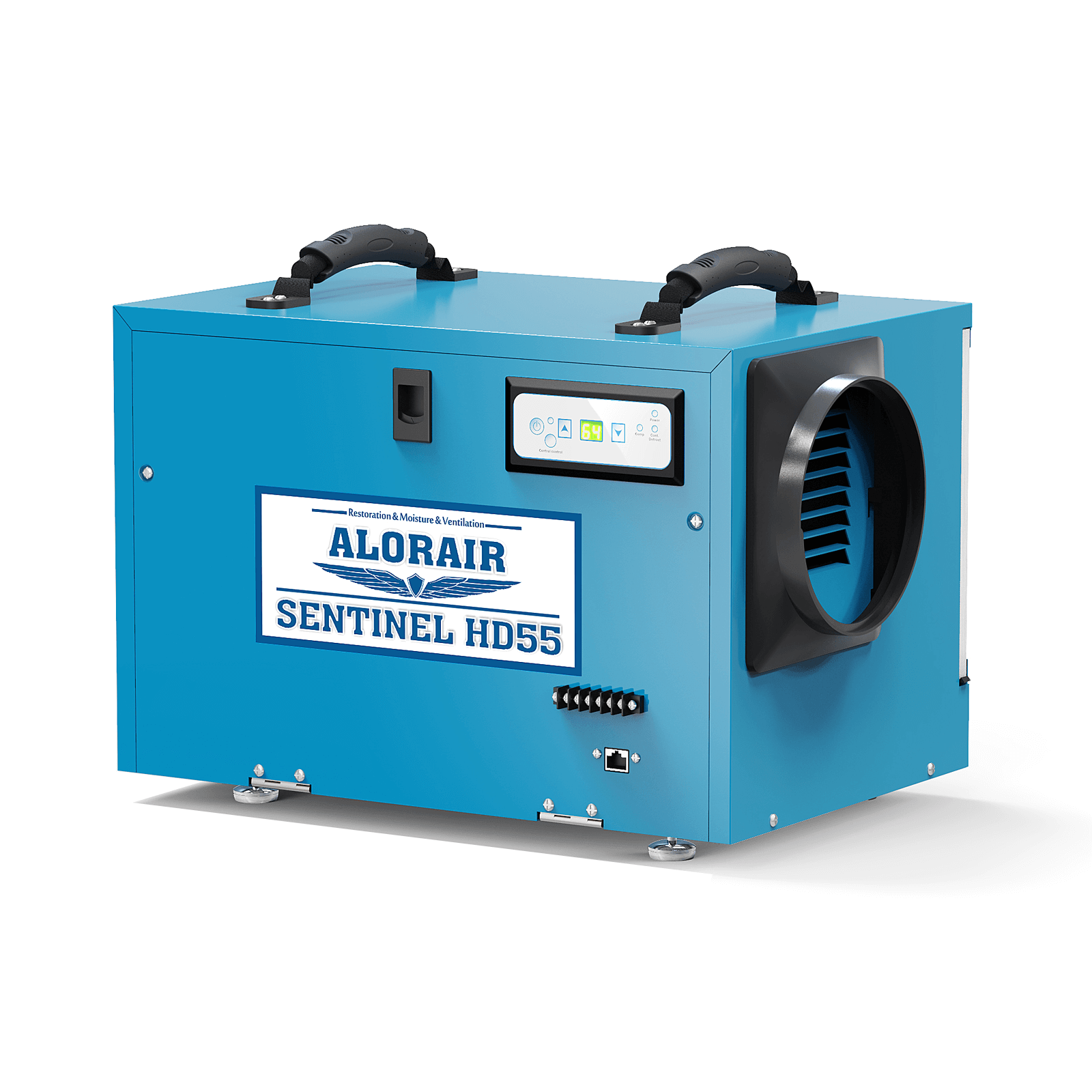
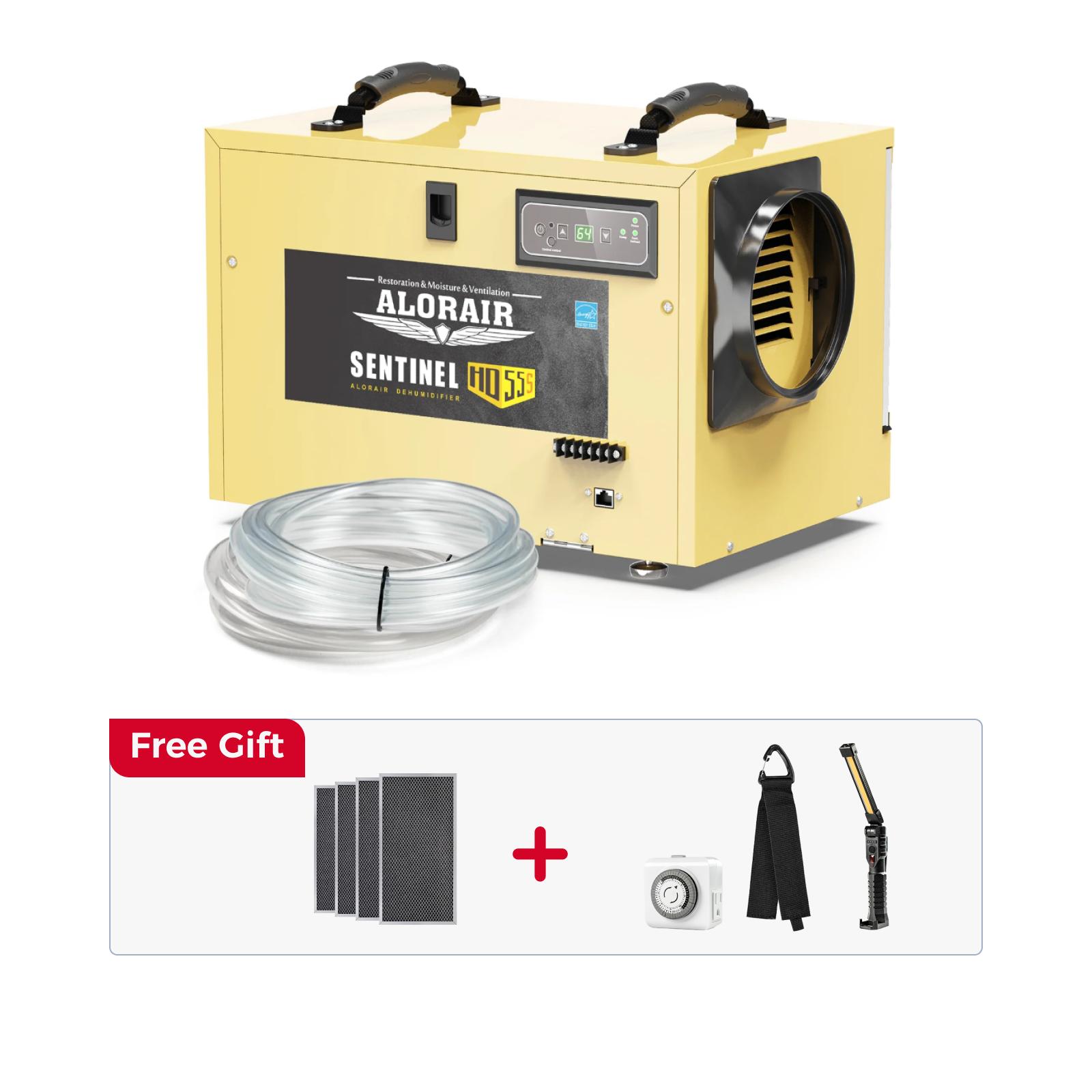
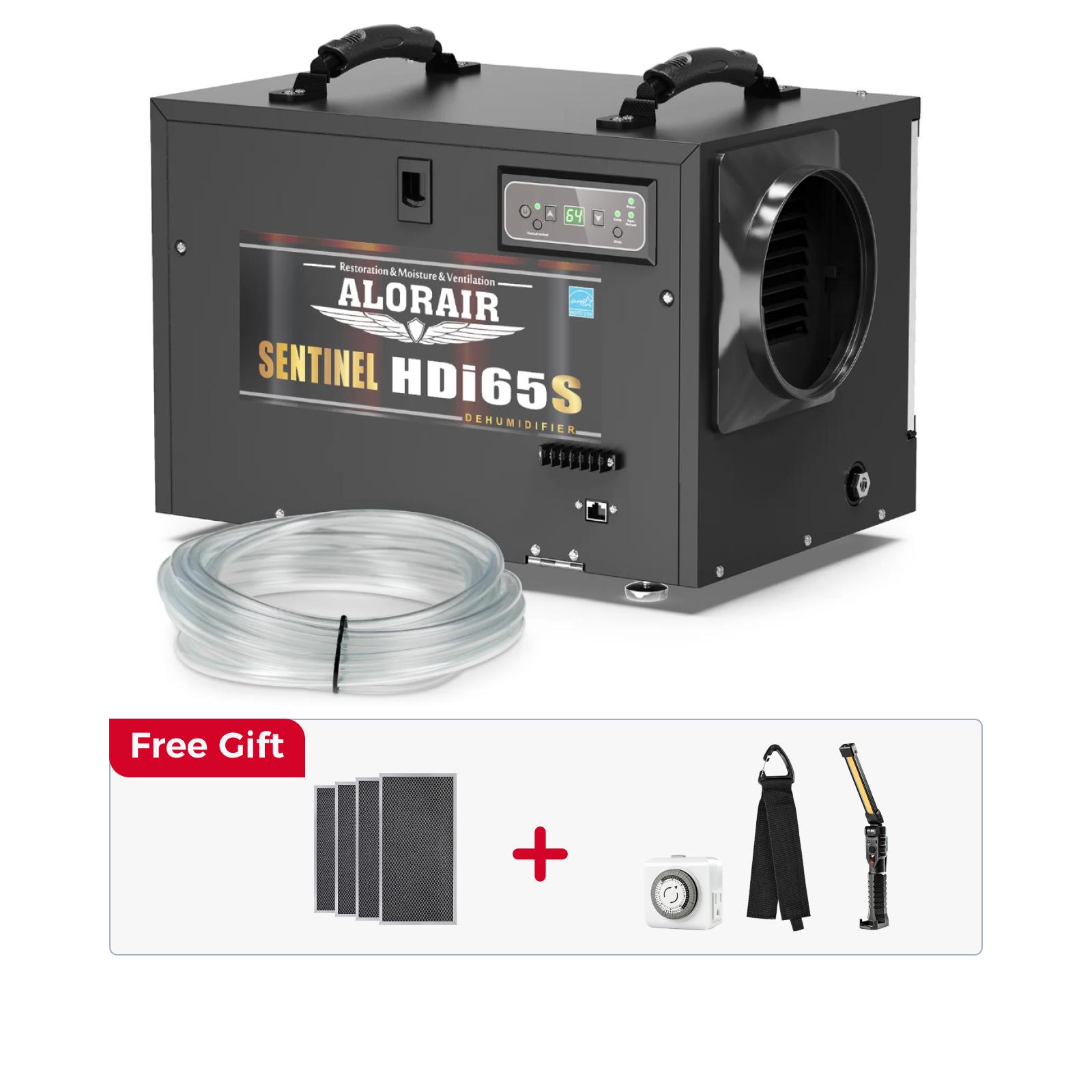
.HDi90.png)
.HD90.png)
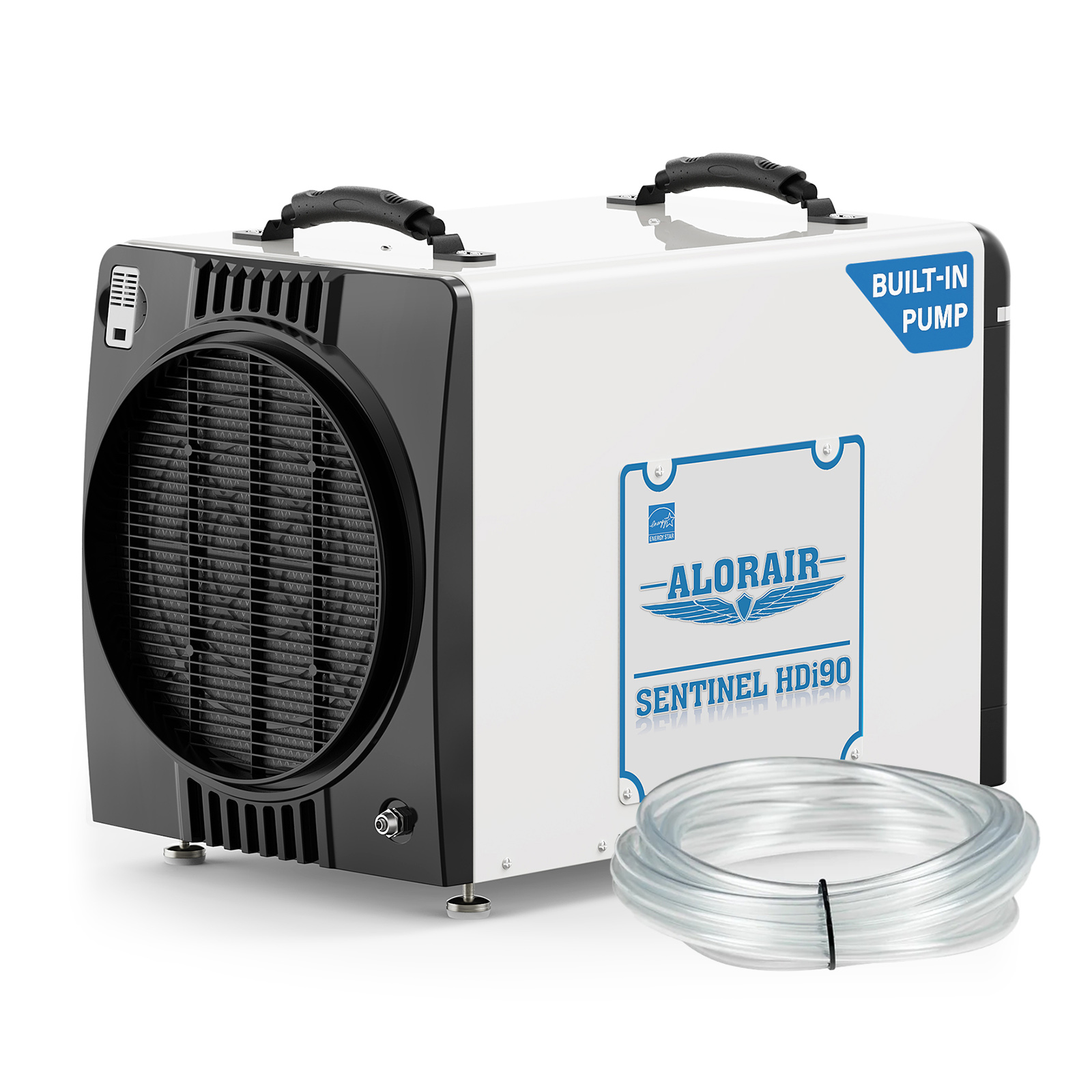
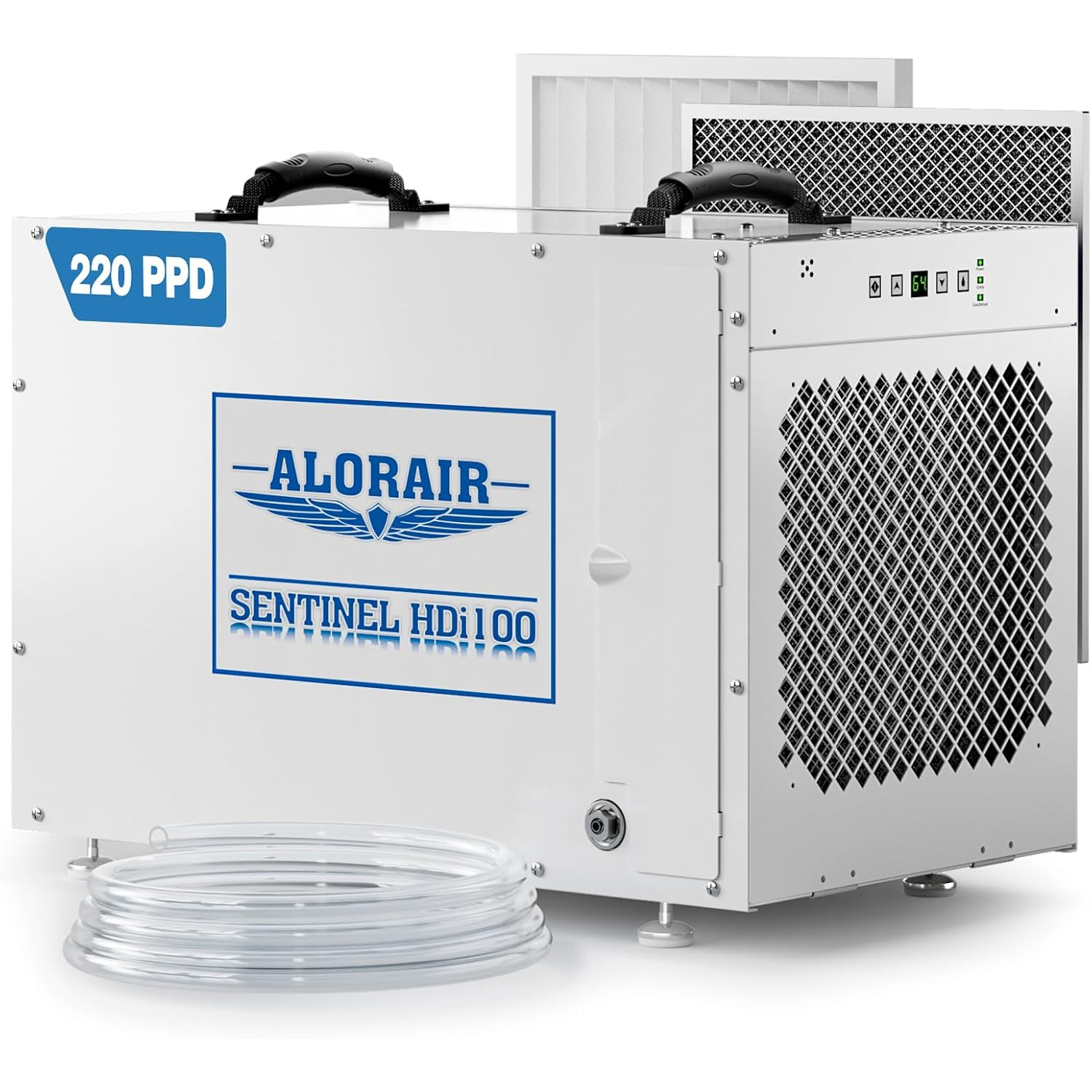
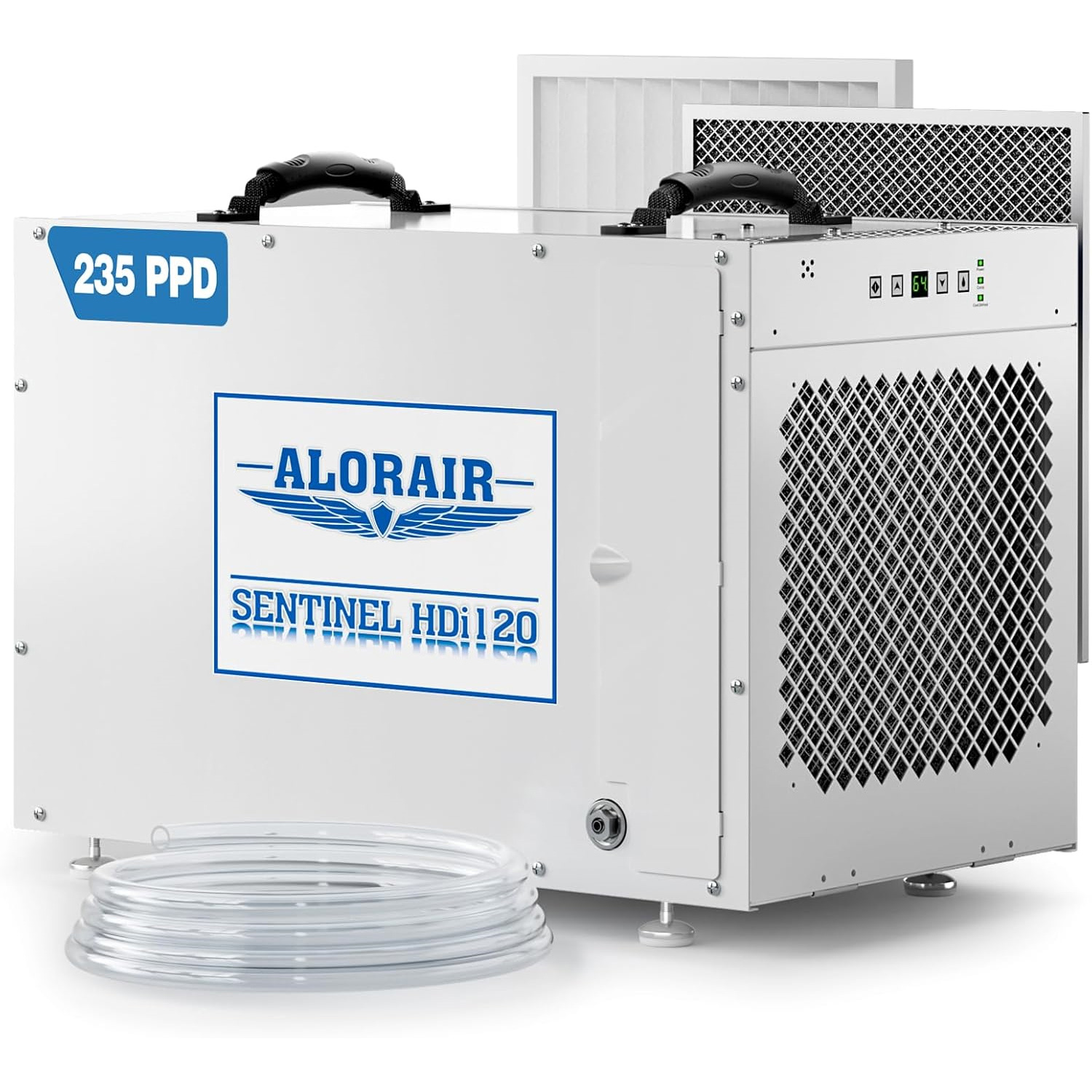
.jpg)
.jpg)
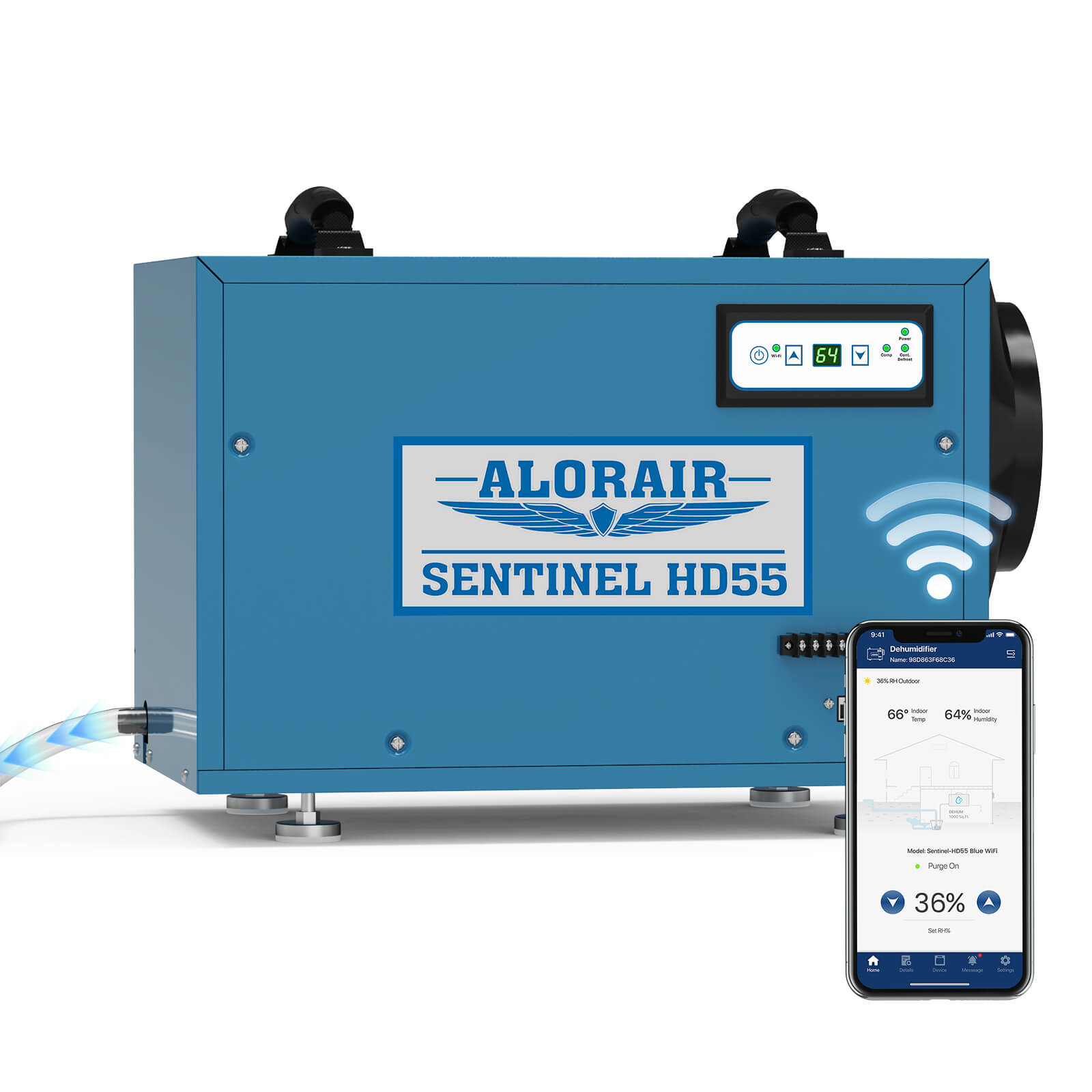
.jpg)
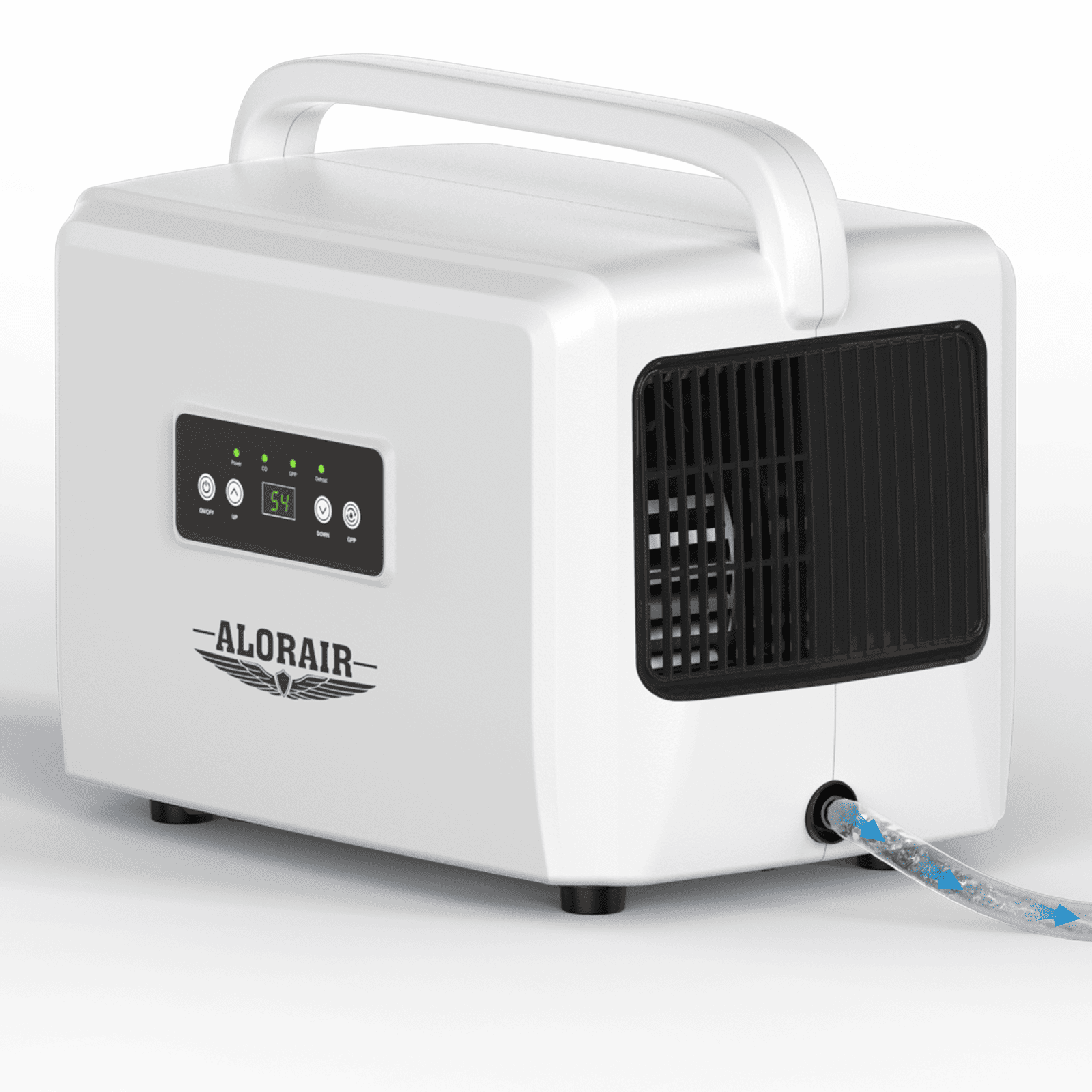
.jpg)
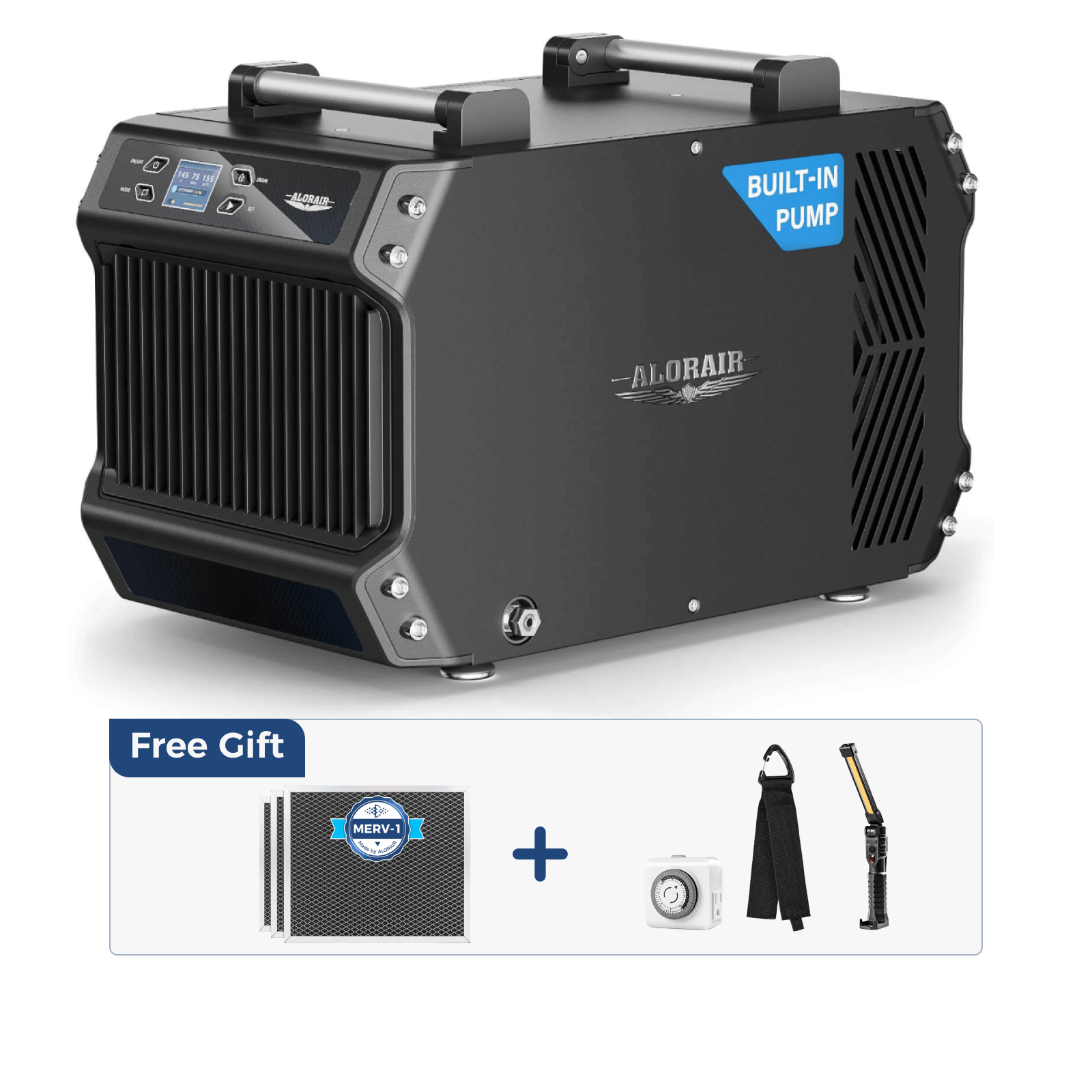
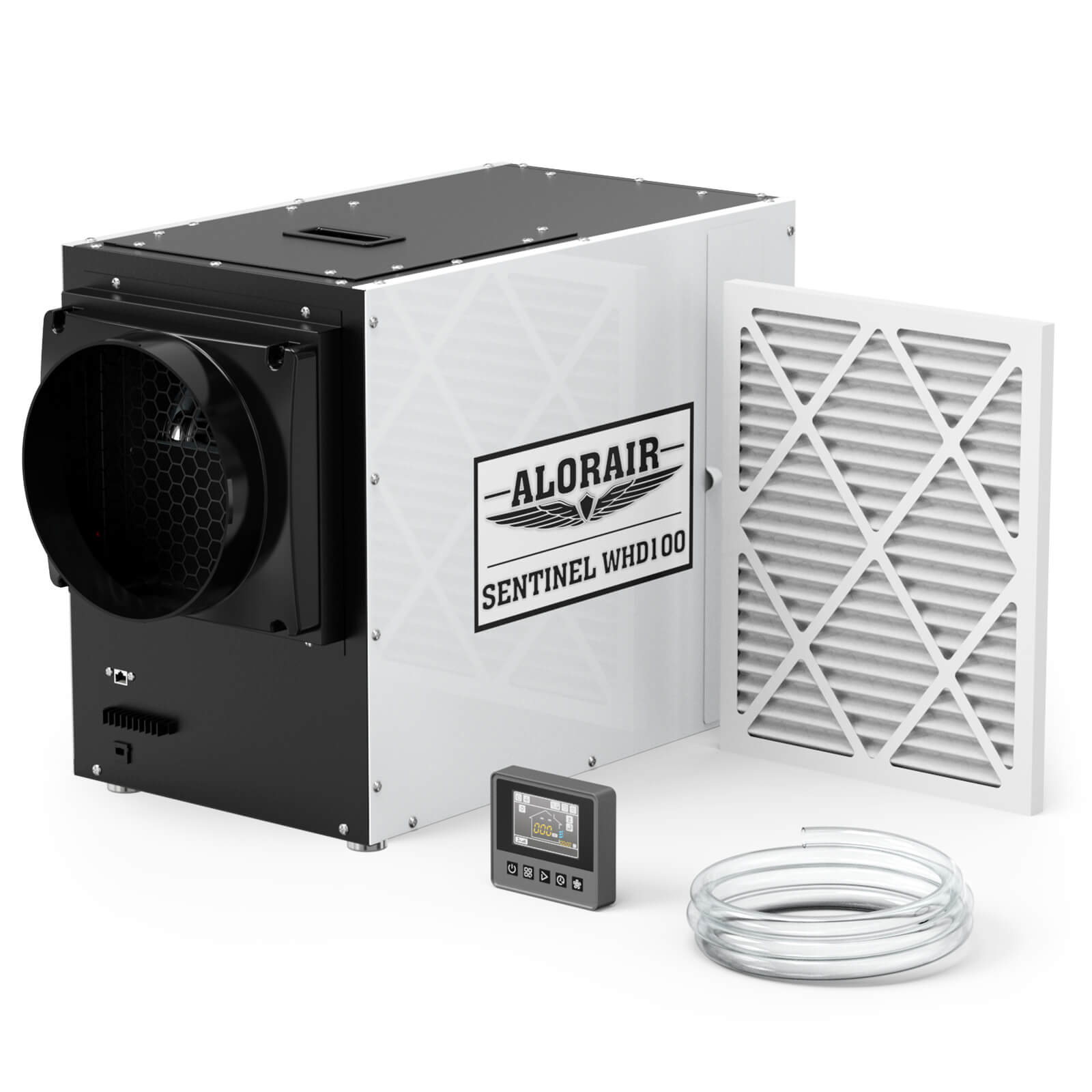
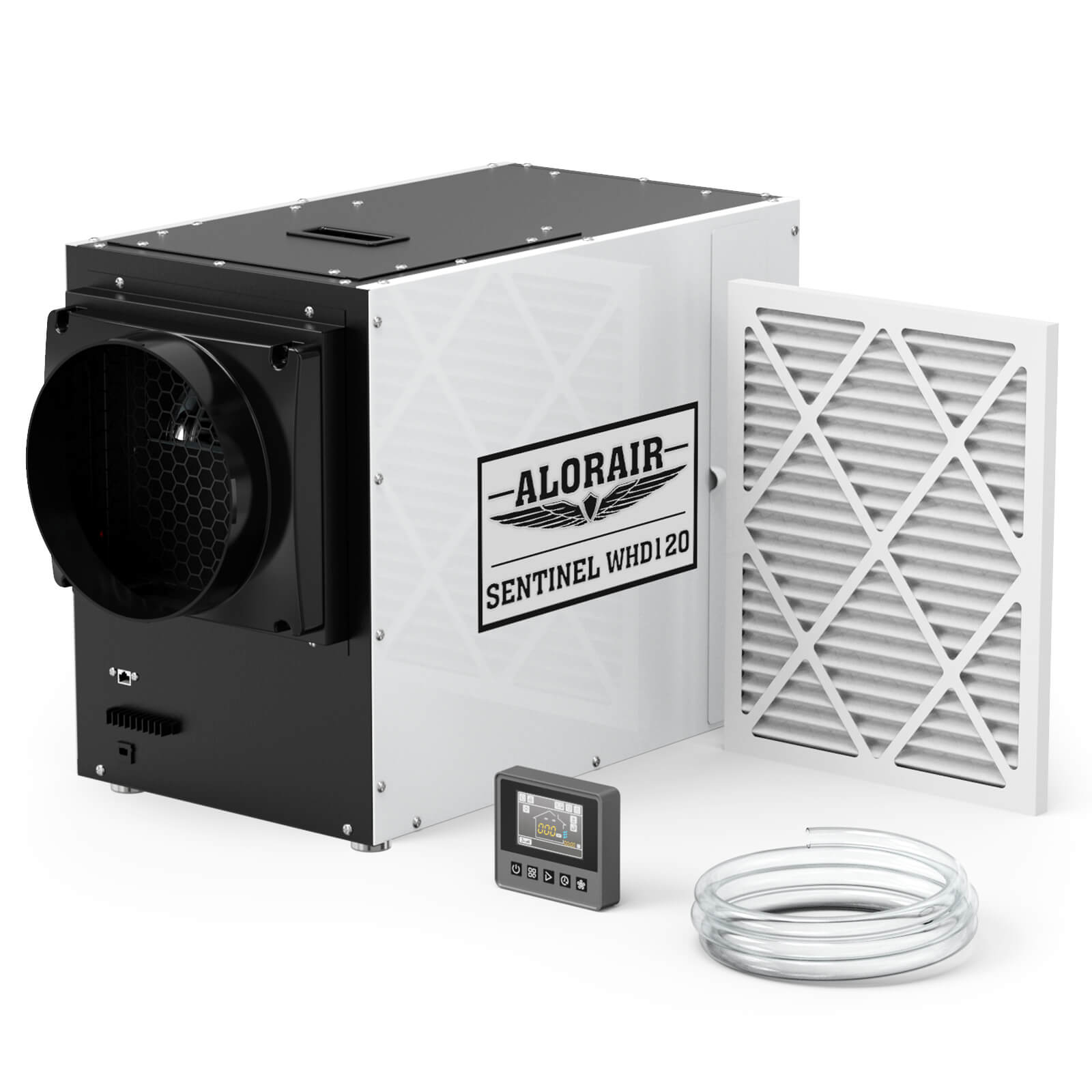
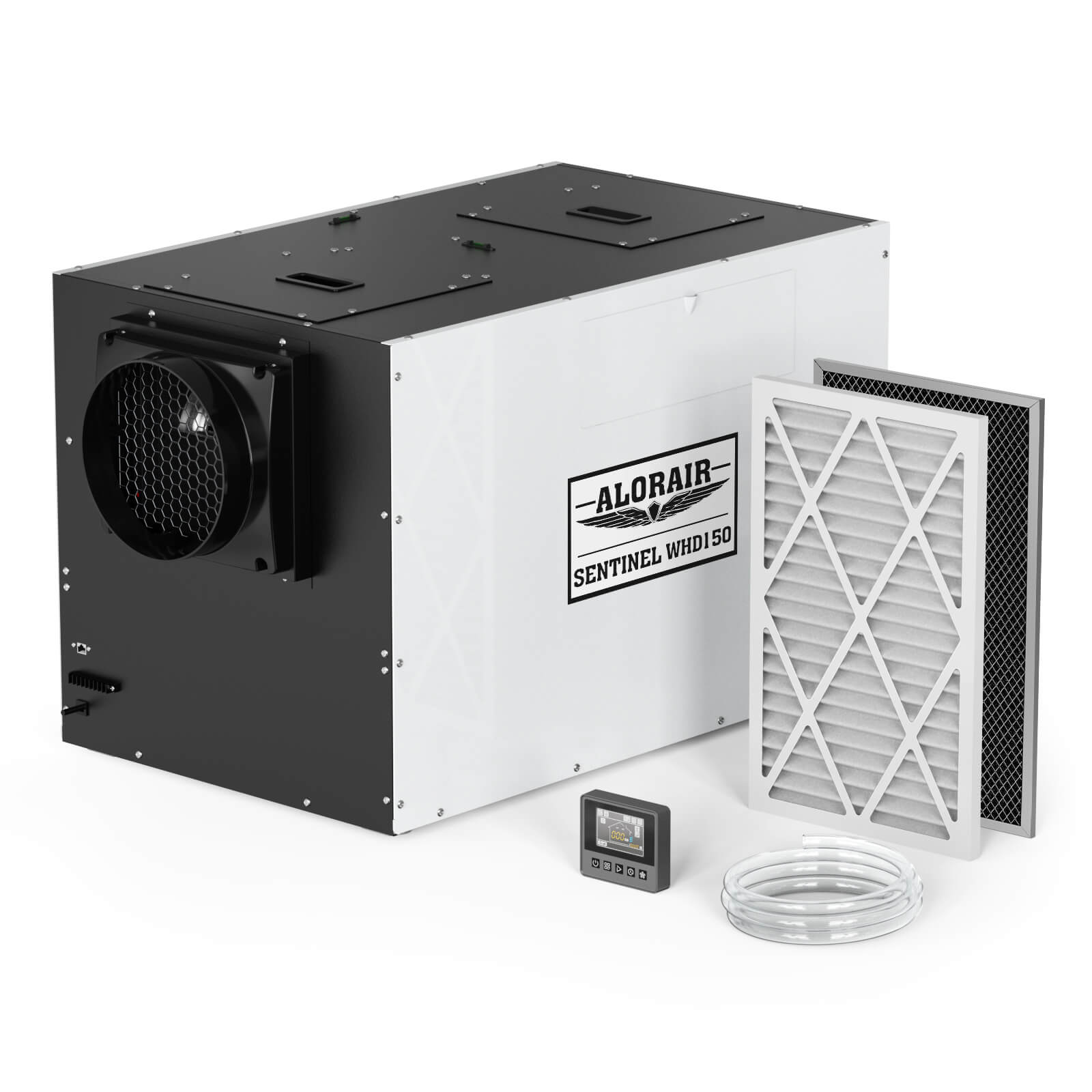
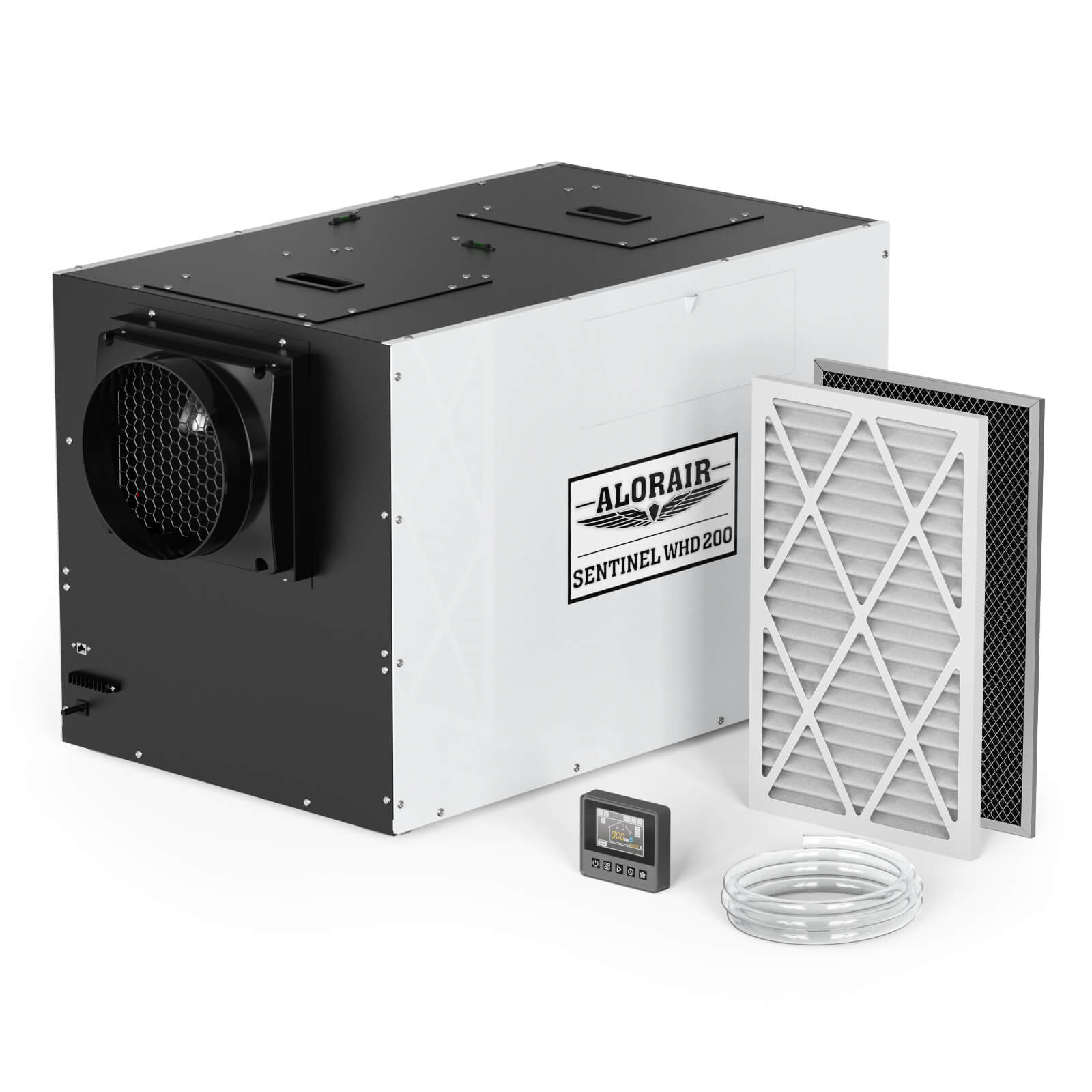
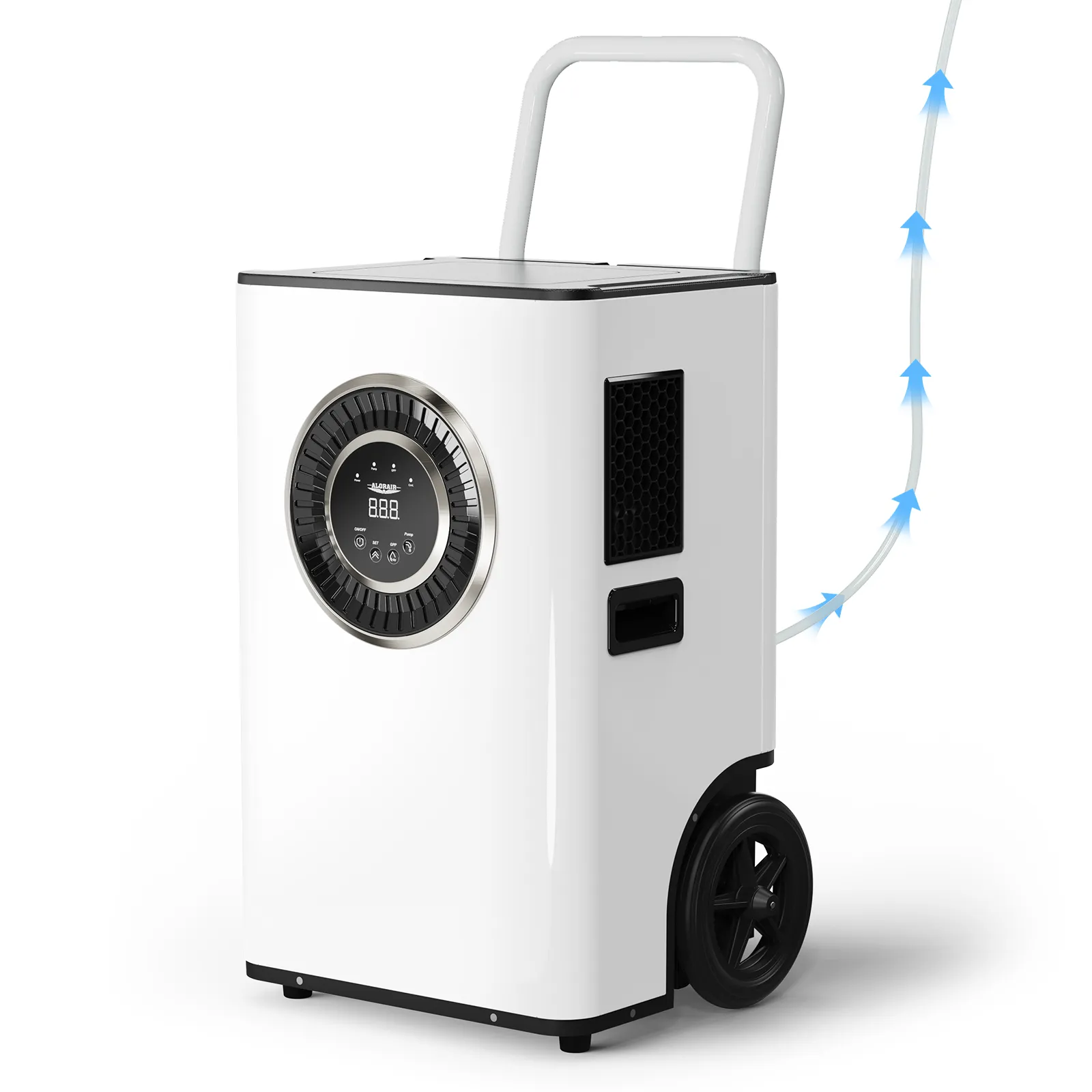
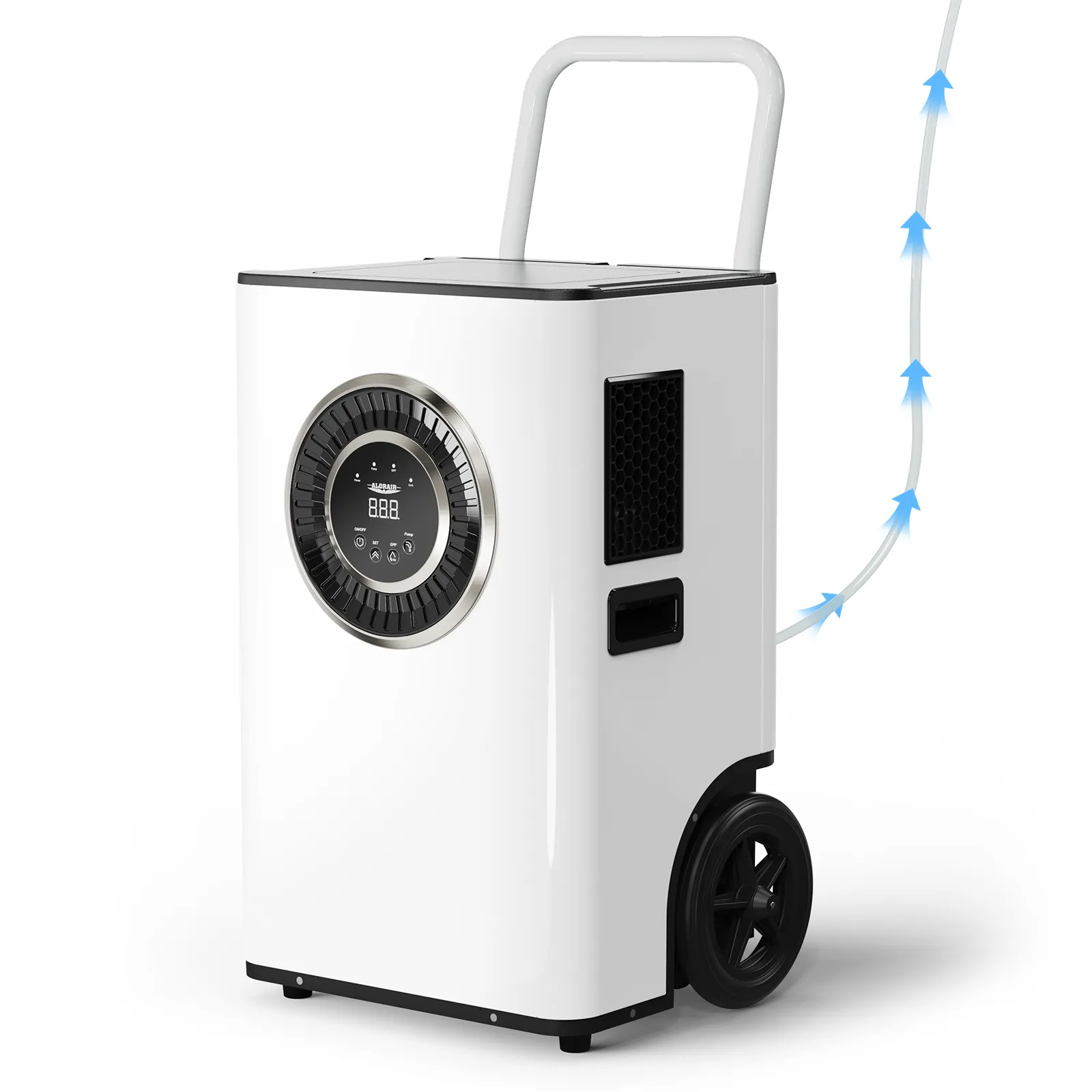
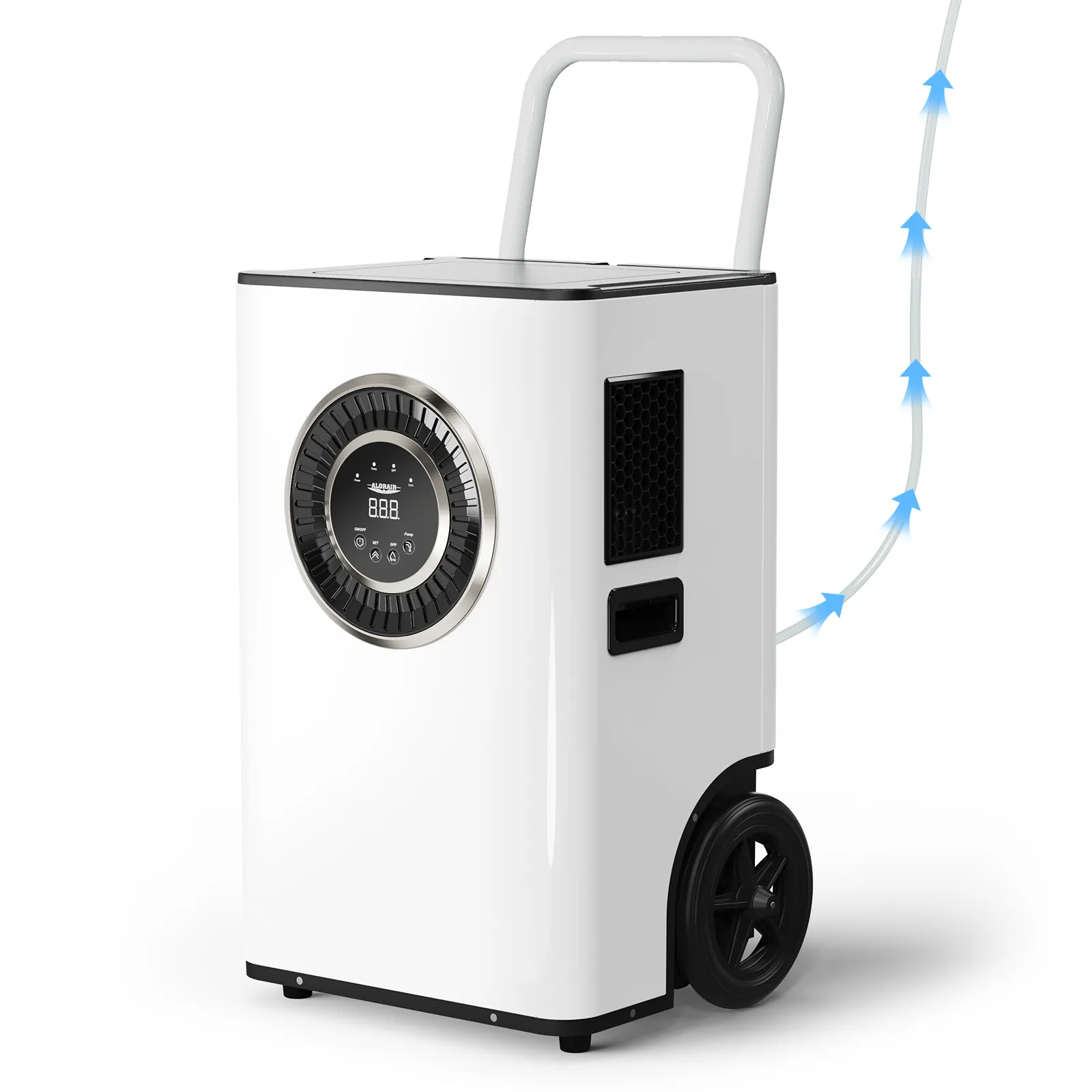
.jpg)
.jpg)
.jpg)
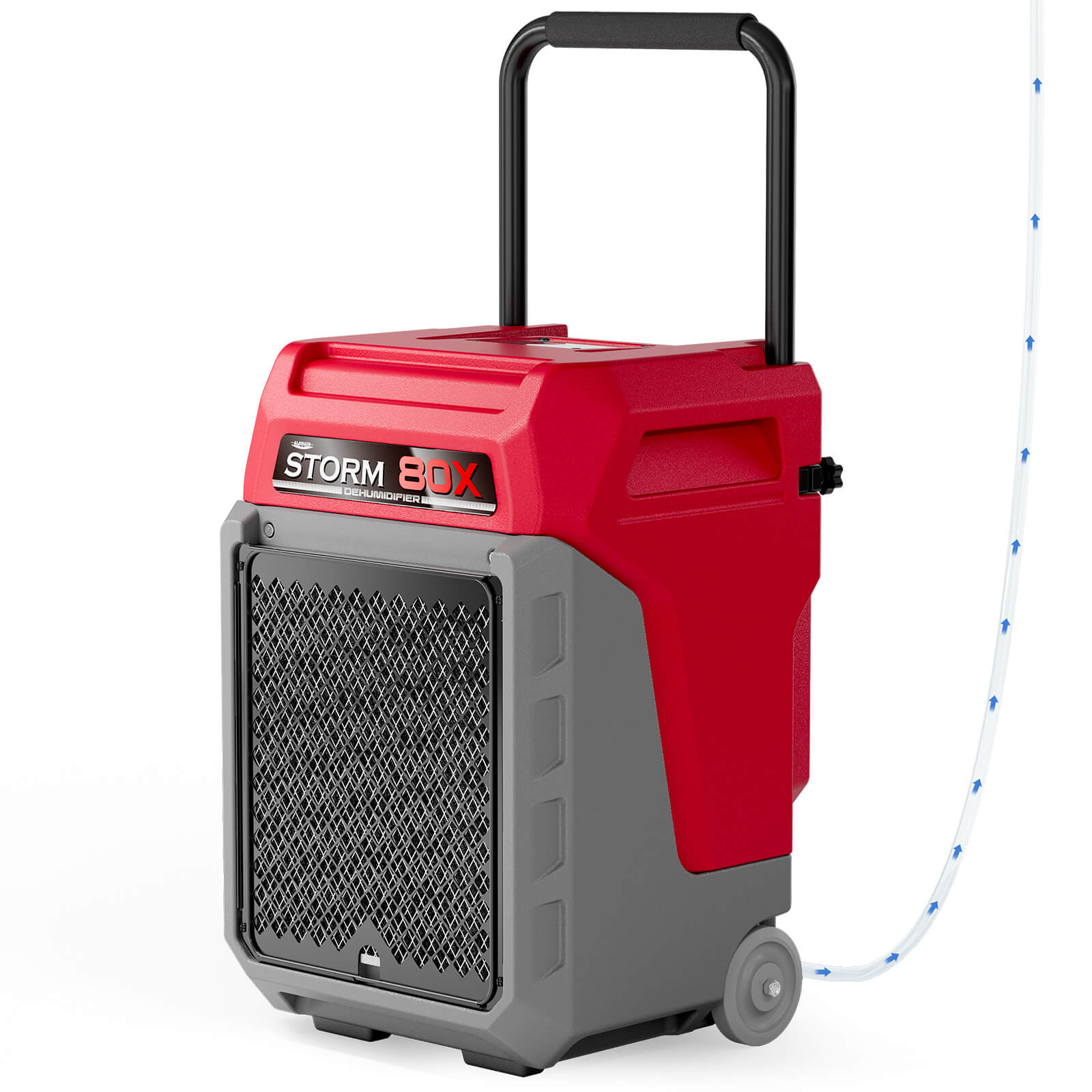
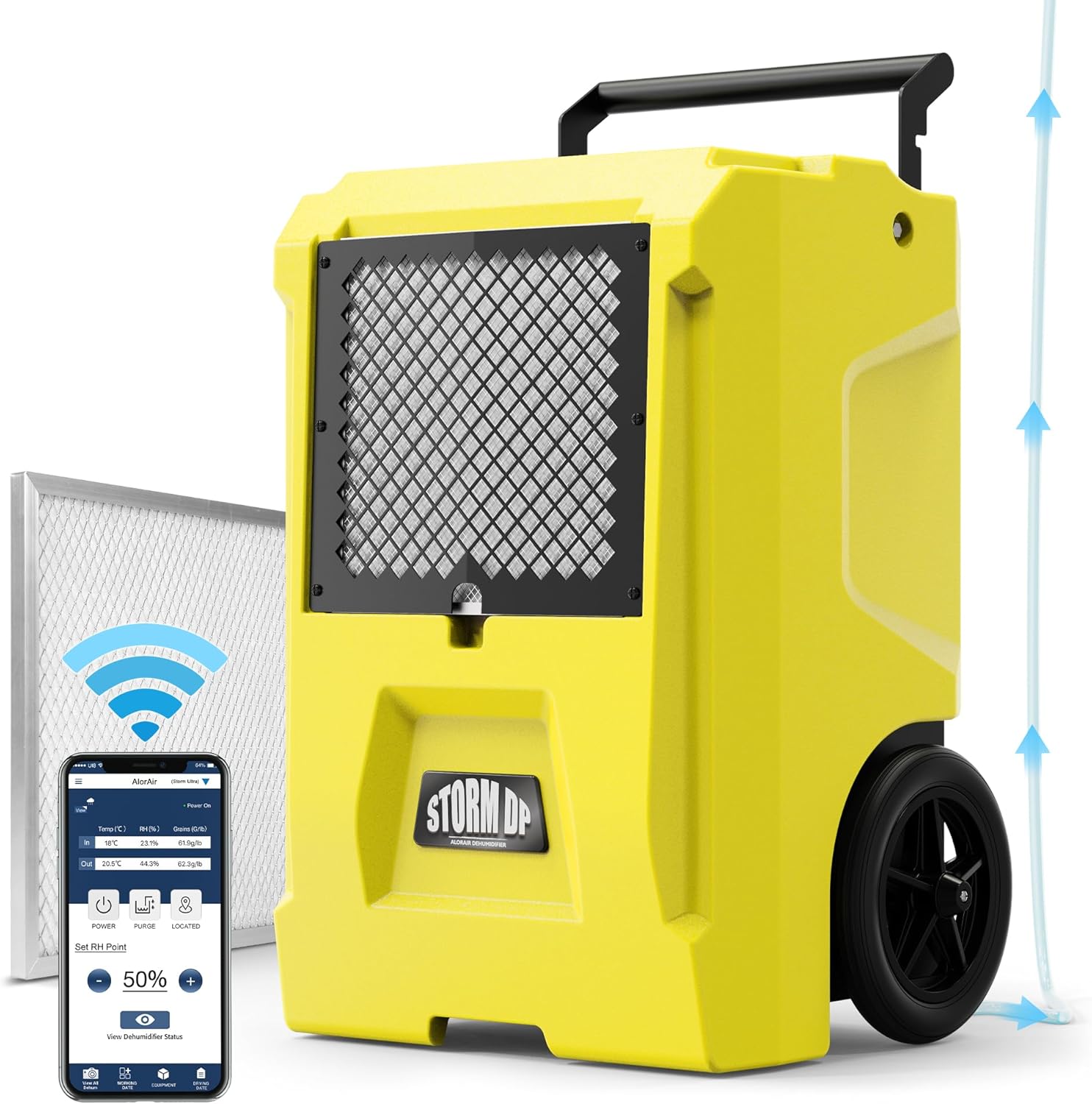
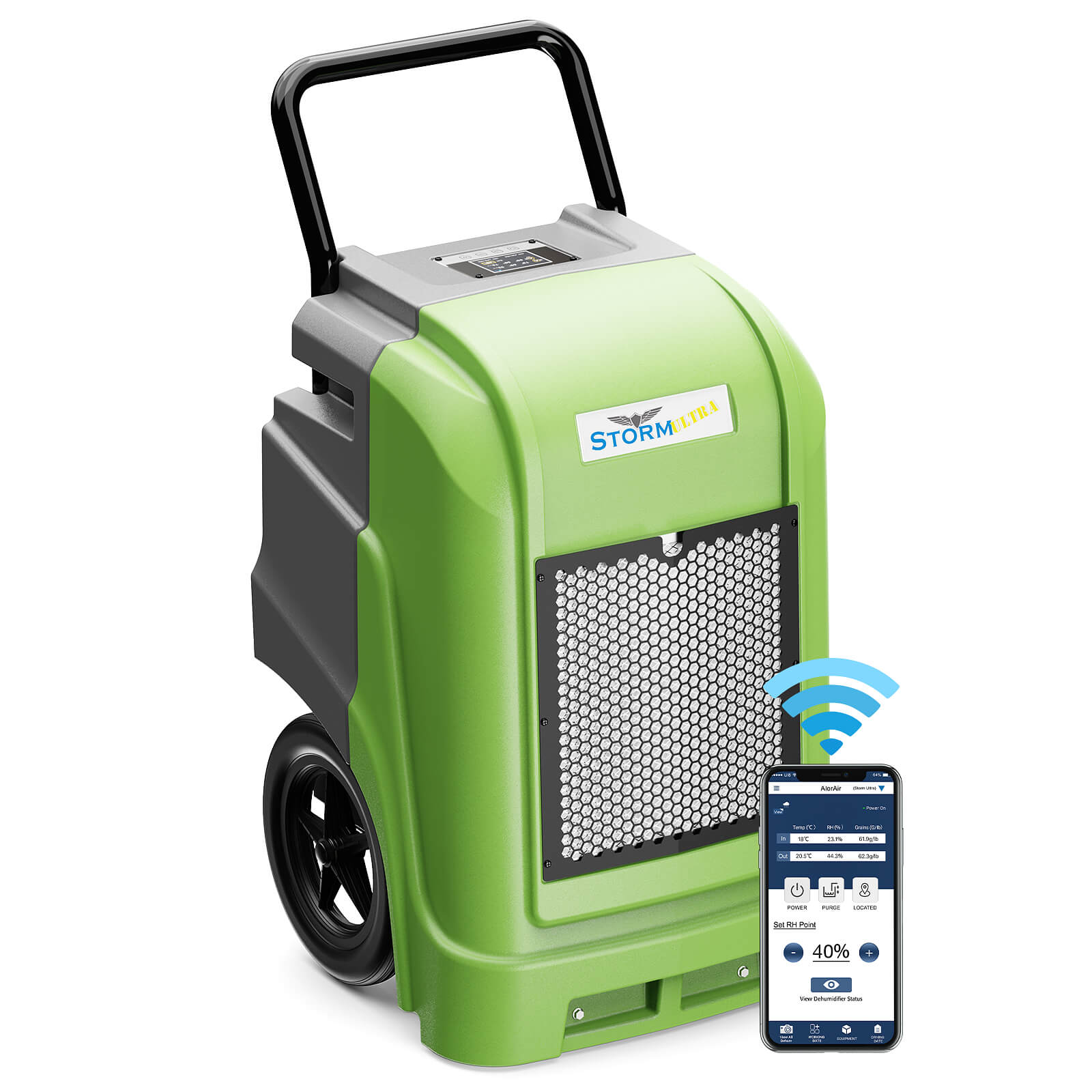
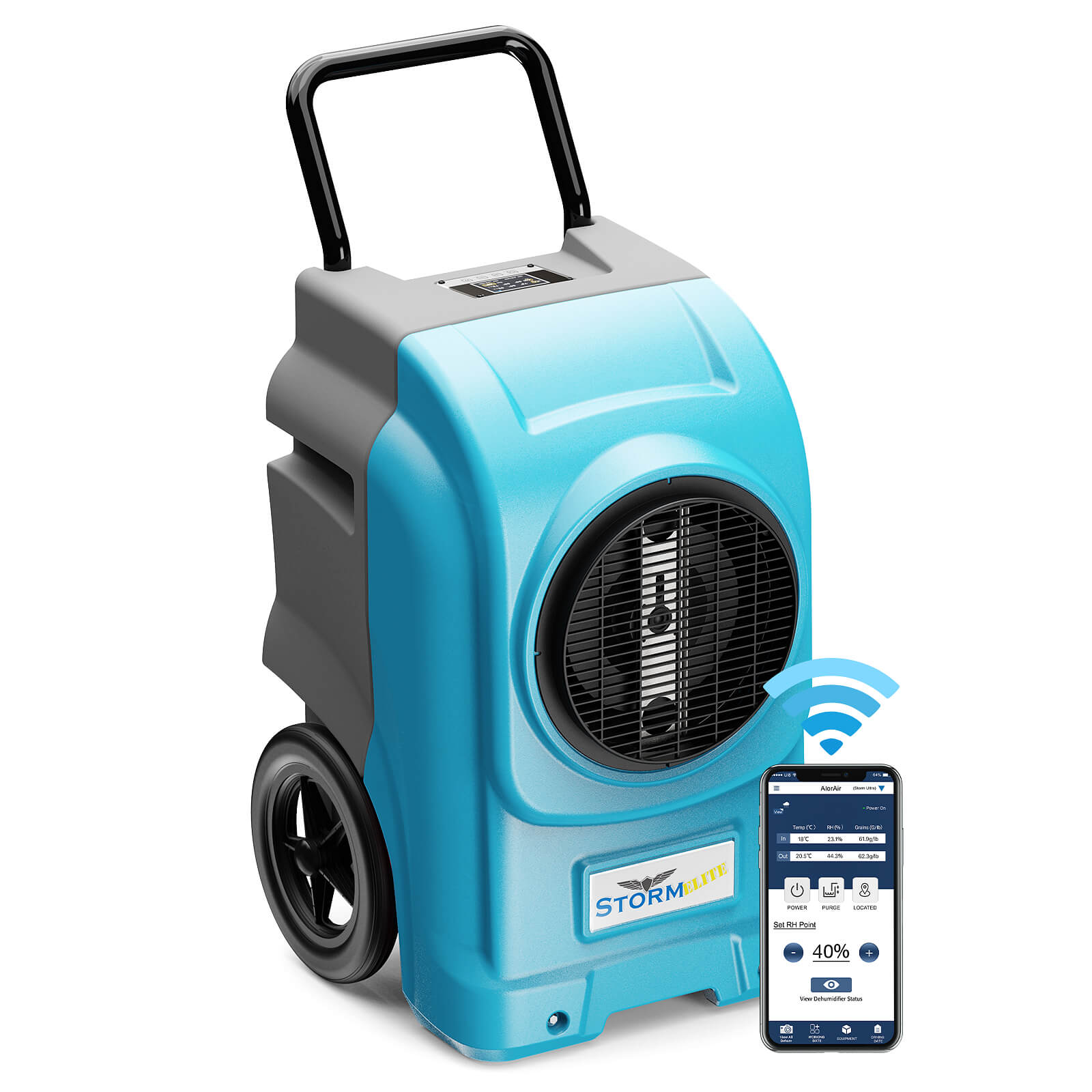
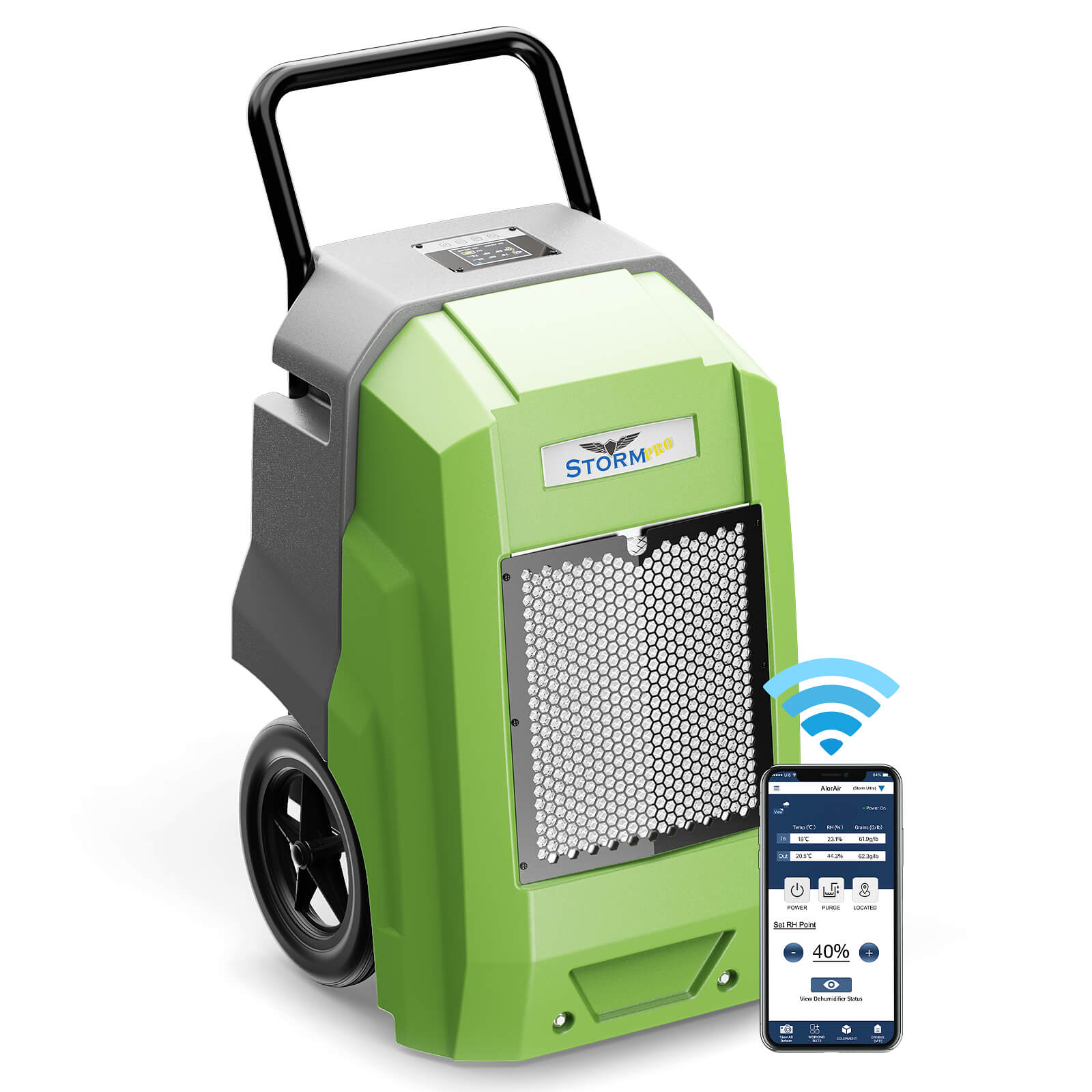
.jpg)
.jpg)
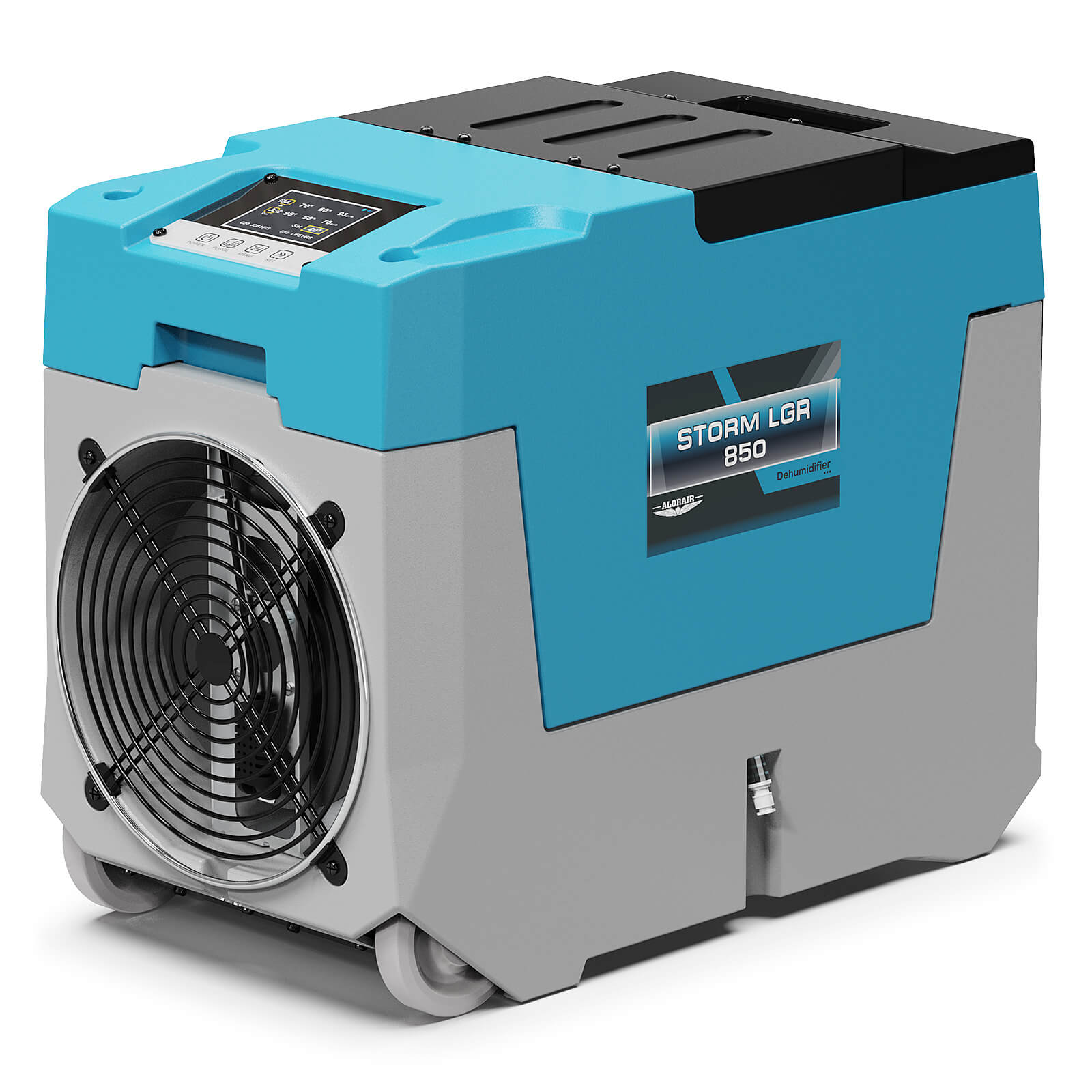
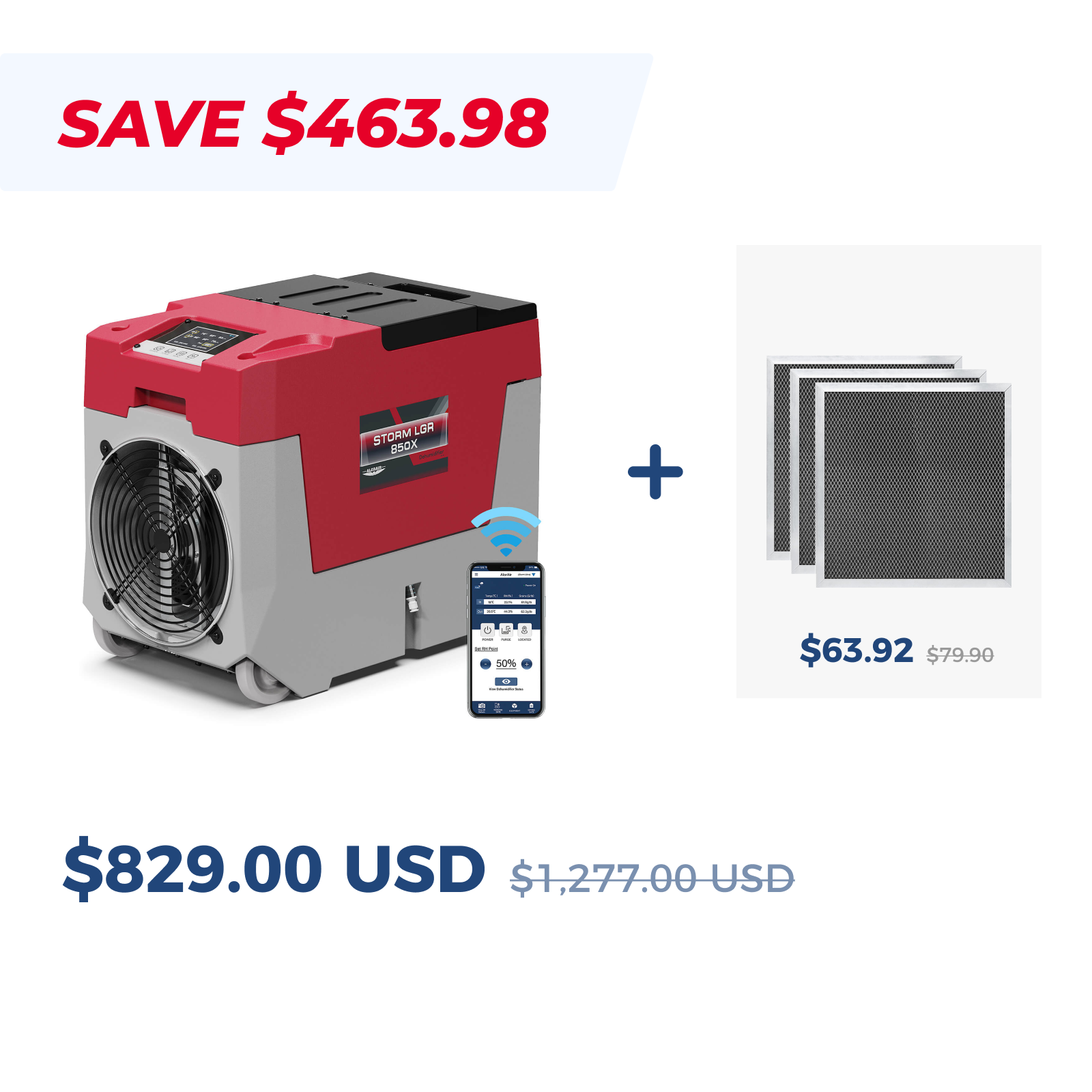
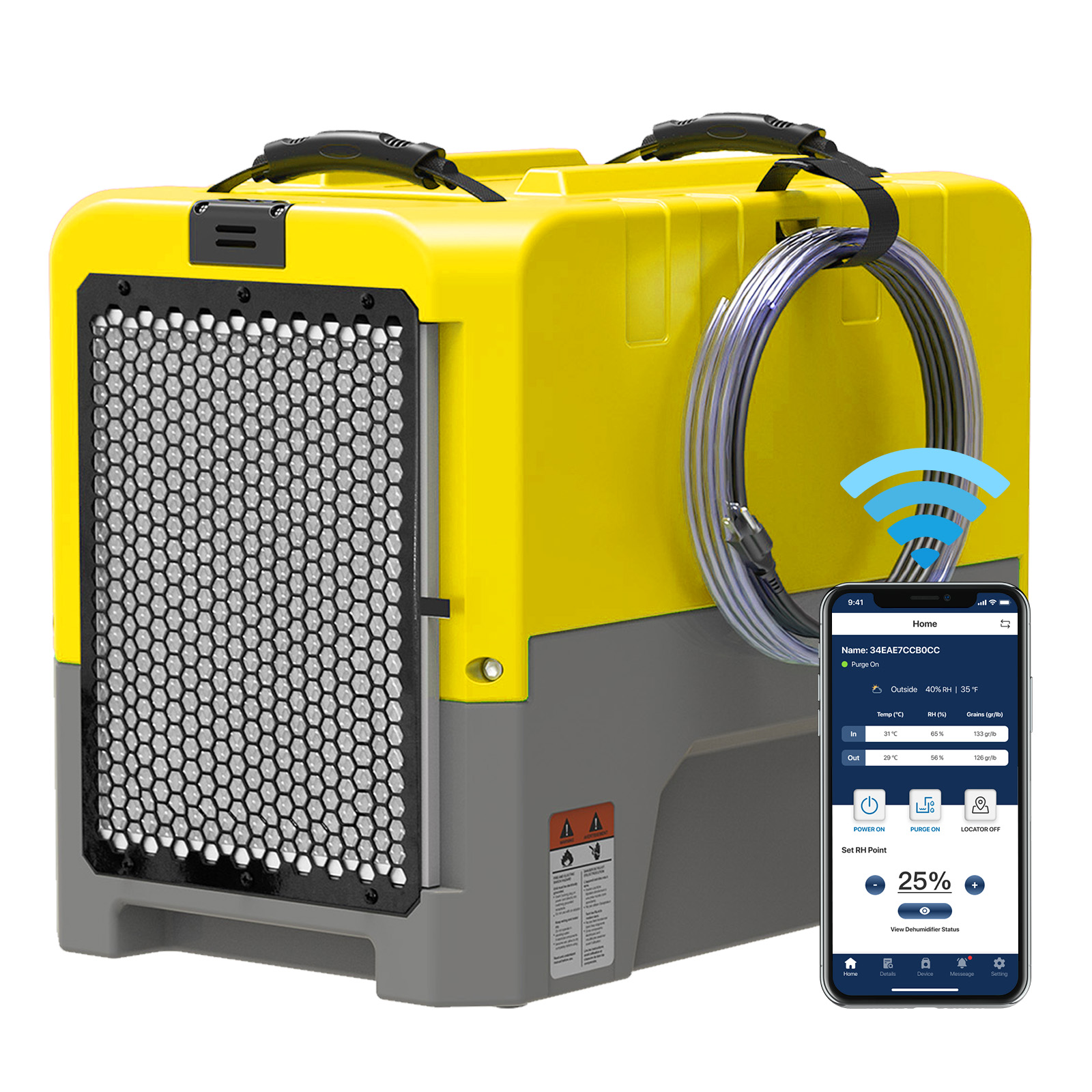
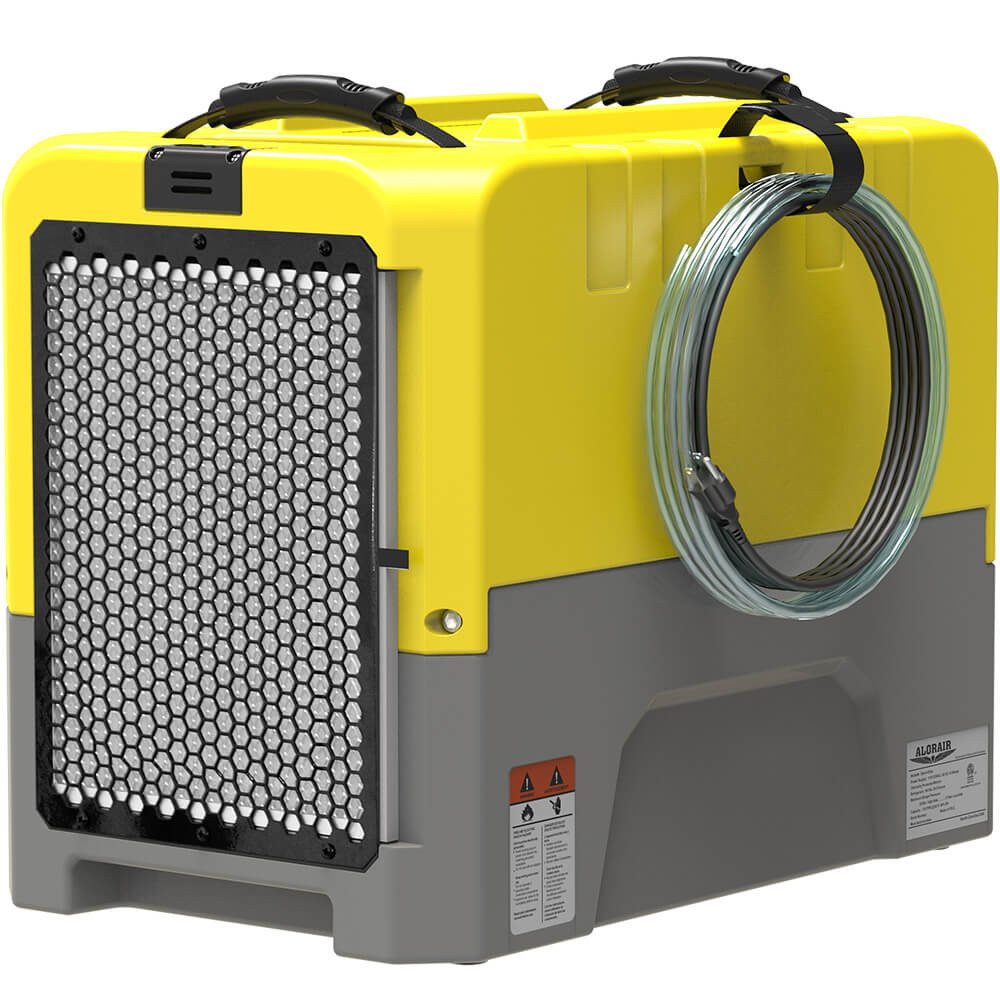
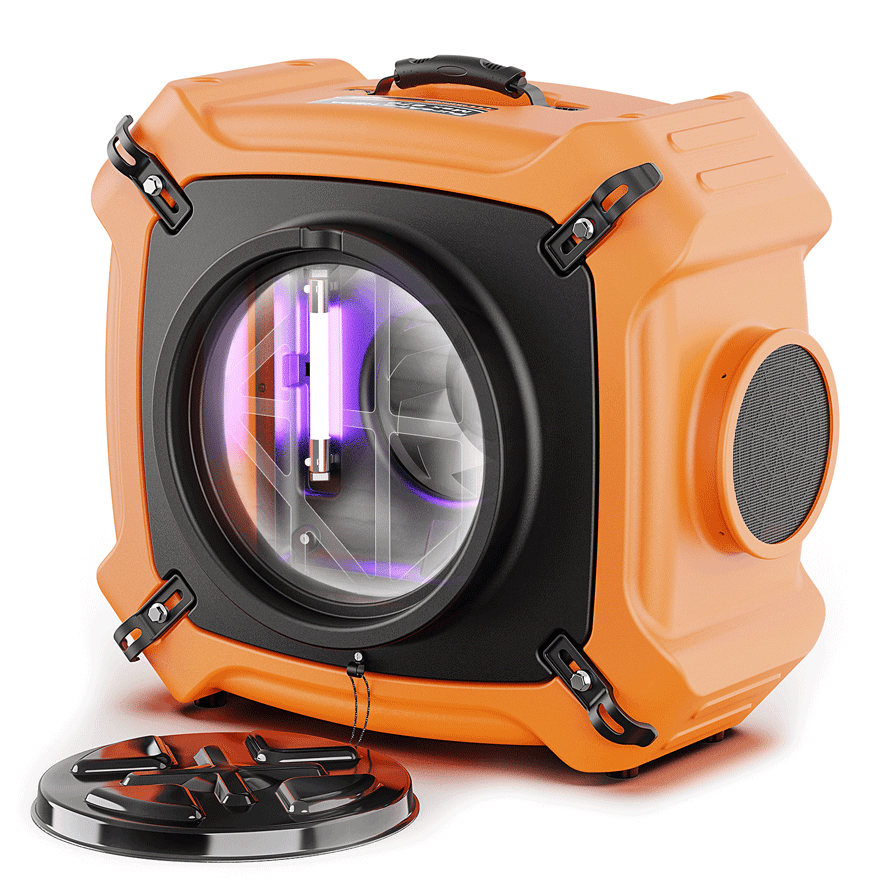
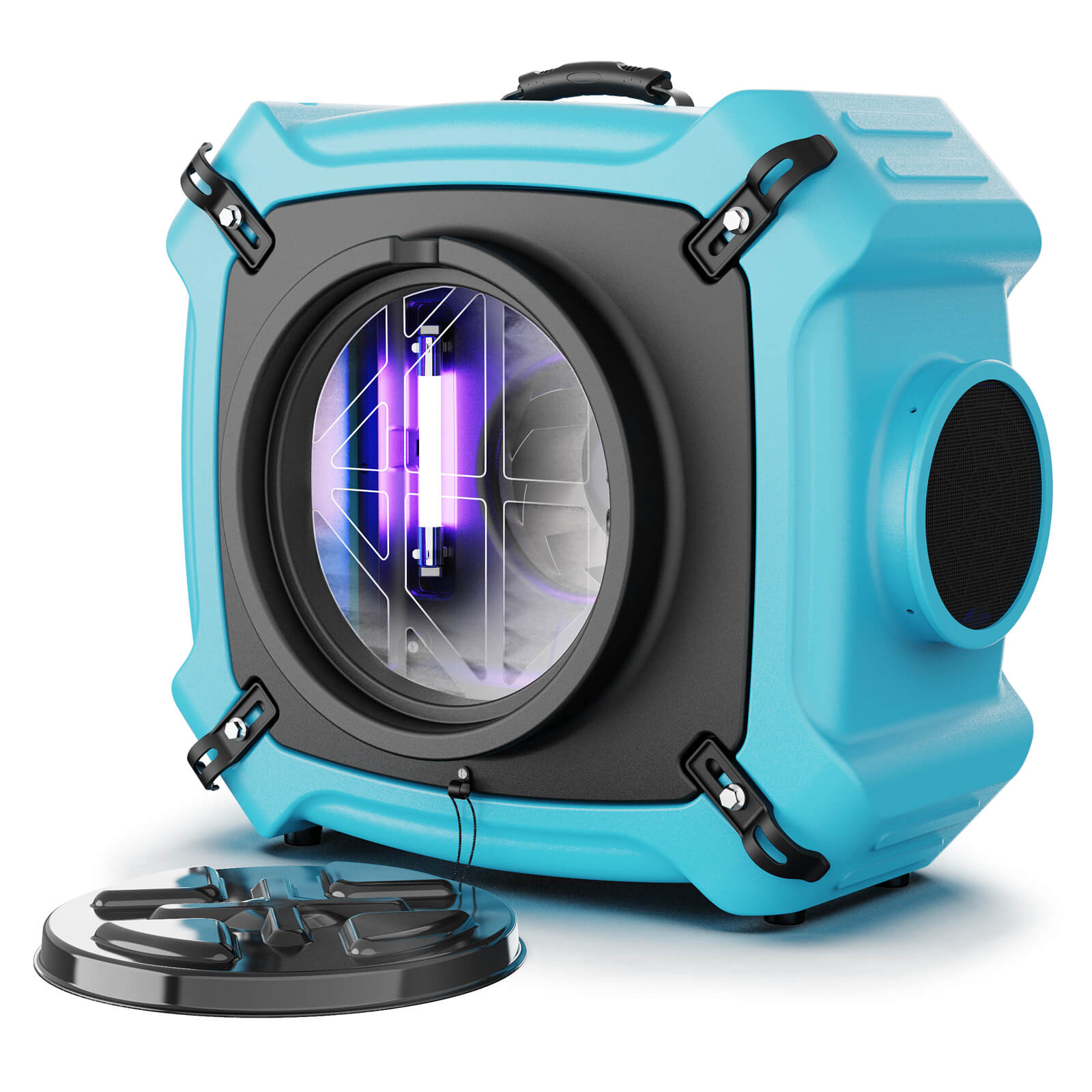
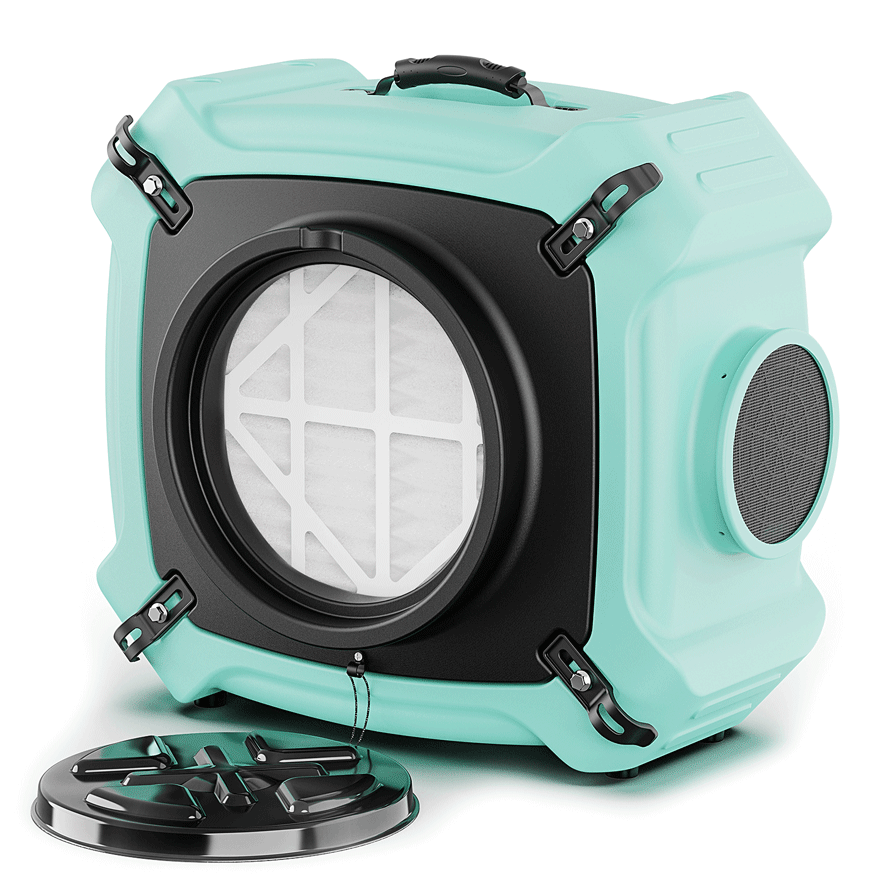
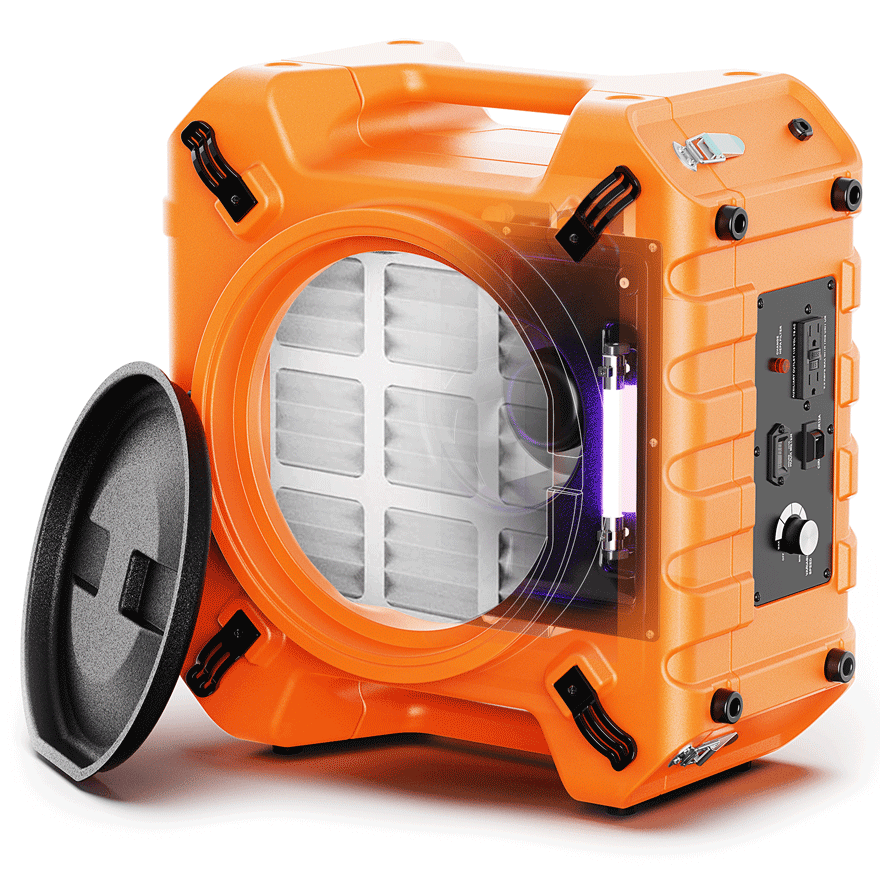
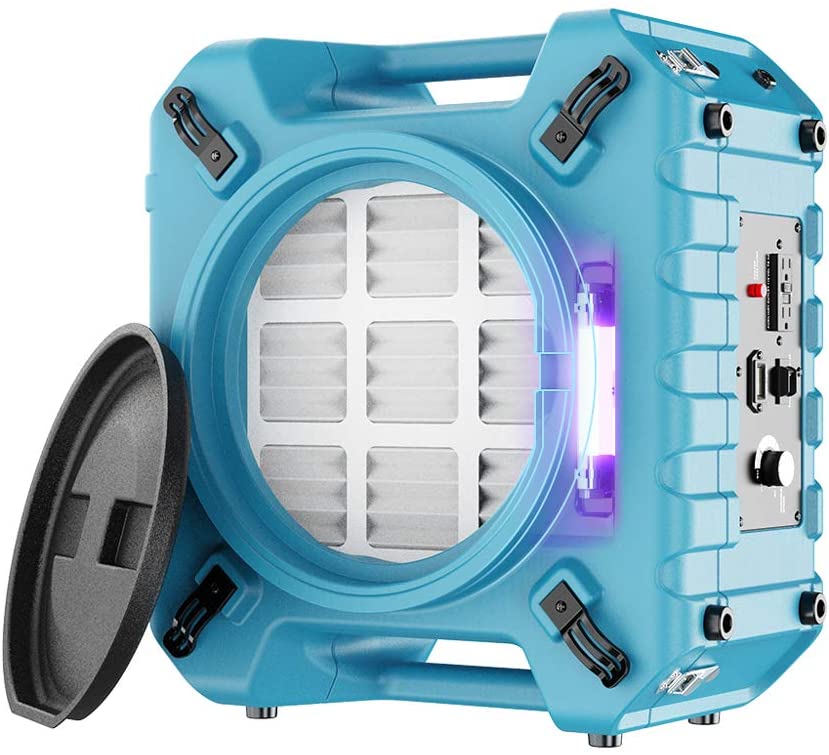
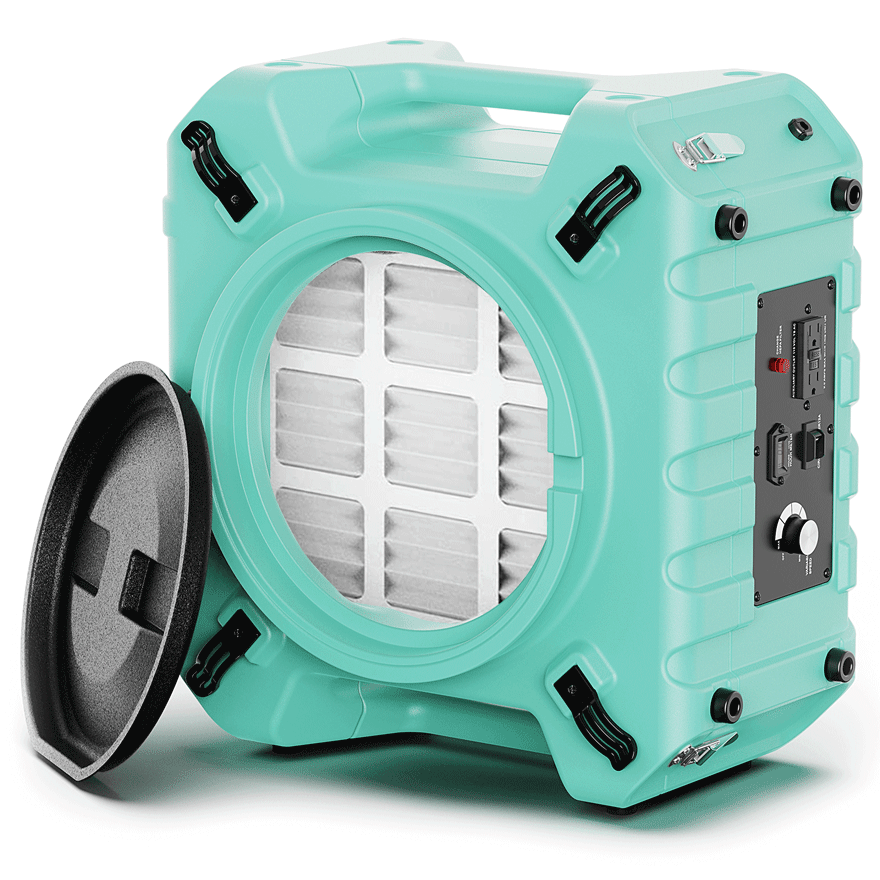
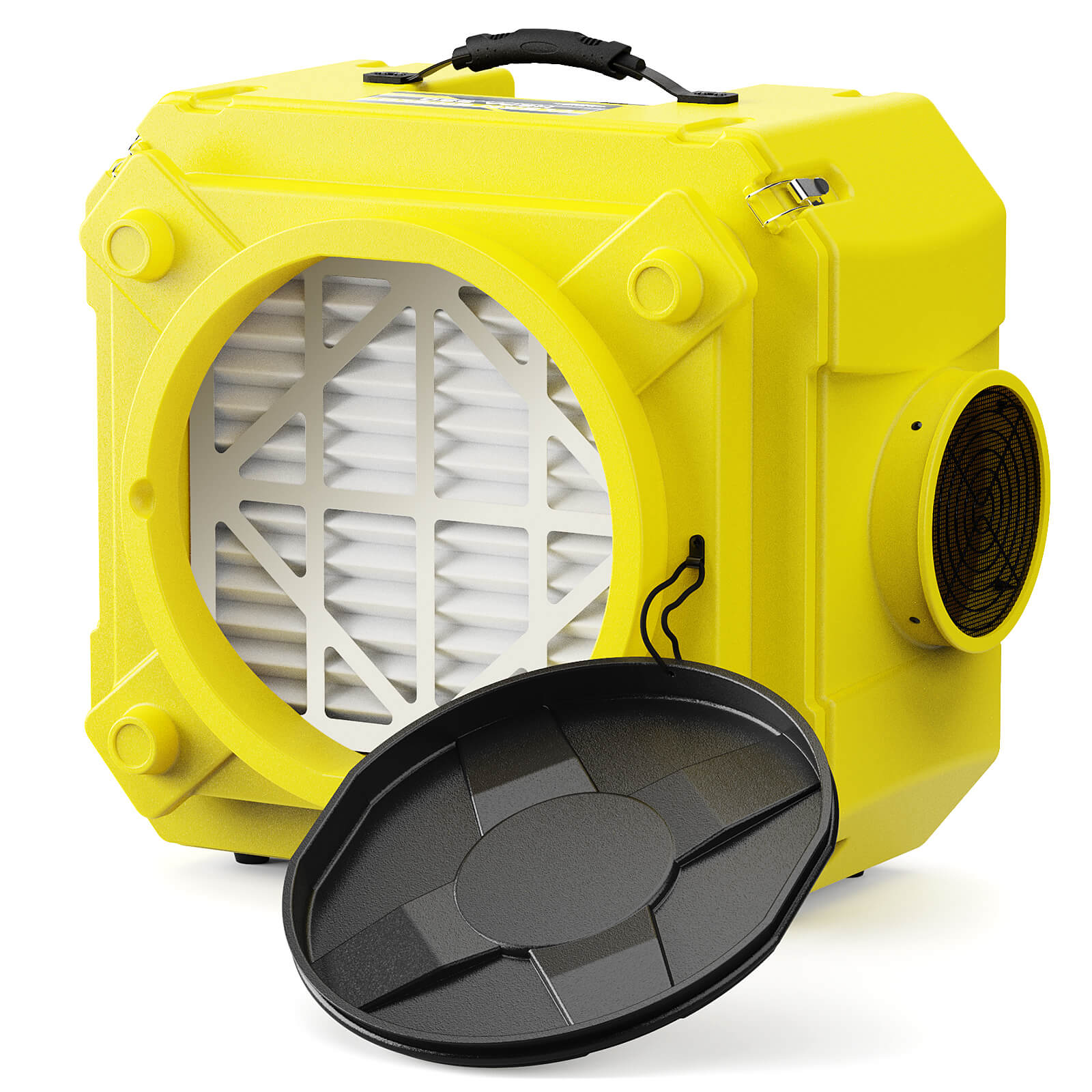
.jpg)
.jpg)
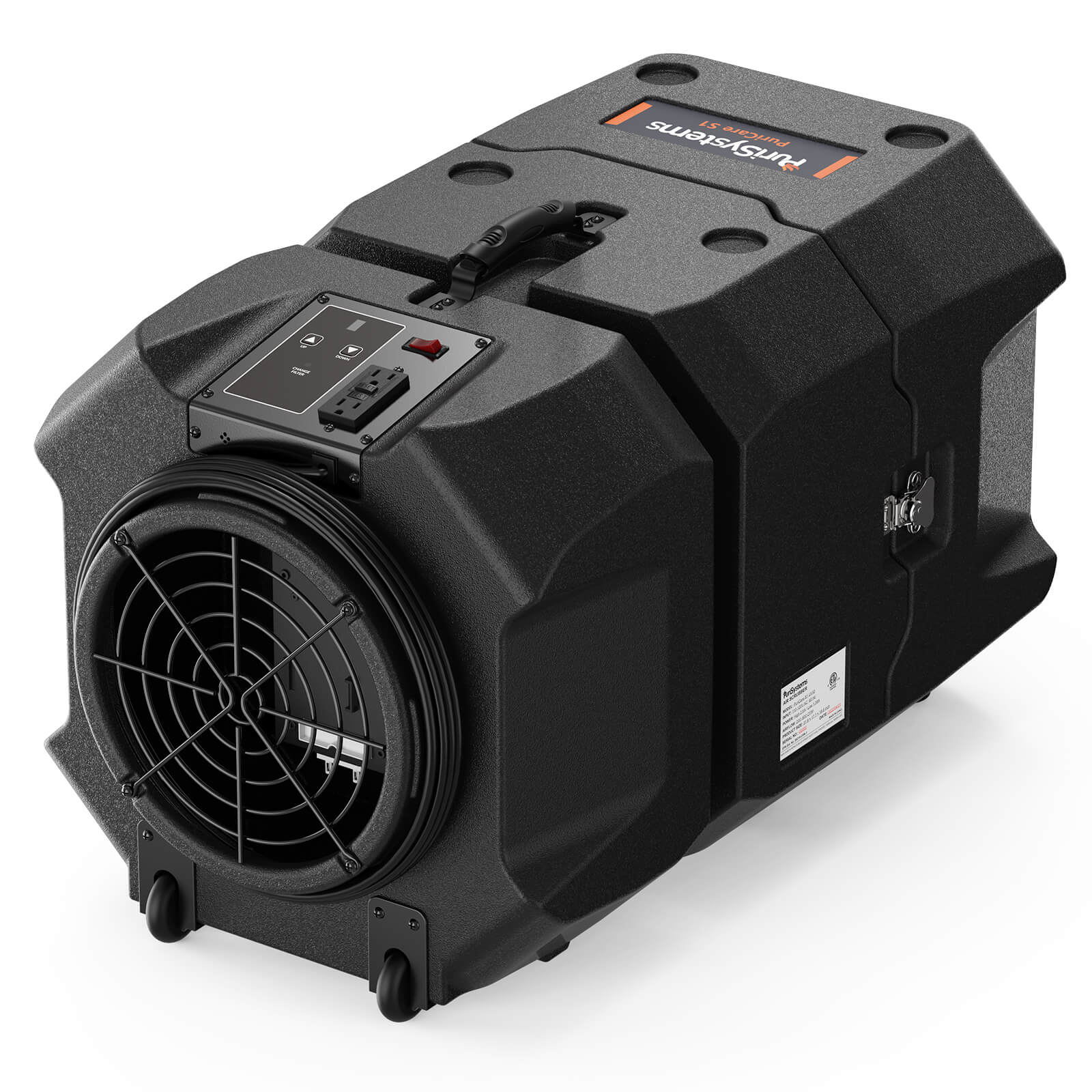
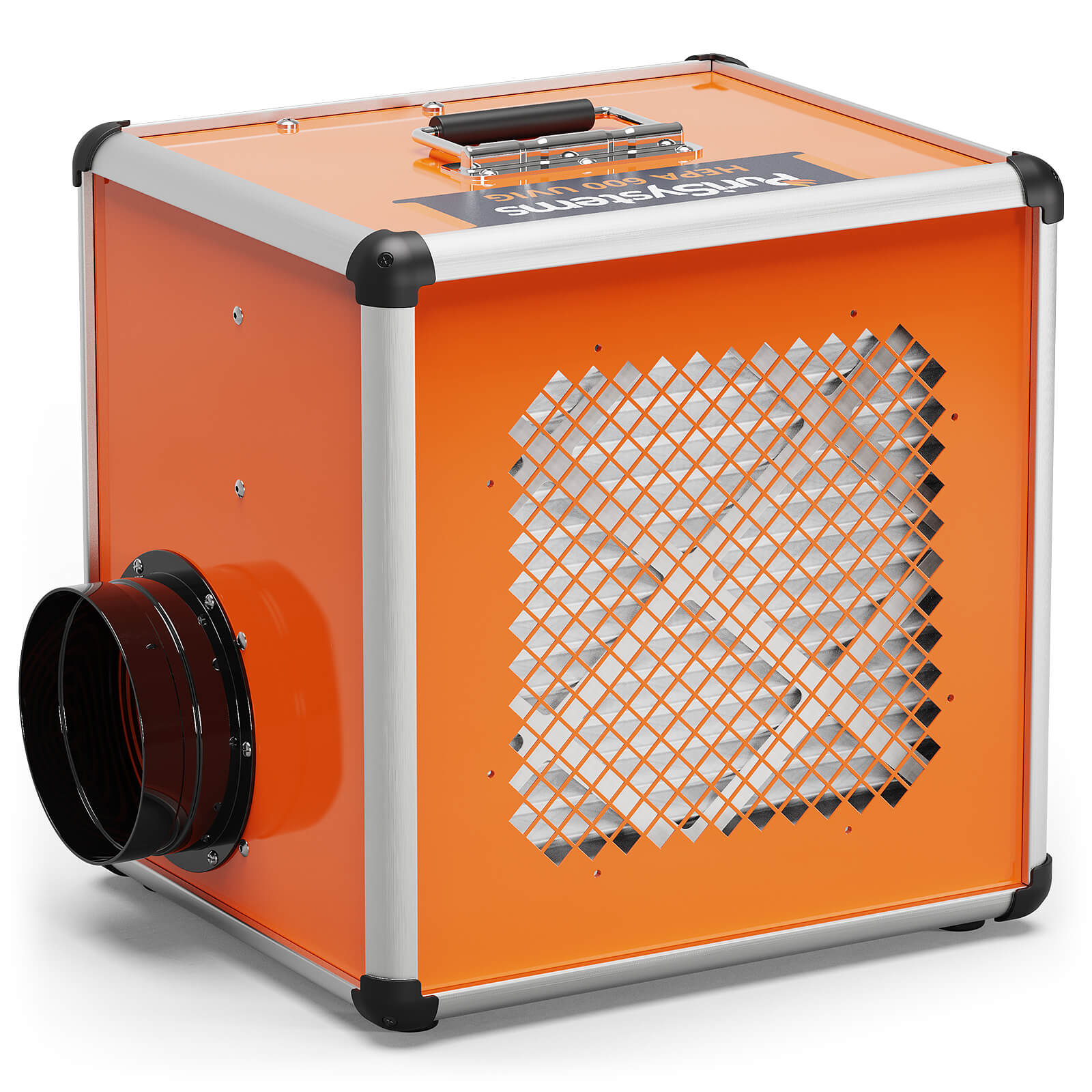
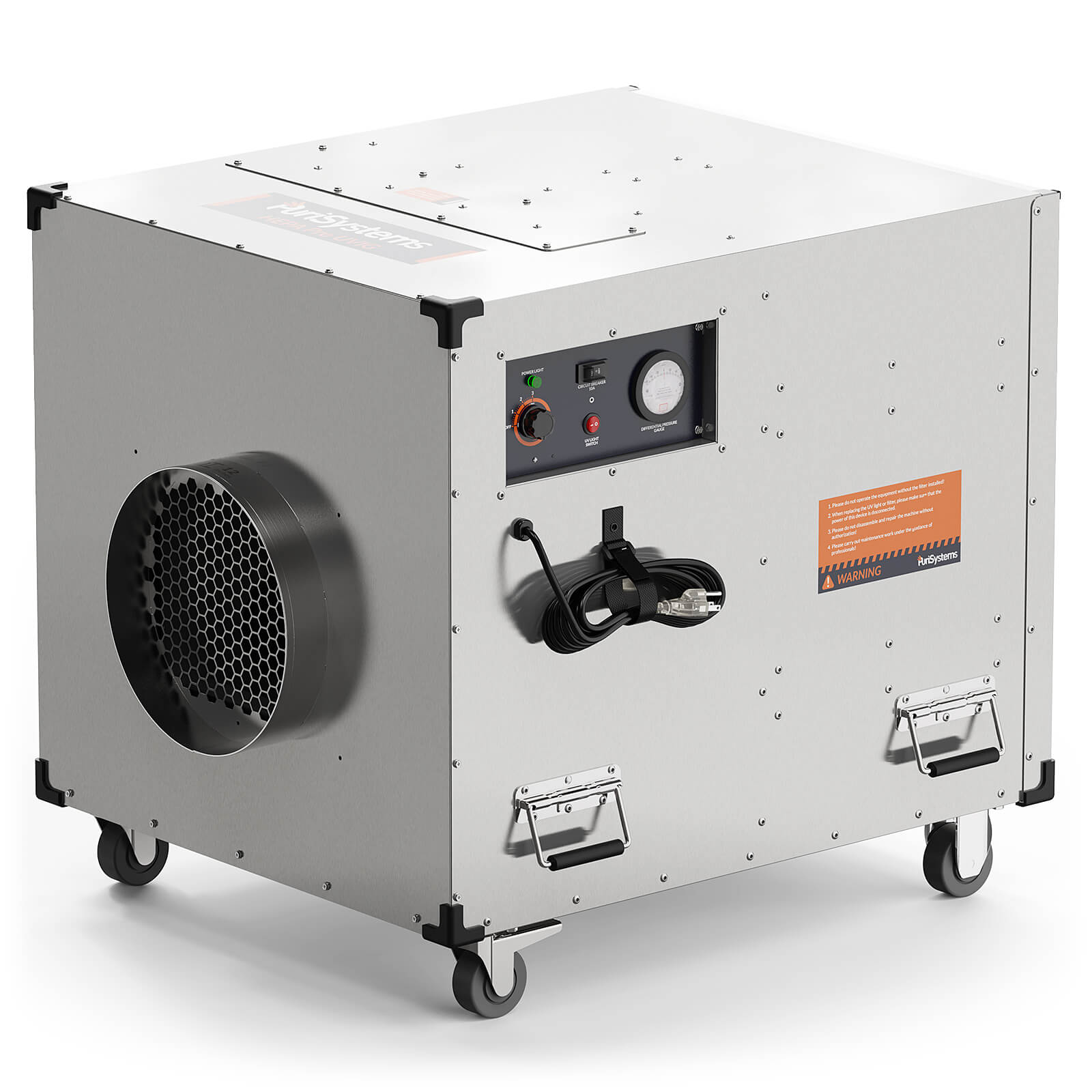
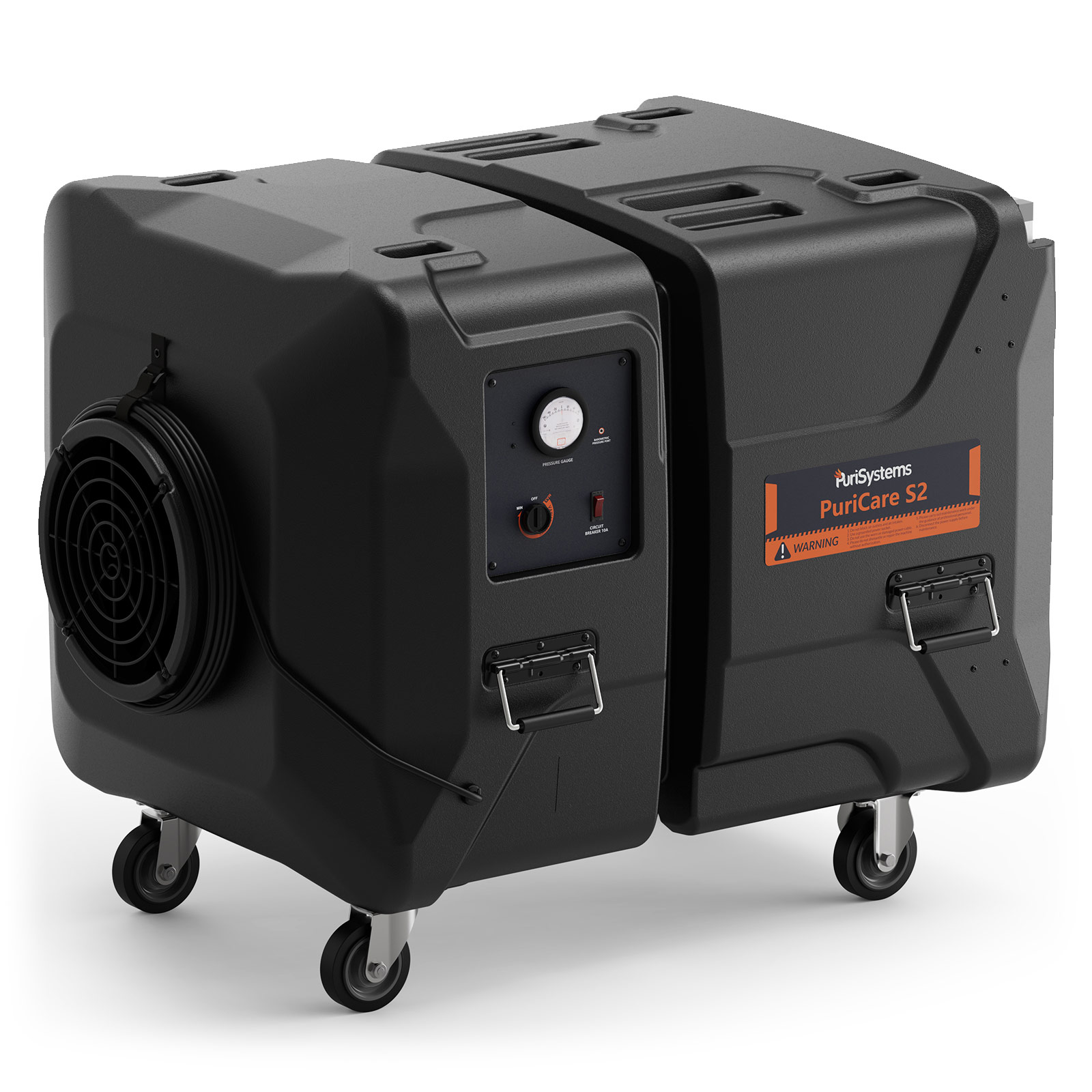
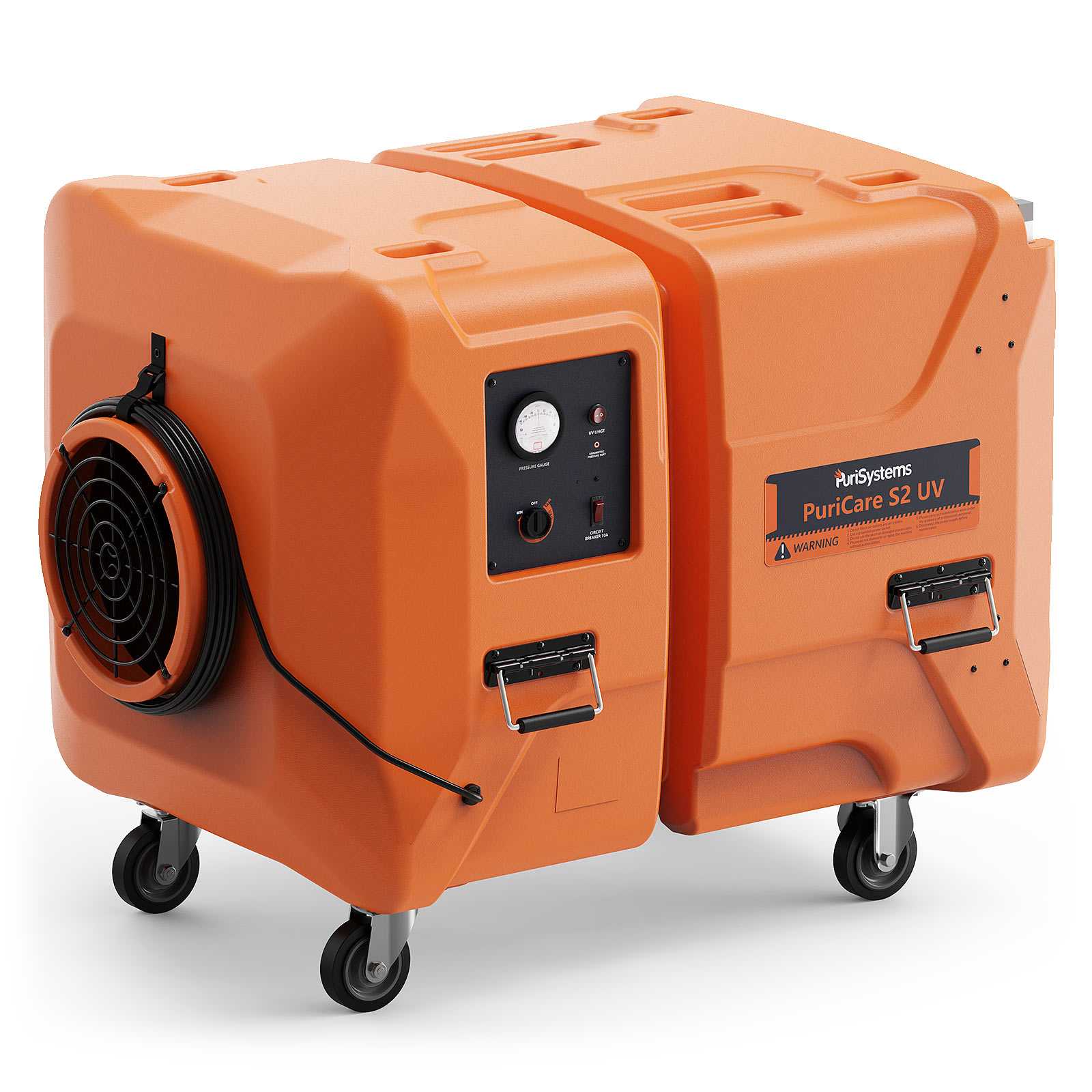
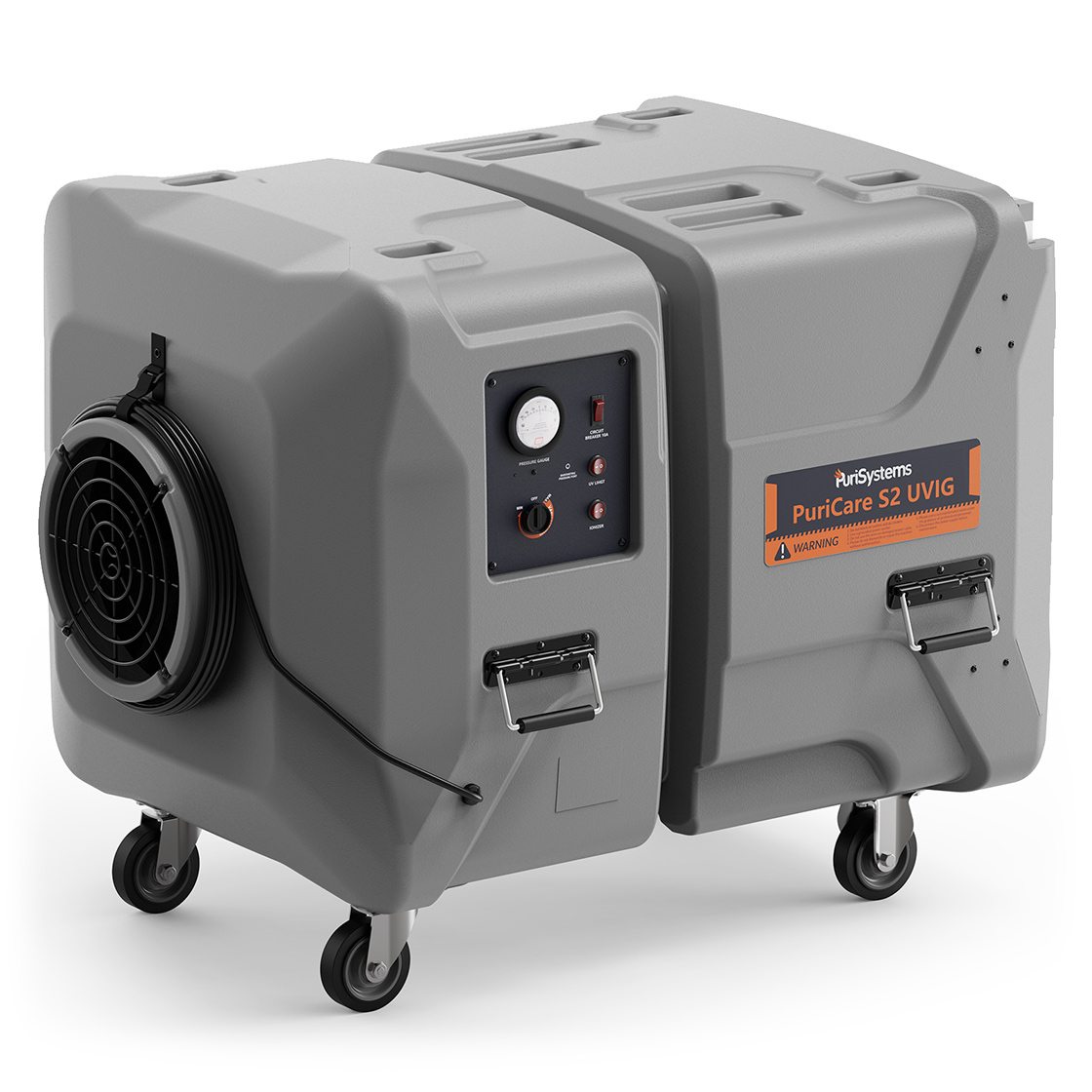
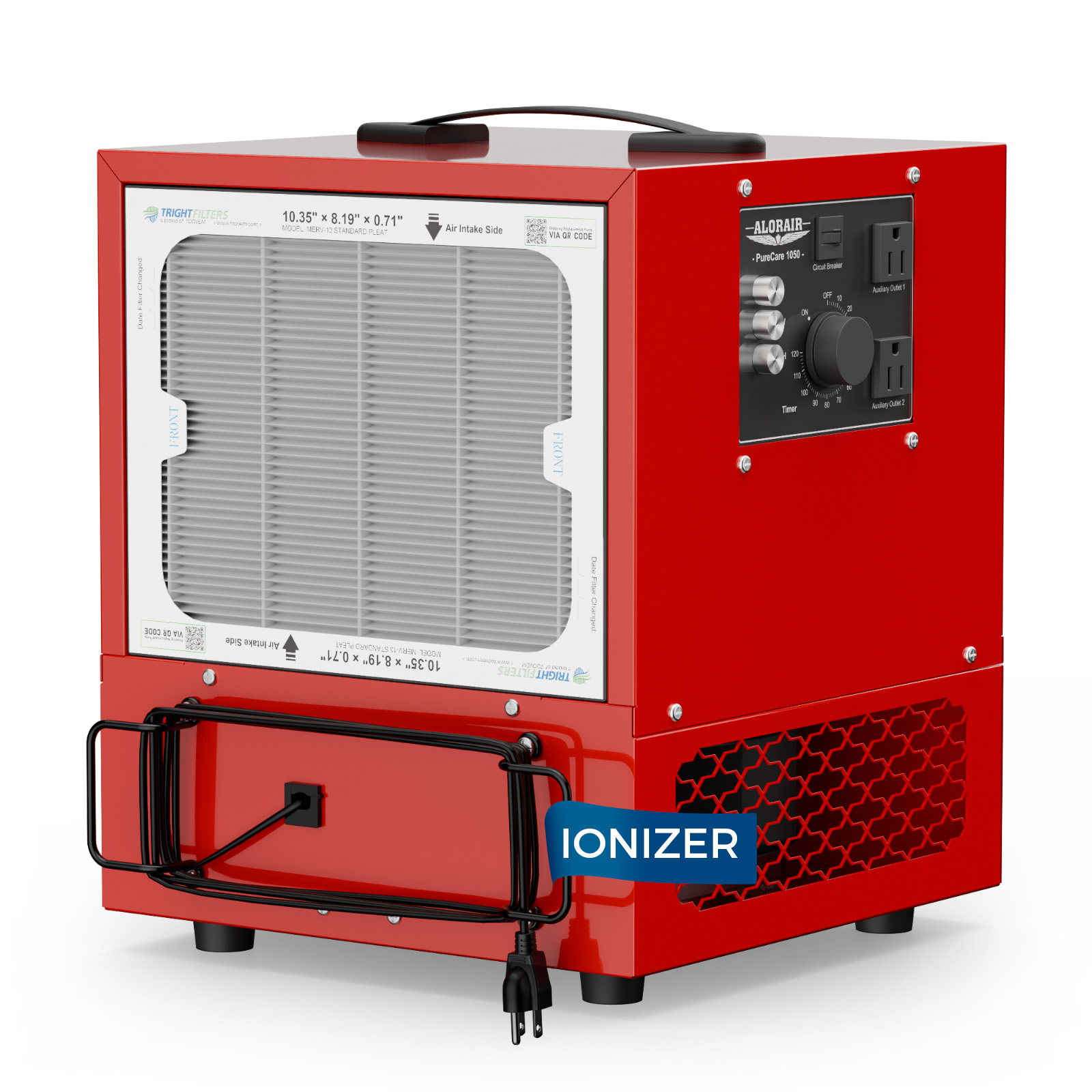
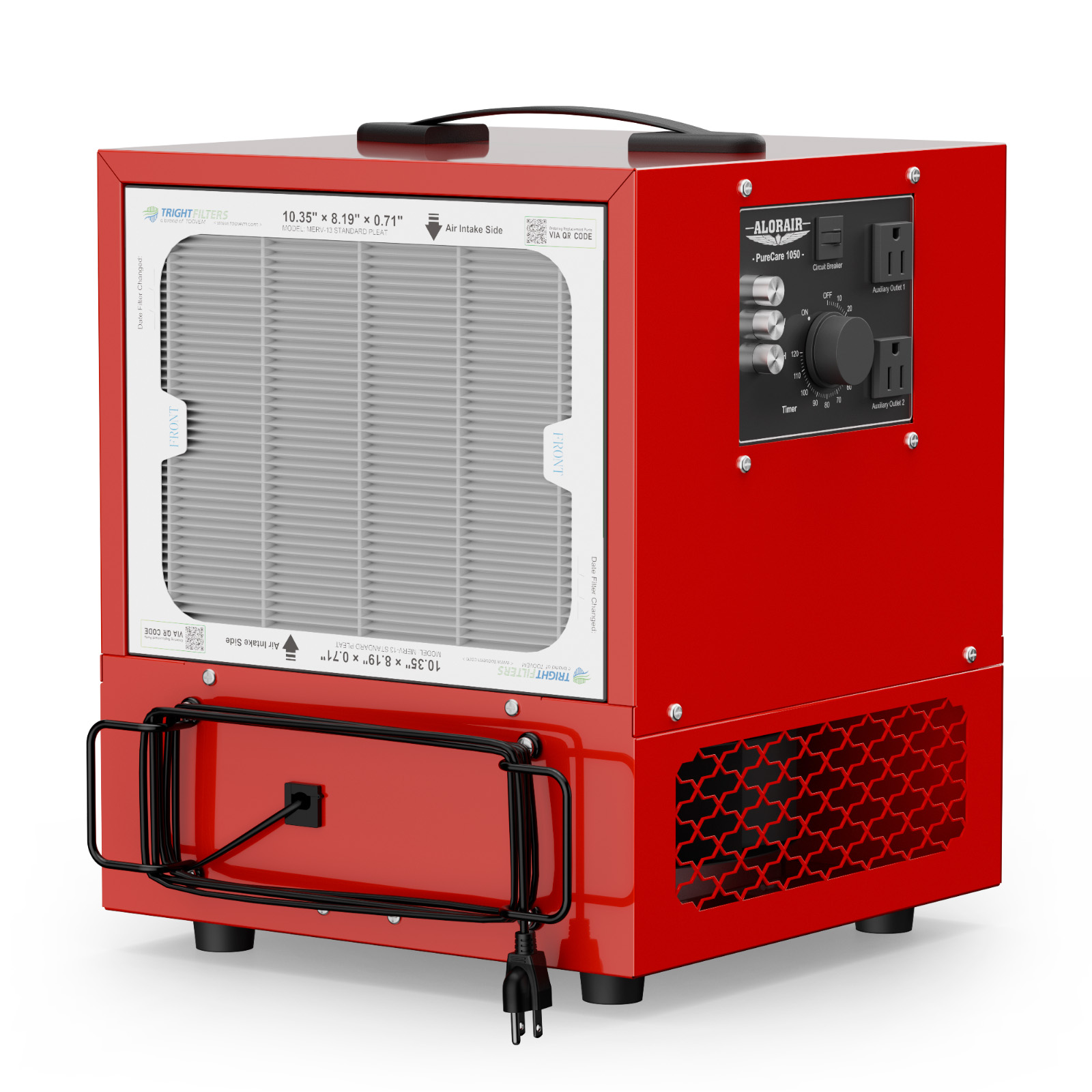
.jpg)
.jpg)
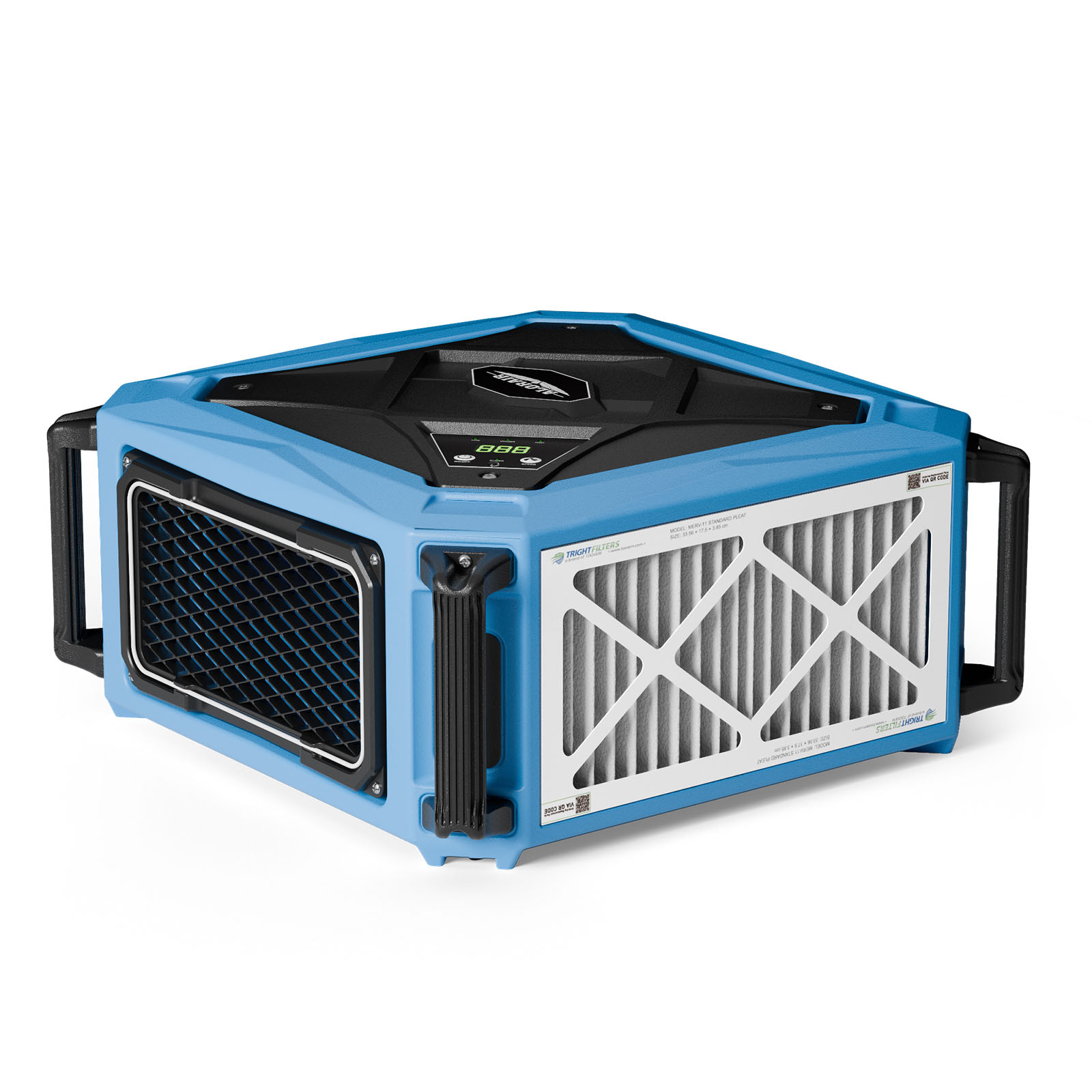
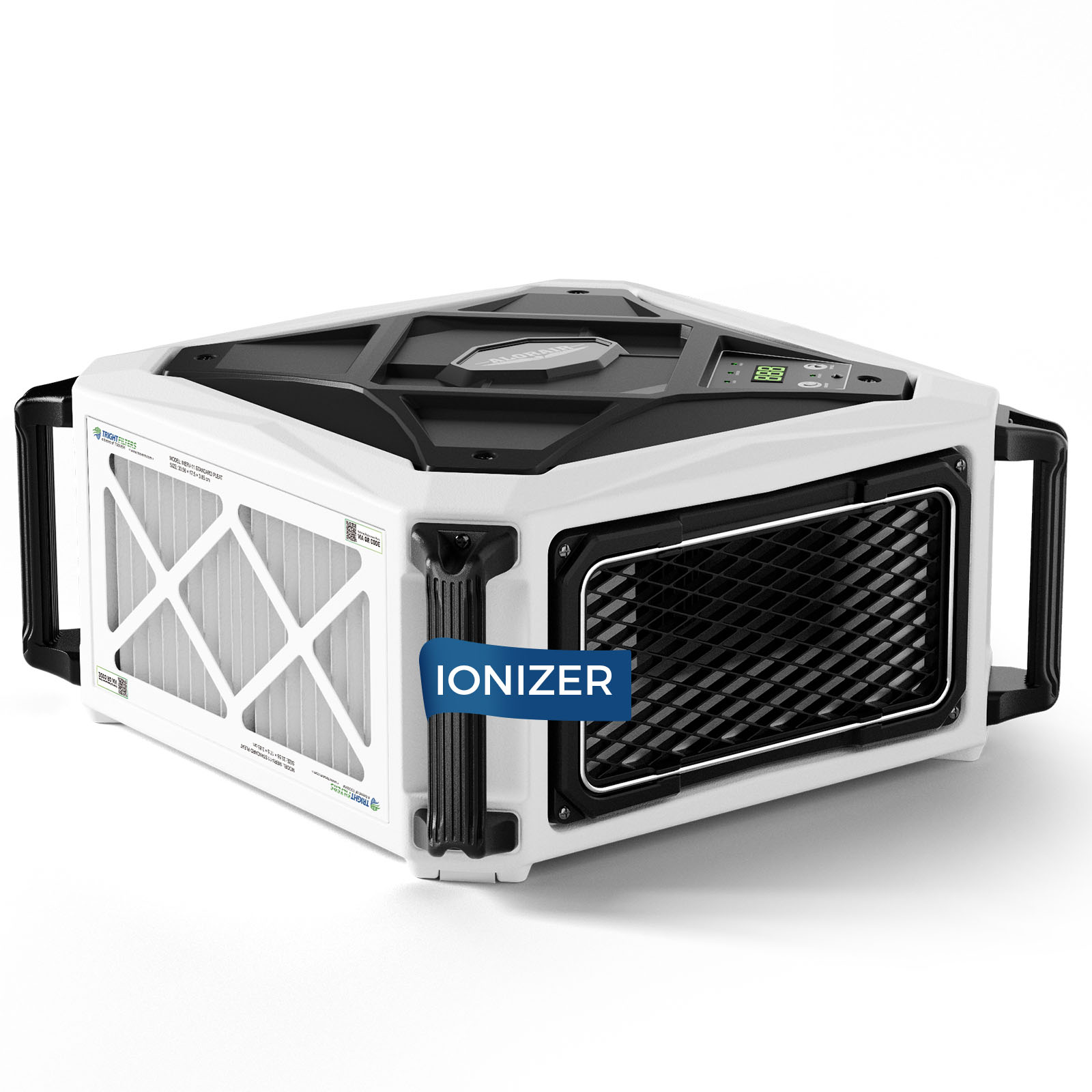
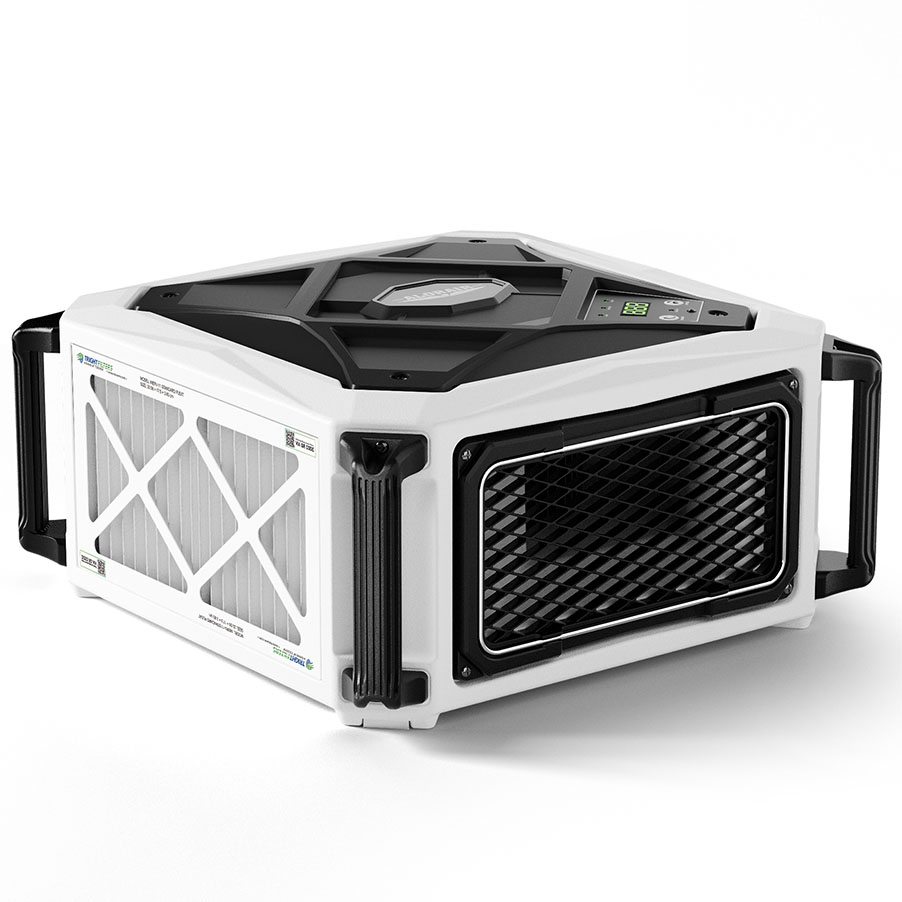
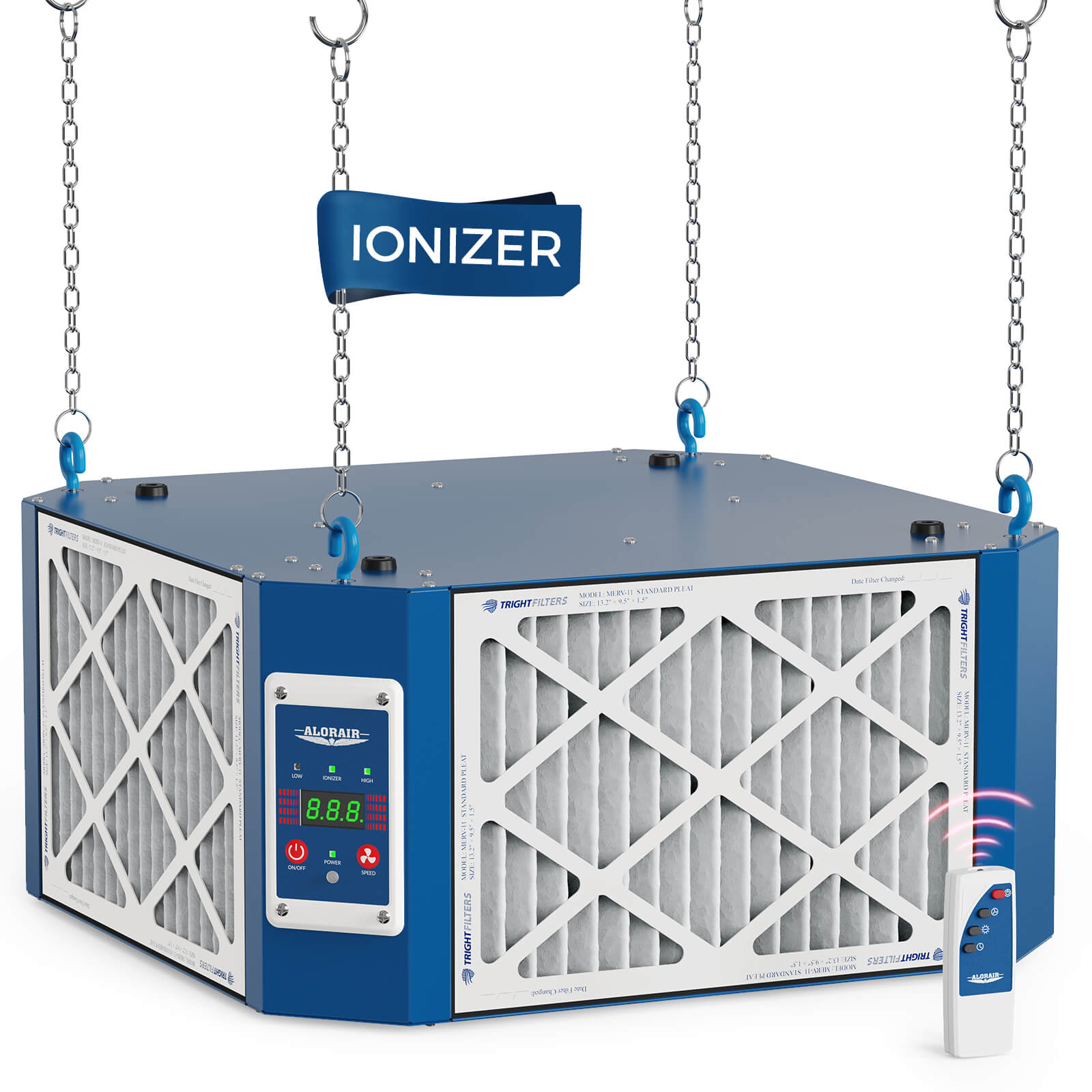
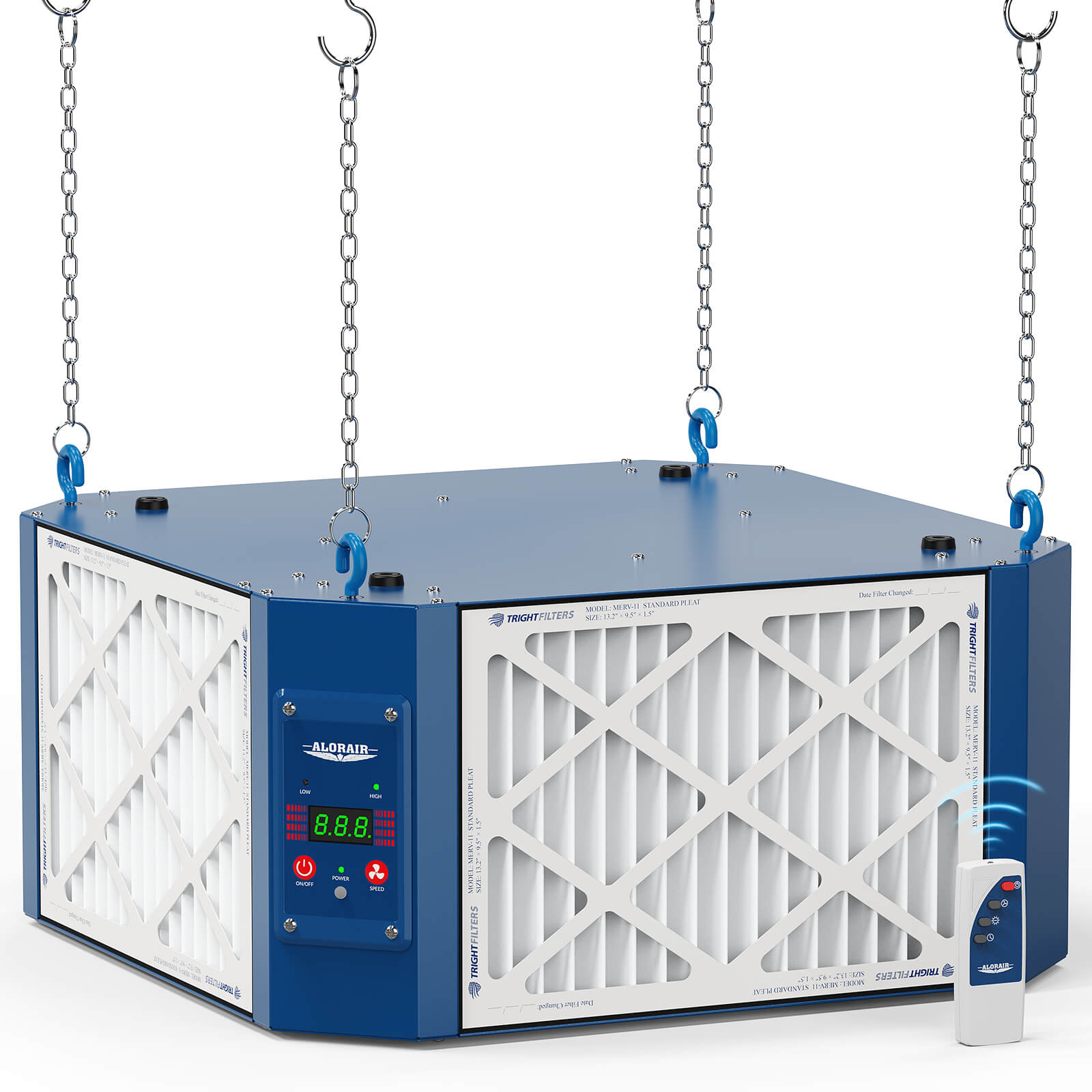
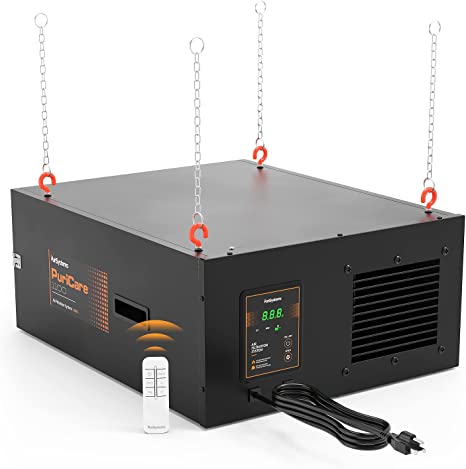
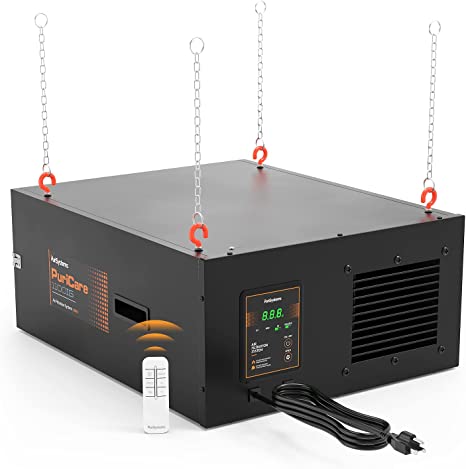
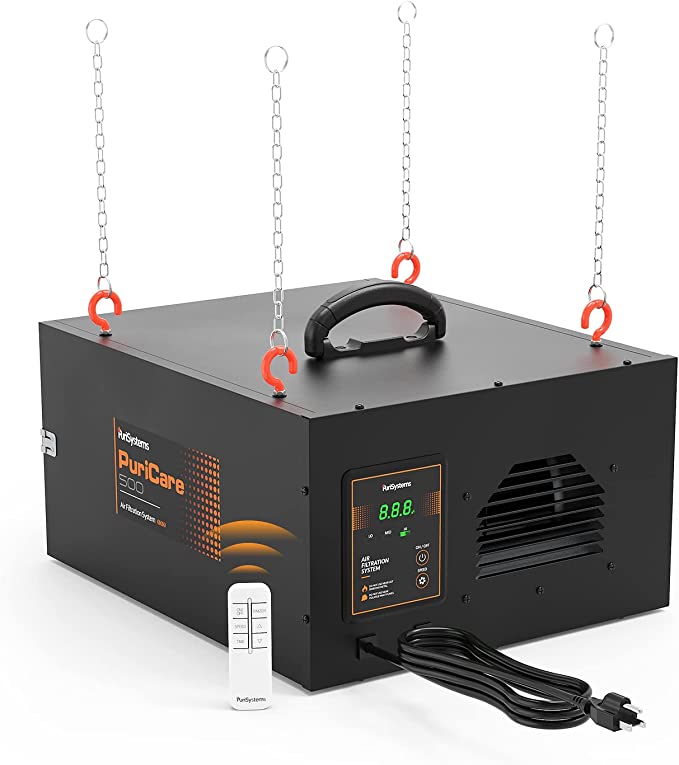
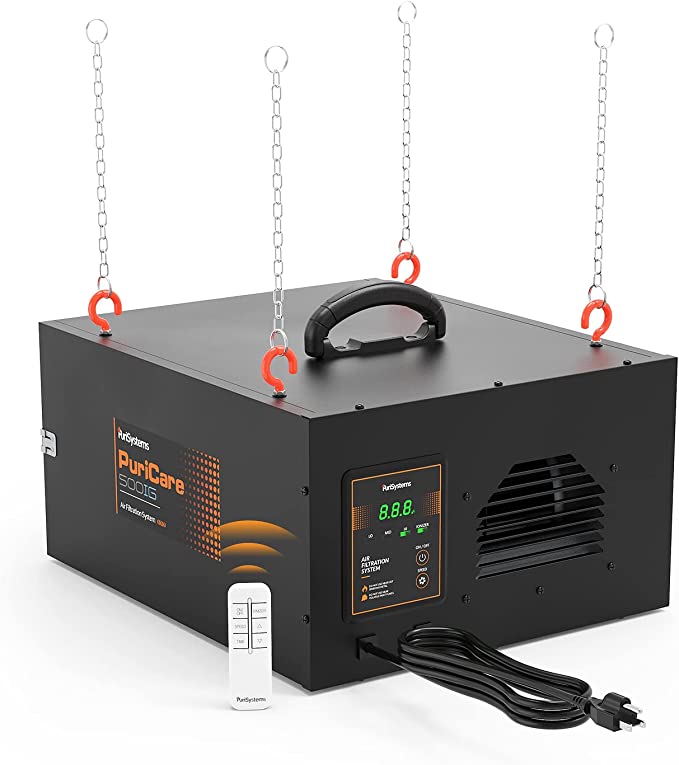
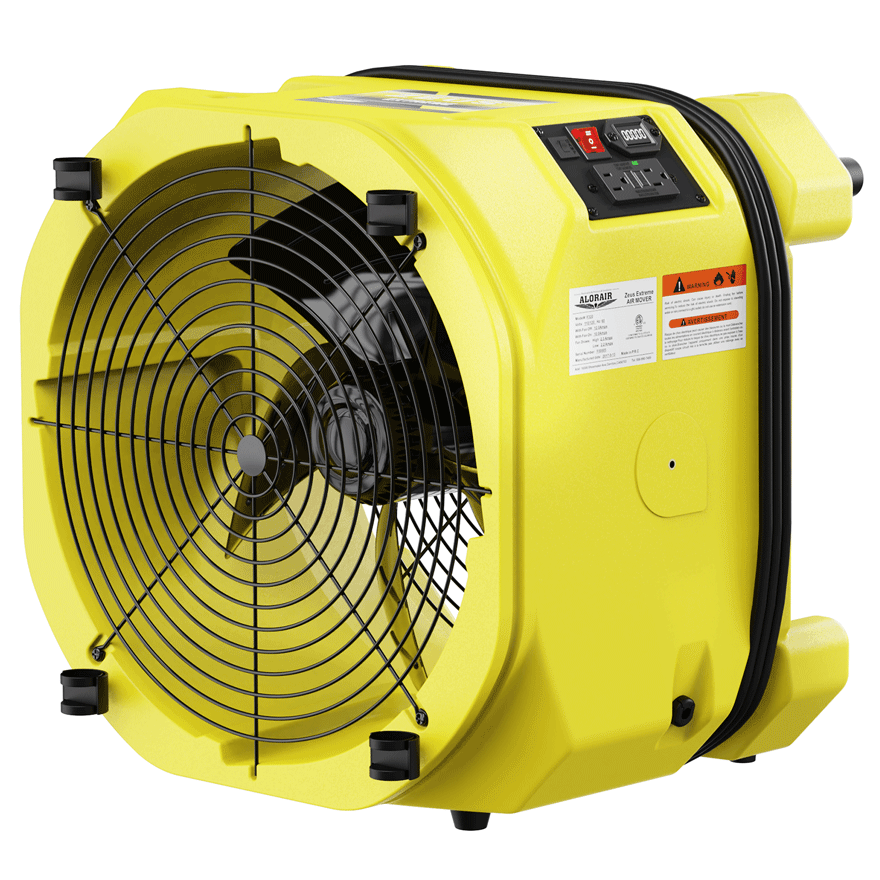
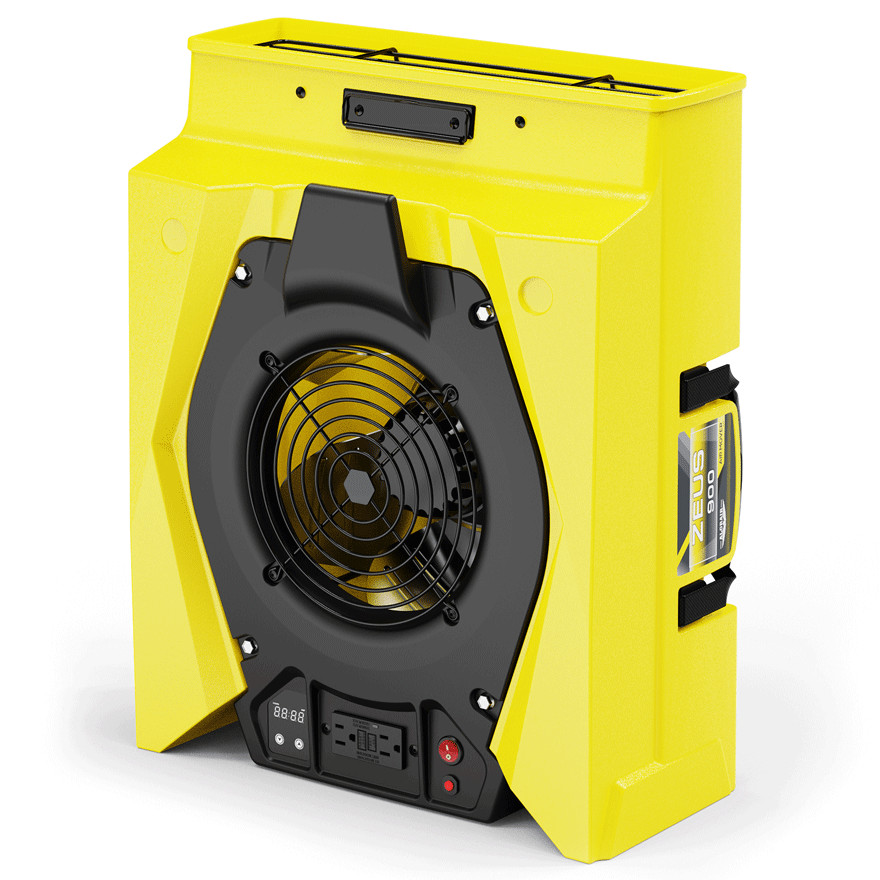
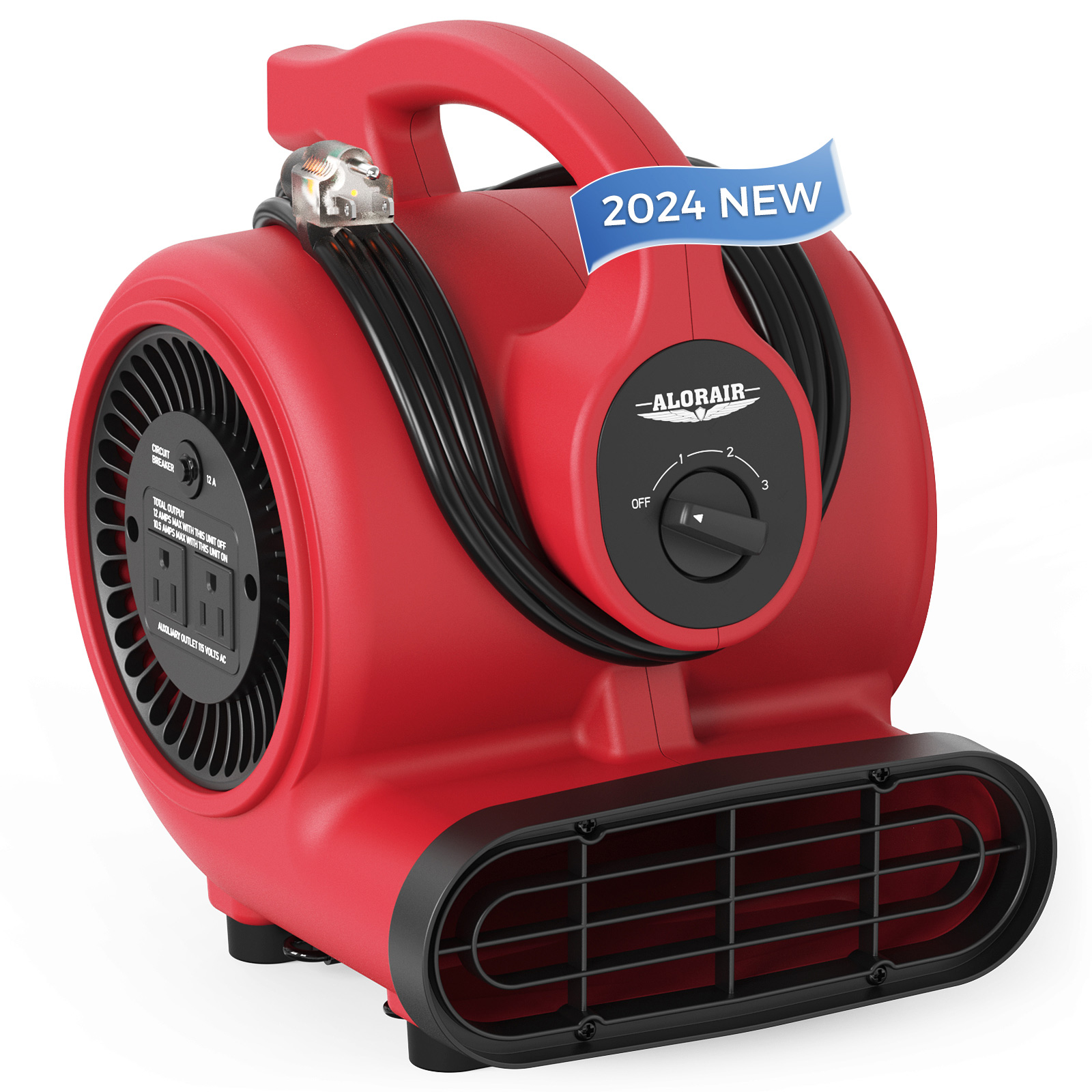
.webp)
.webp)
.webp)
.webp)
.jpg)
.jpg)
.jpg)
.jpg)
.jpg)
.jpg)
.jpg)
.jpg)
.jpg)
.jpg)
.jpg)
.jpg)
.jpg)
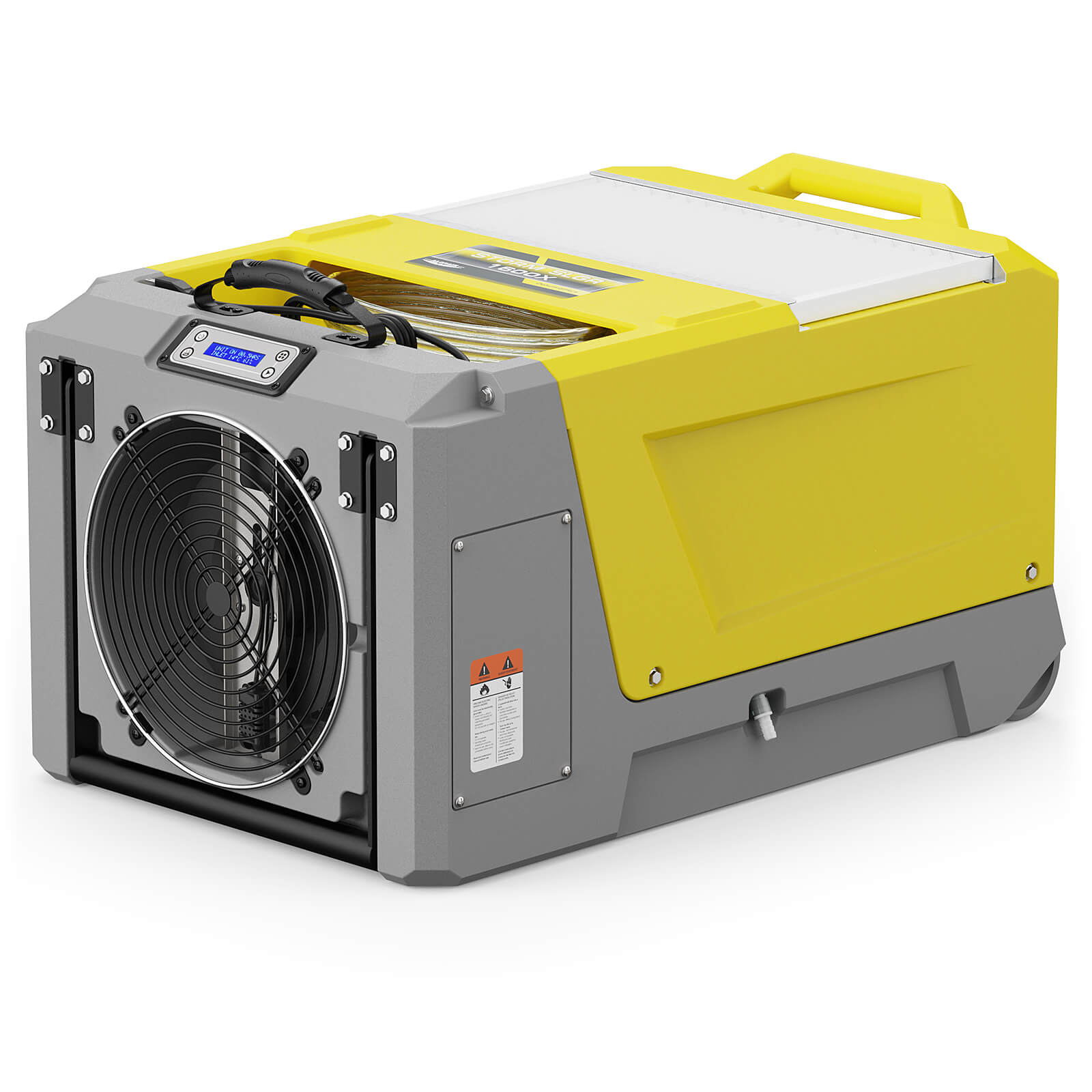
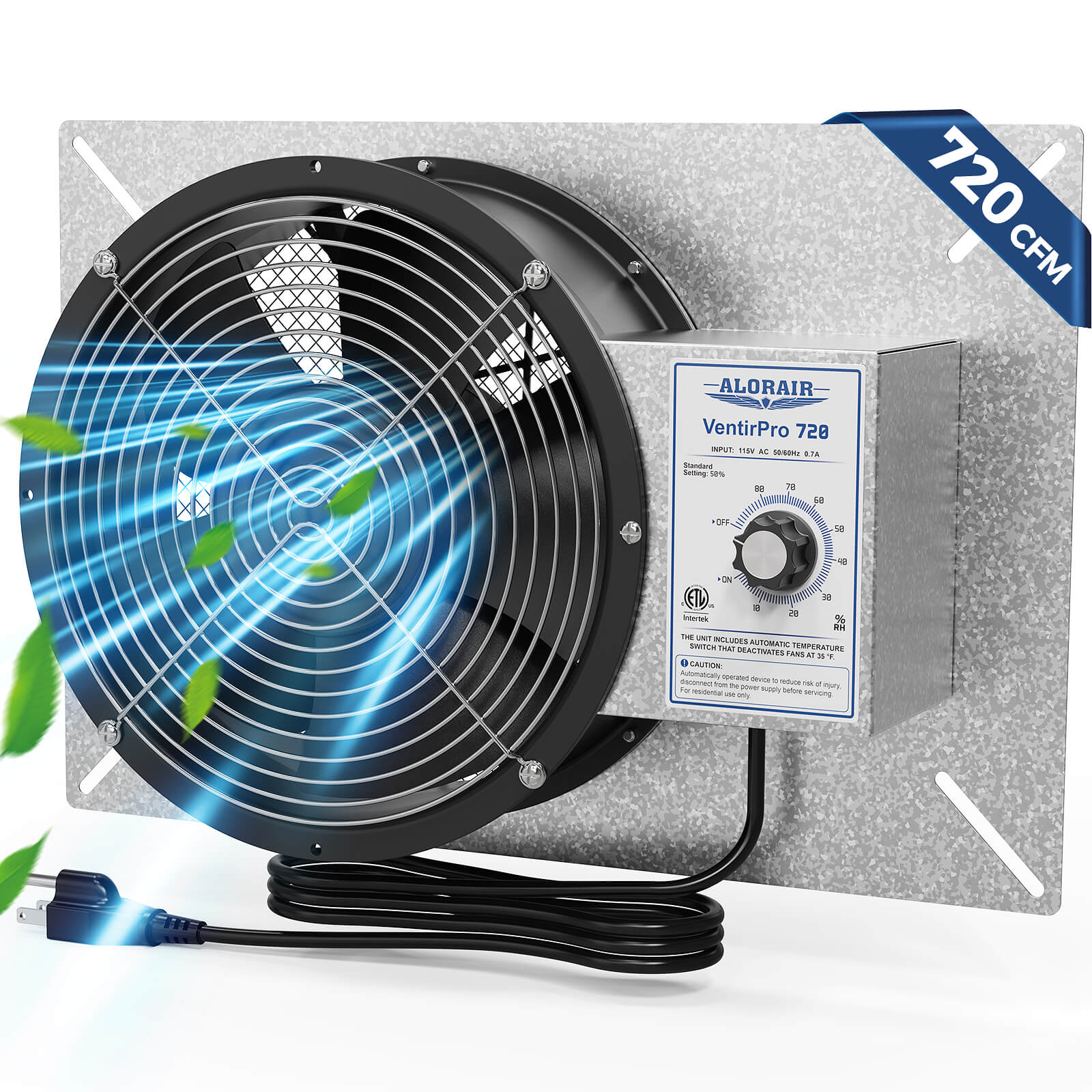
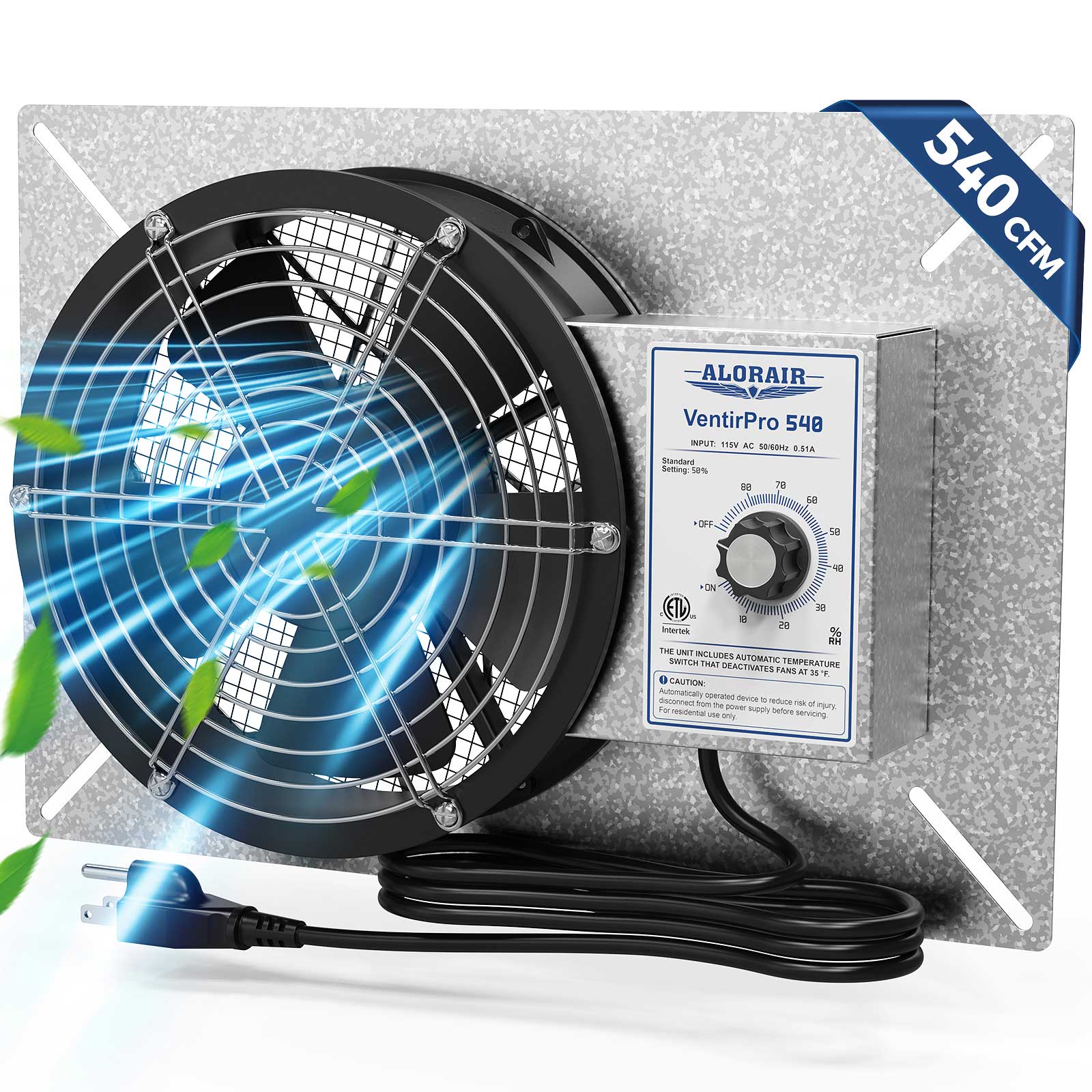
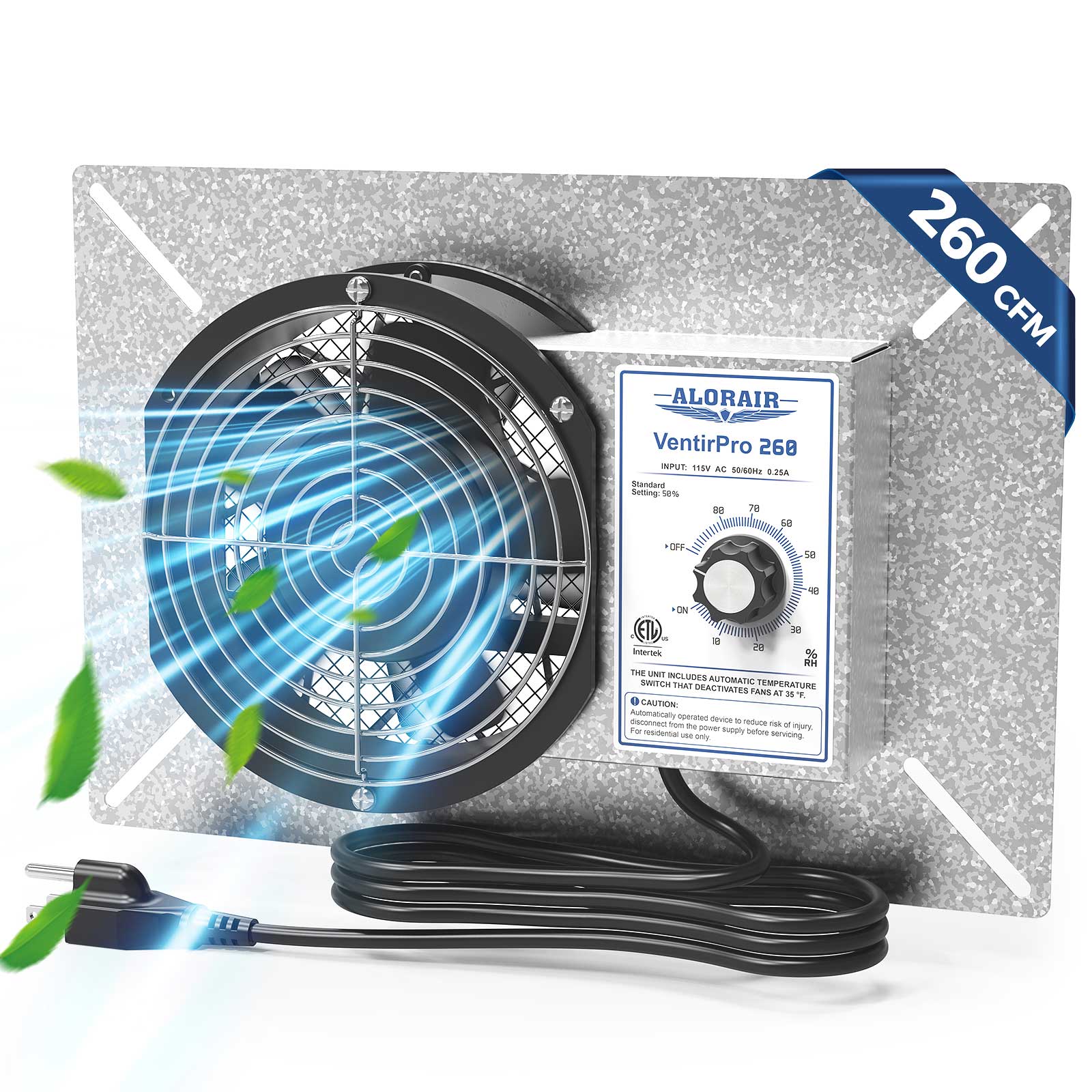
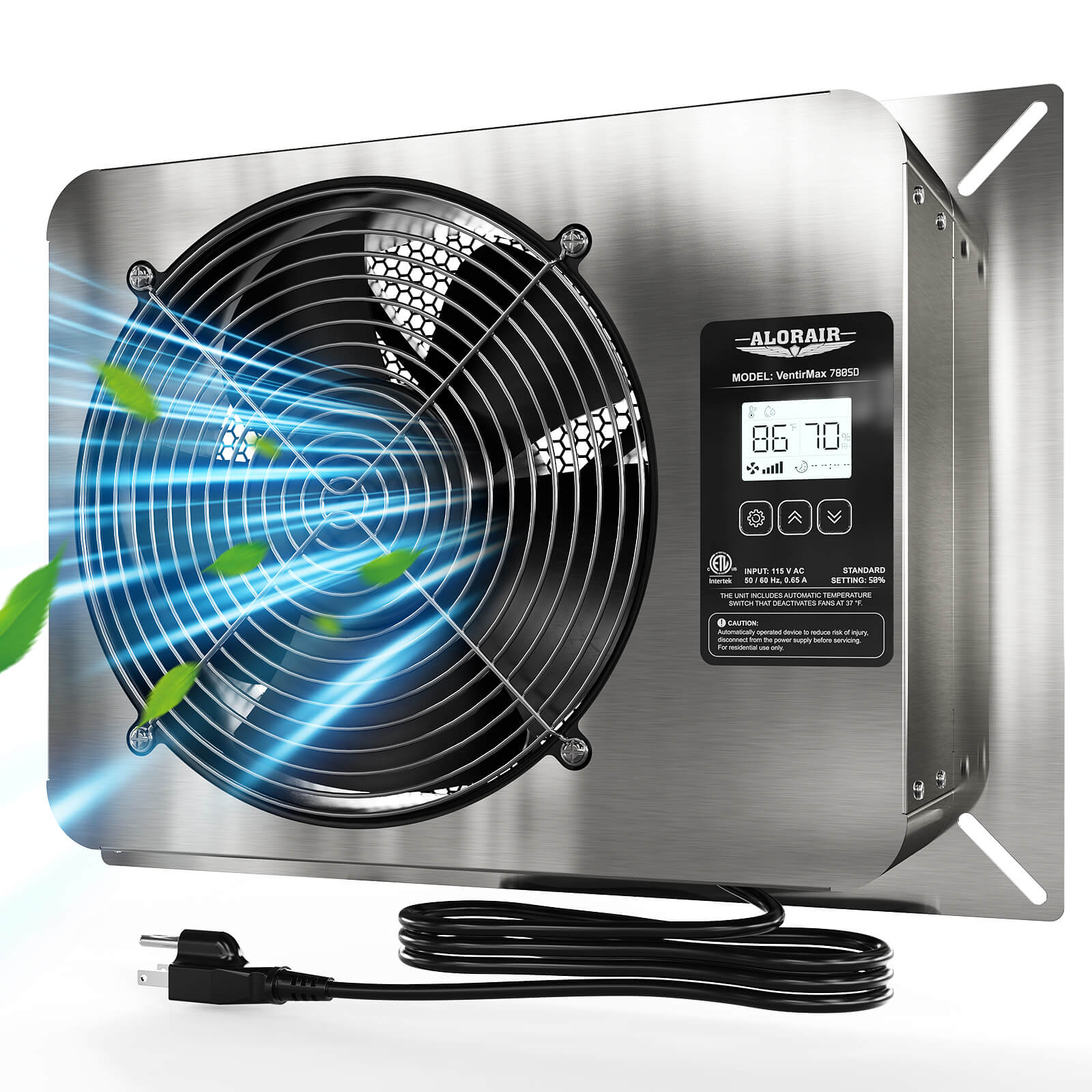
.jpg)
.jpg)
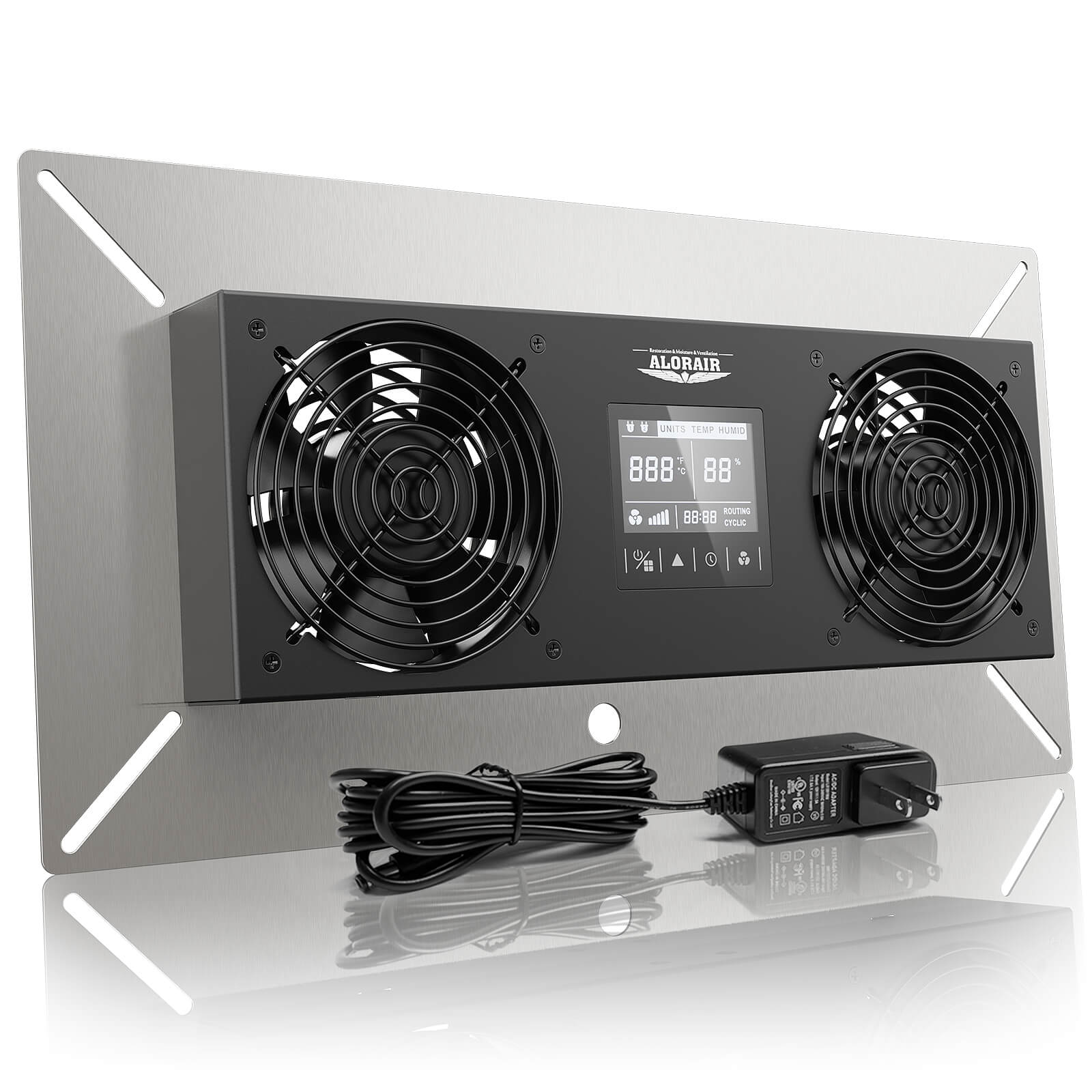
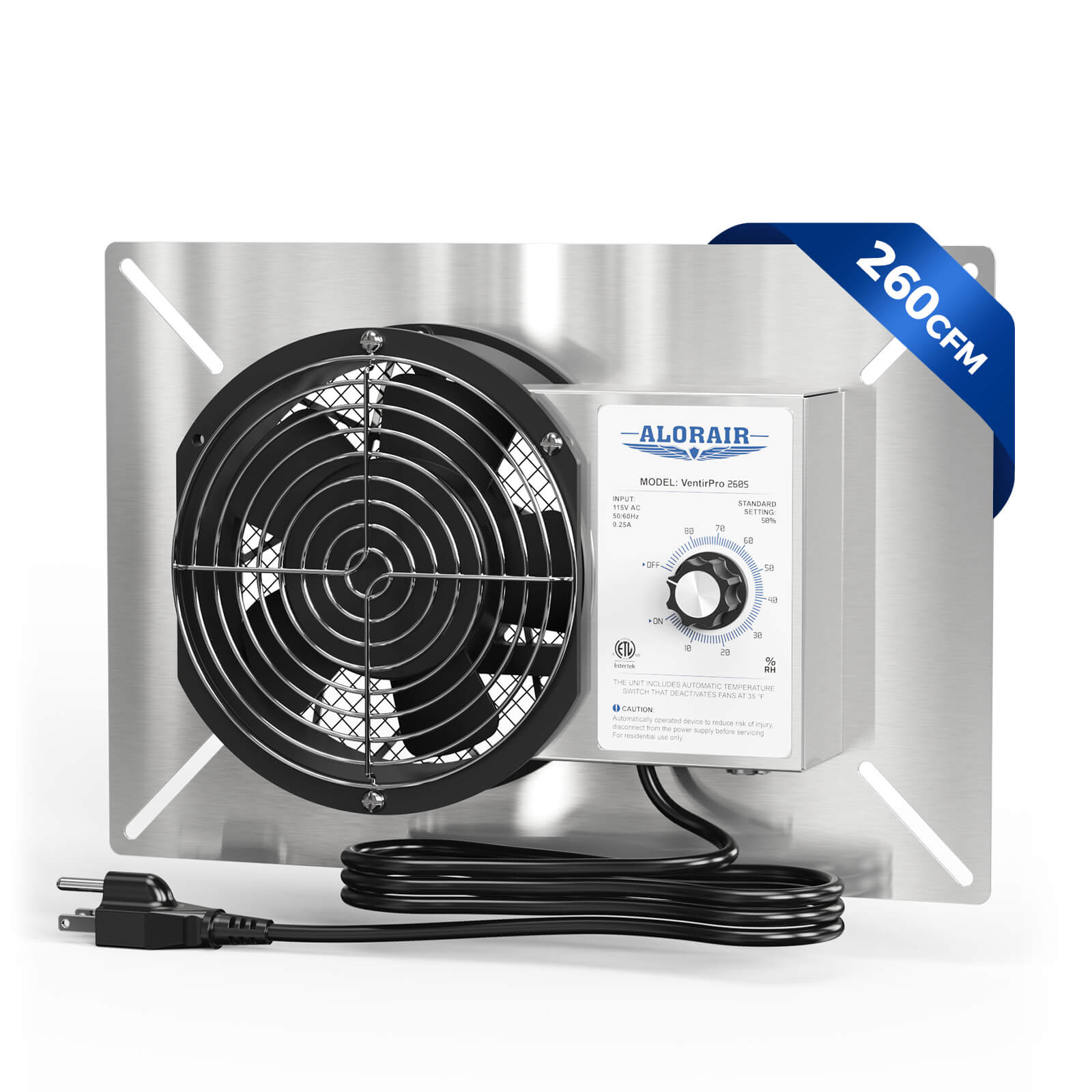
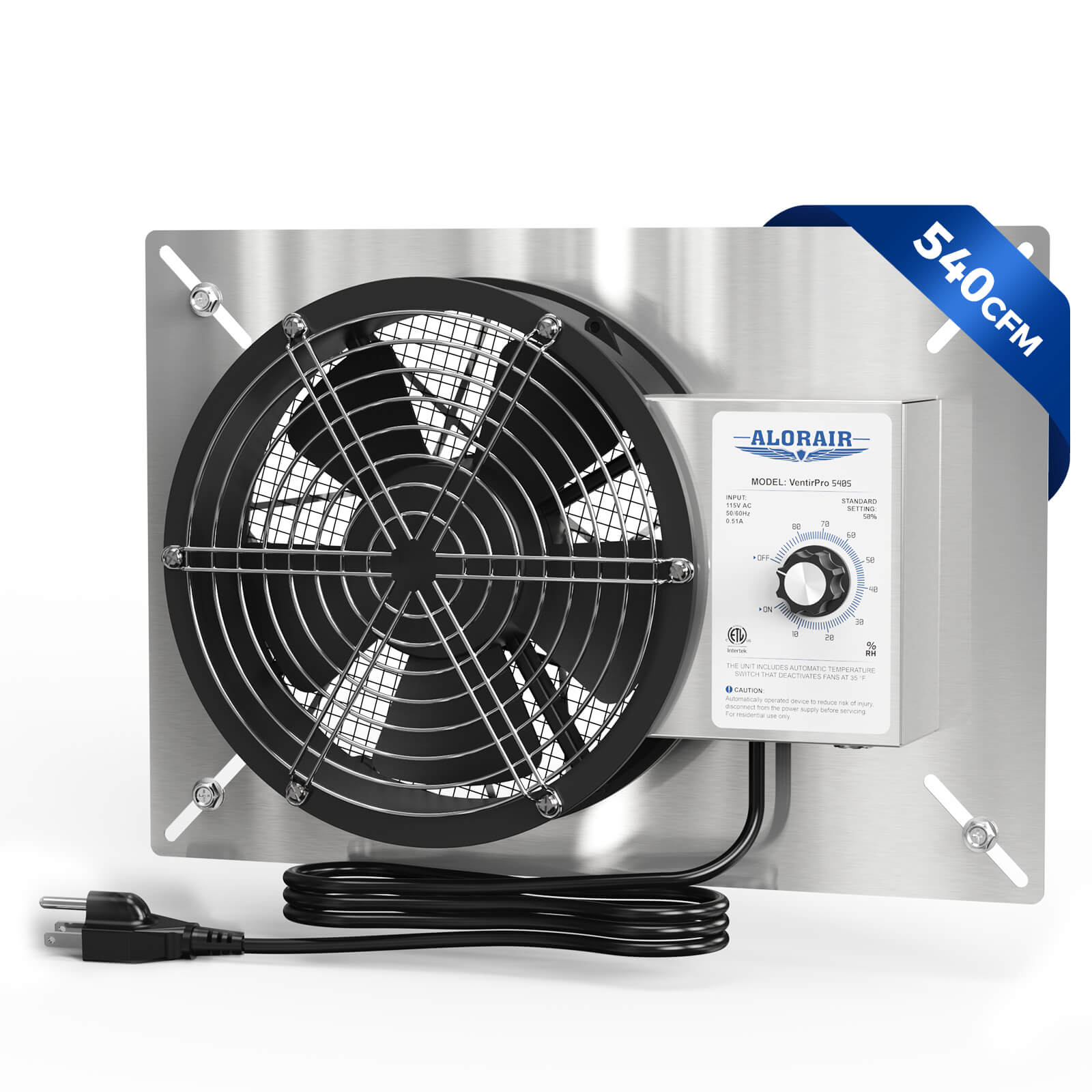
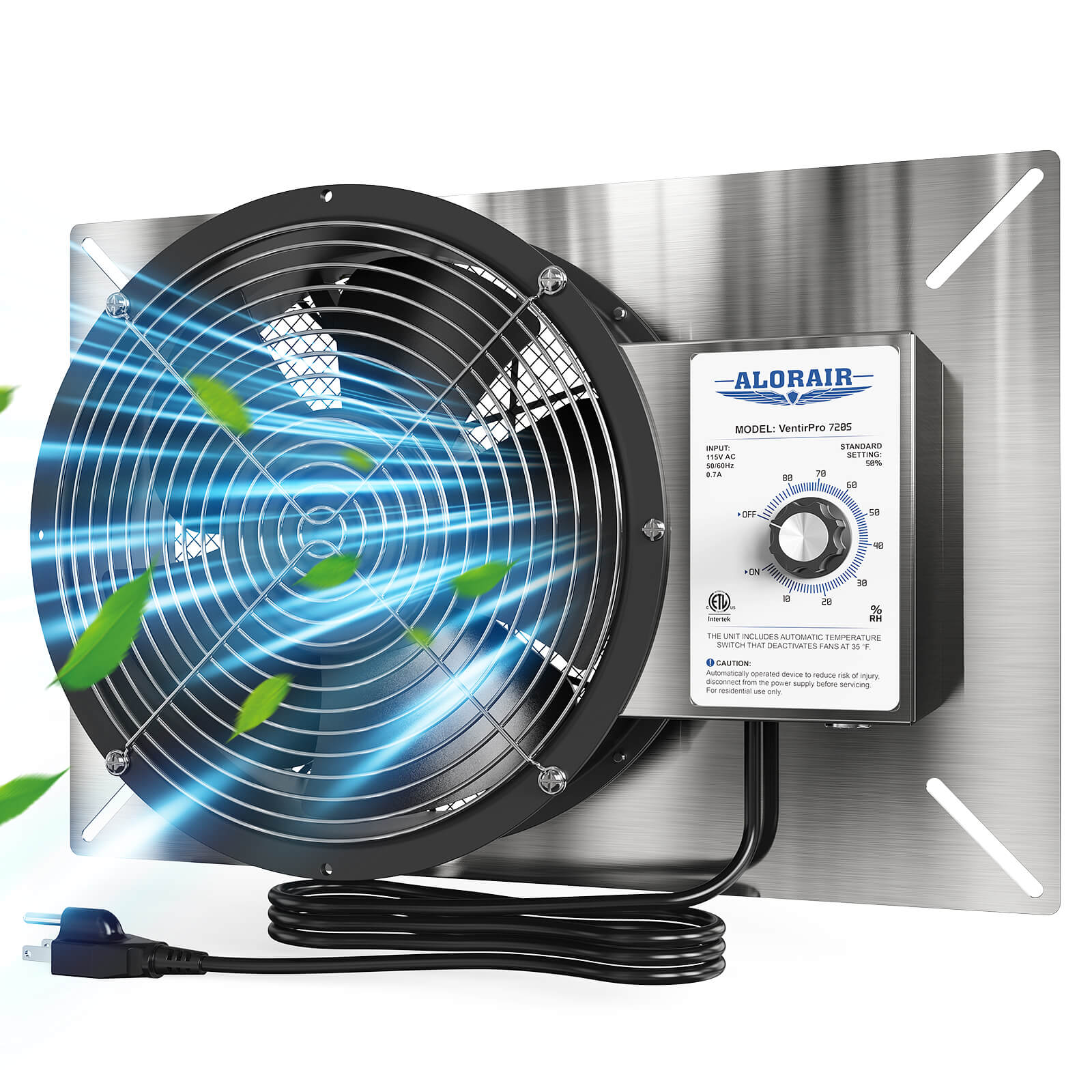
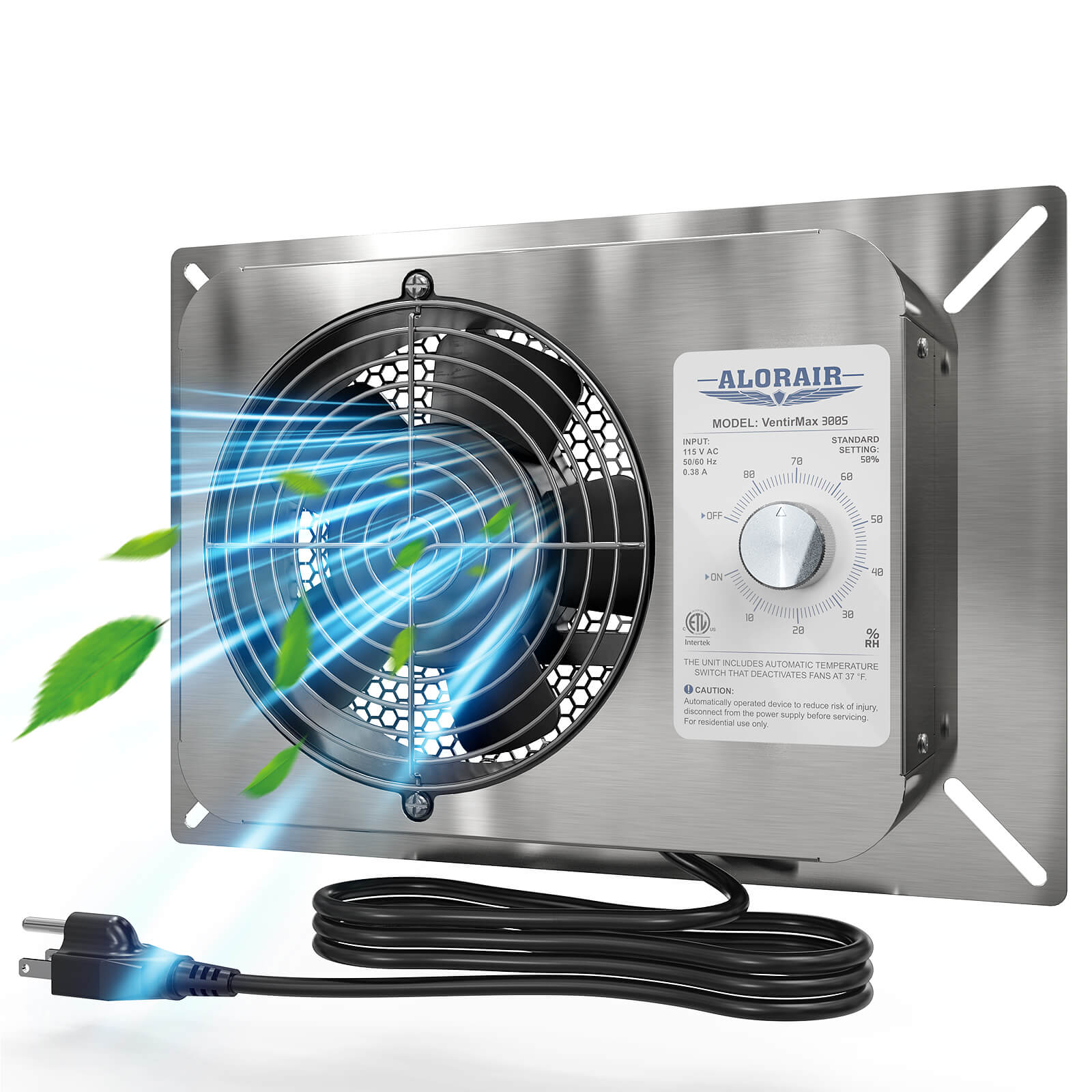
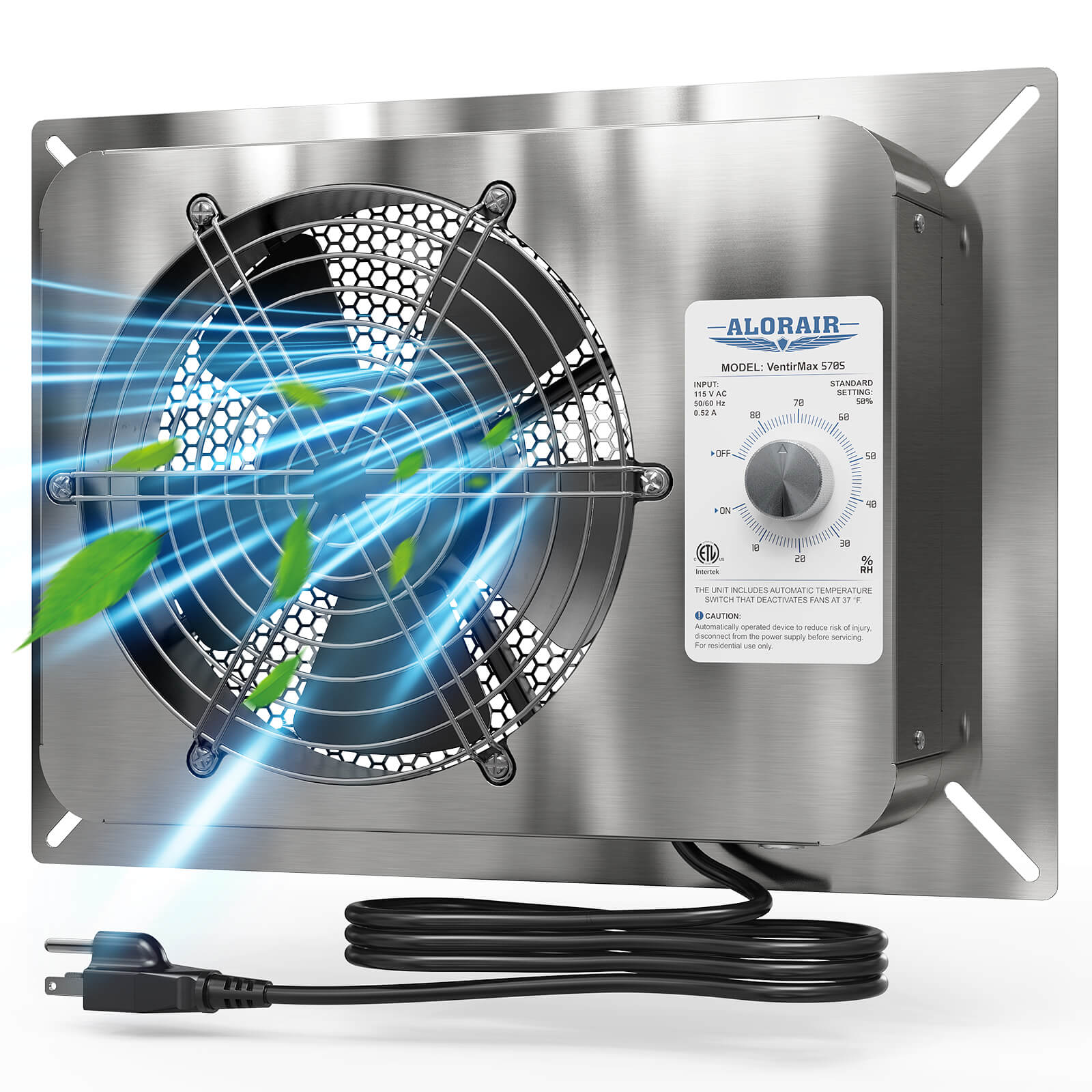
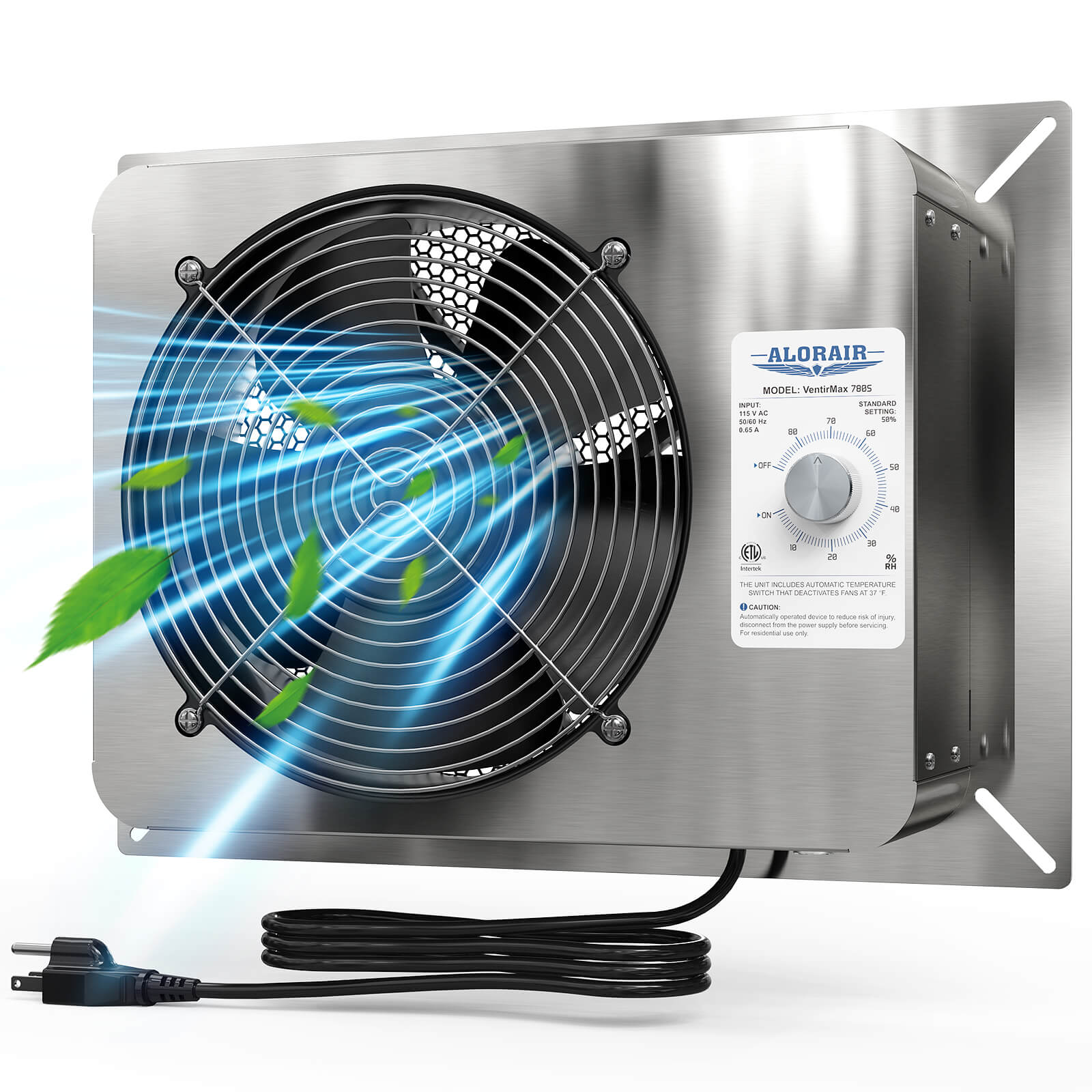
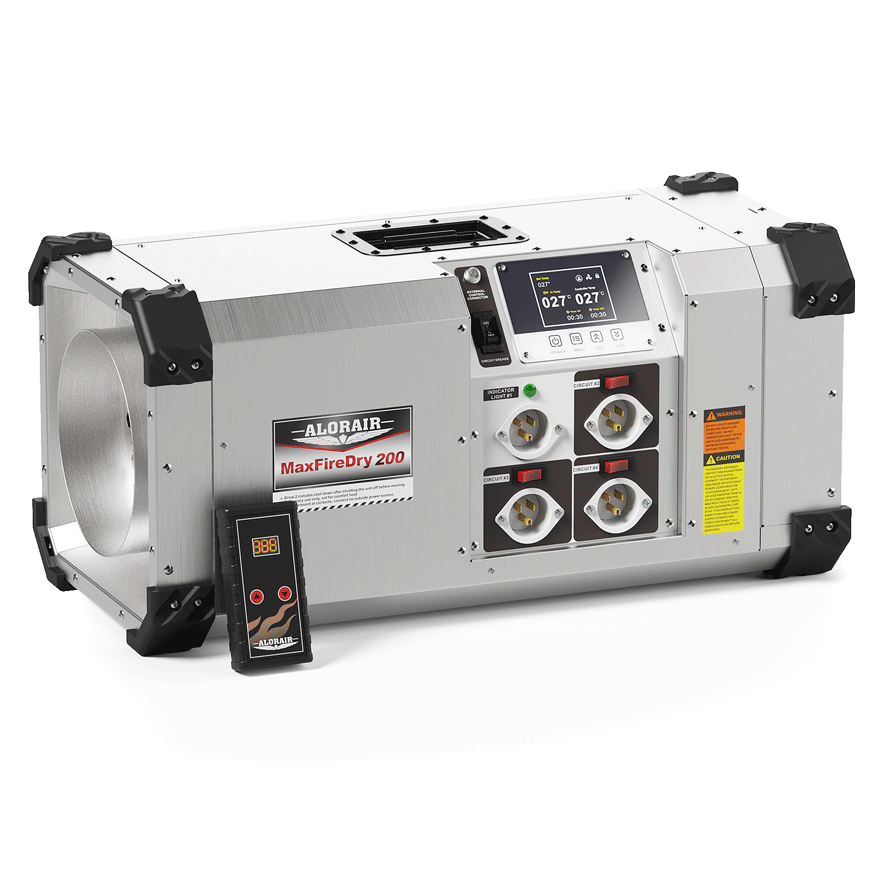
.jpg)
.jpg)
.jpg)
.jpg)
.jpg)
.jpg)
.jpg)
.jpg)
.jpg)
.jpg)
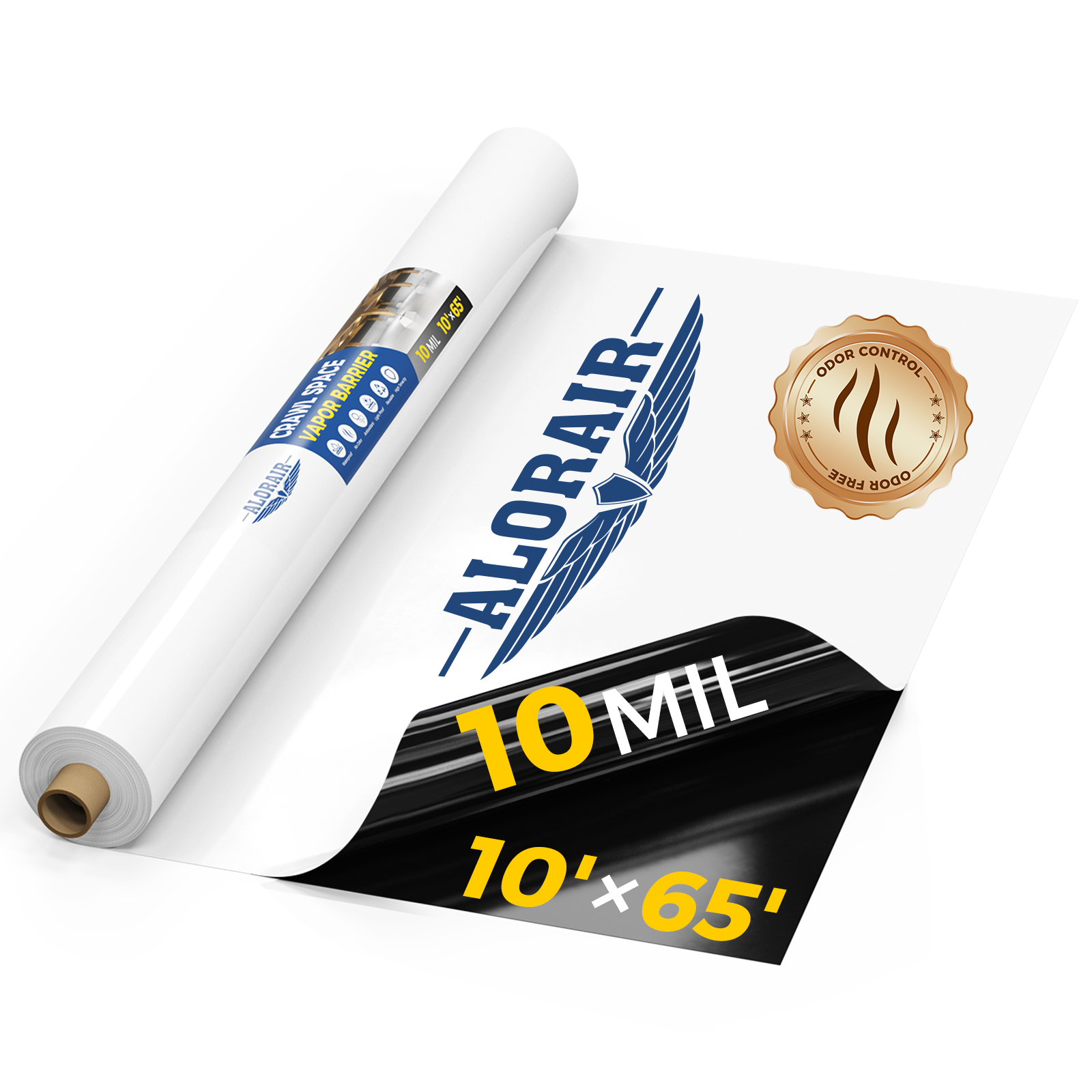
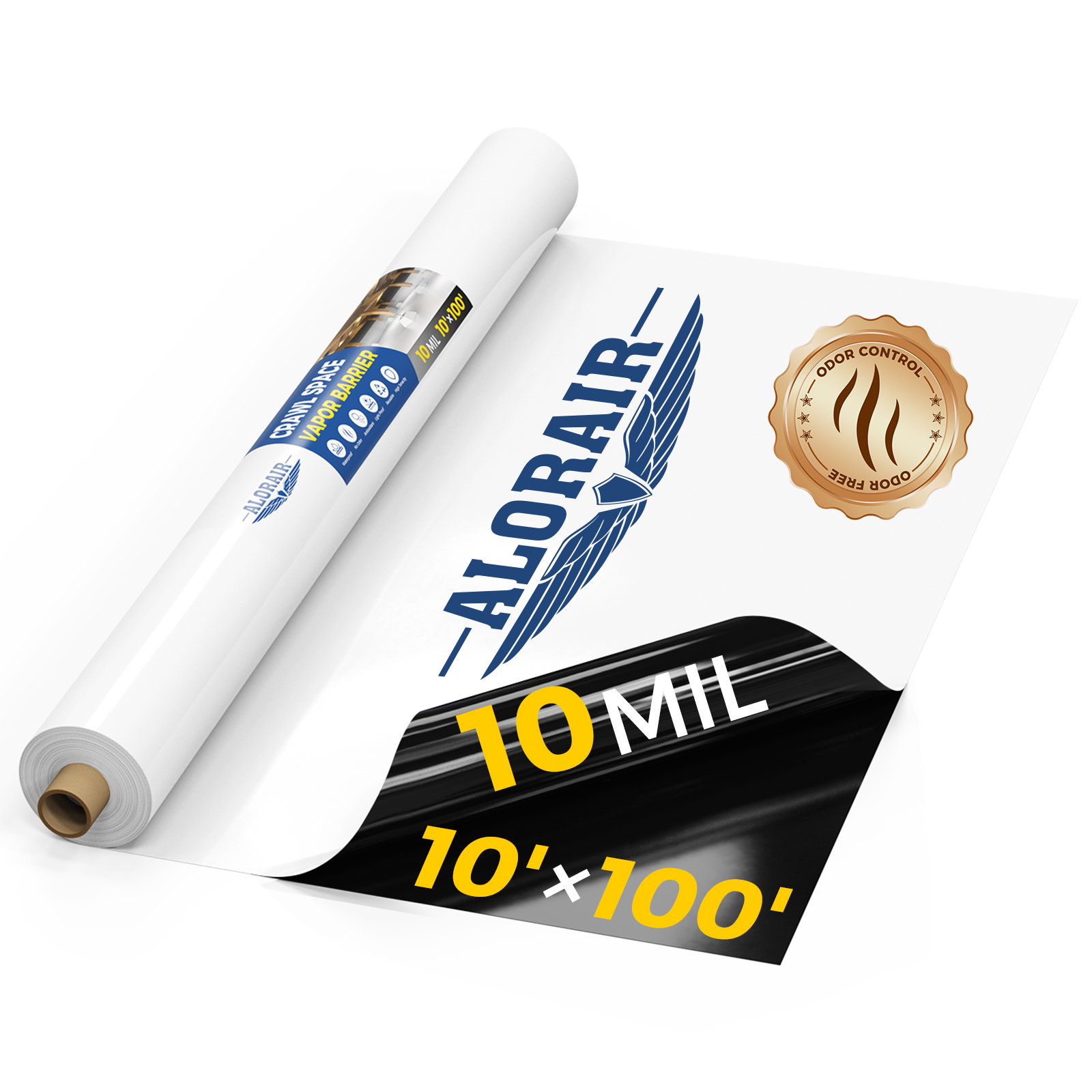
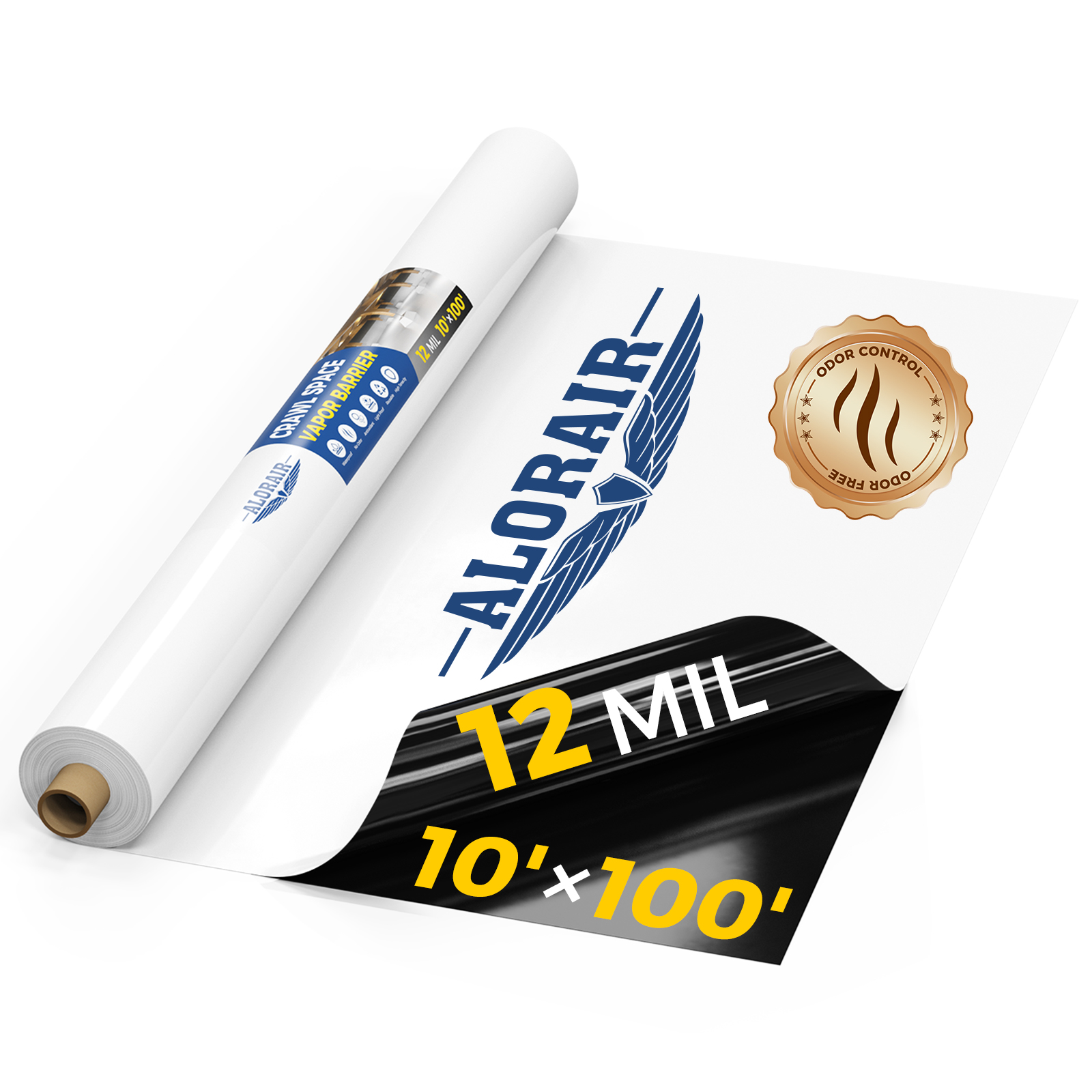
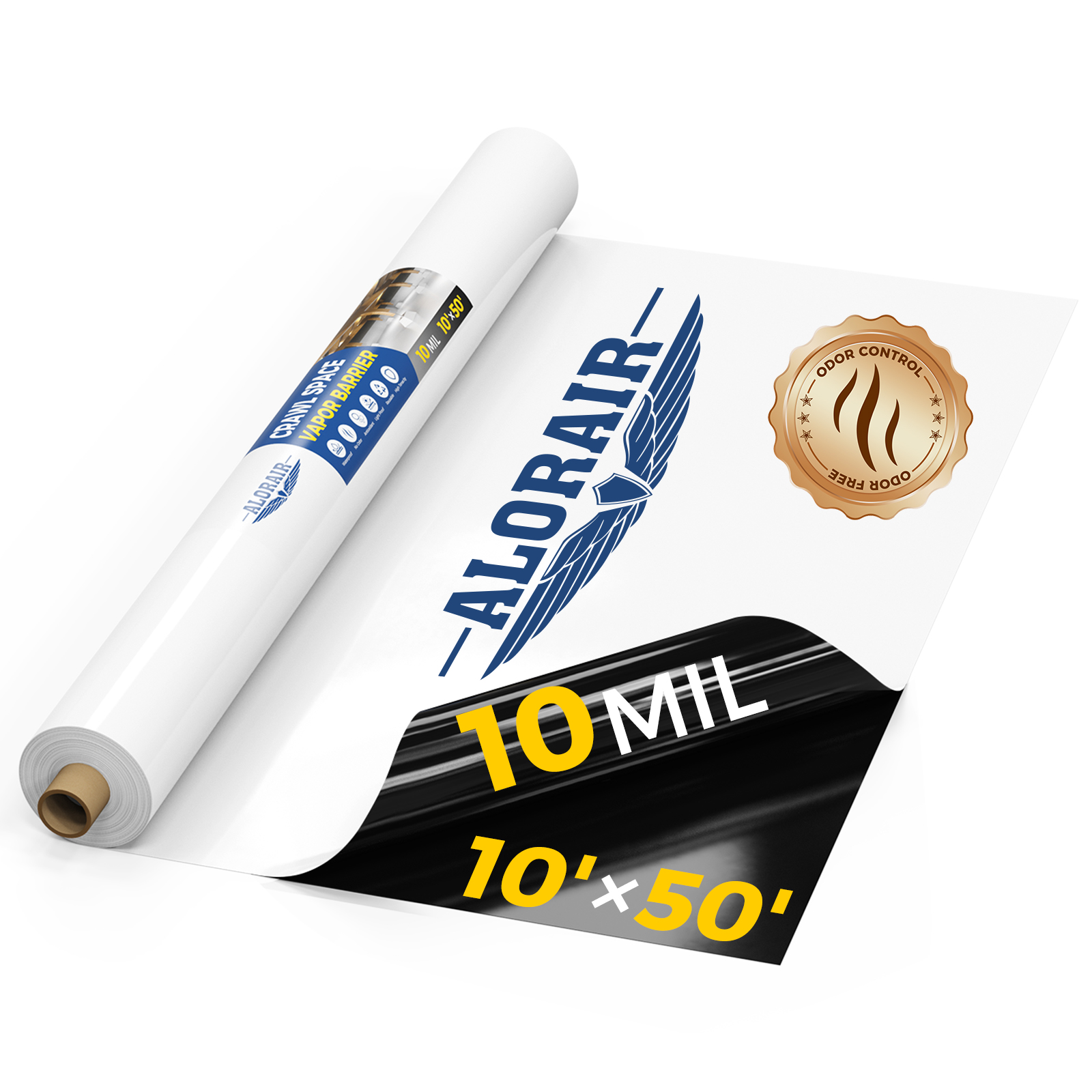
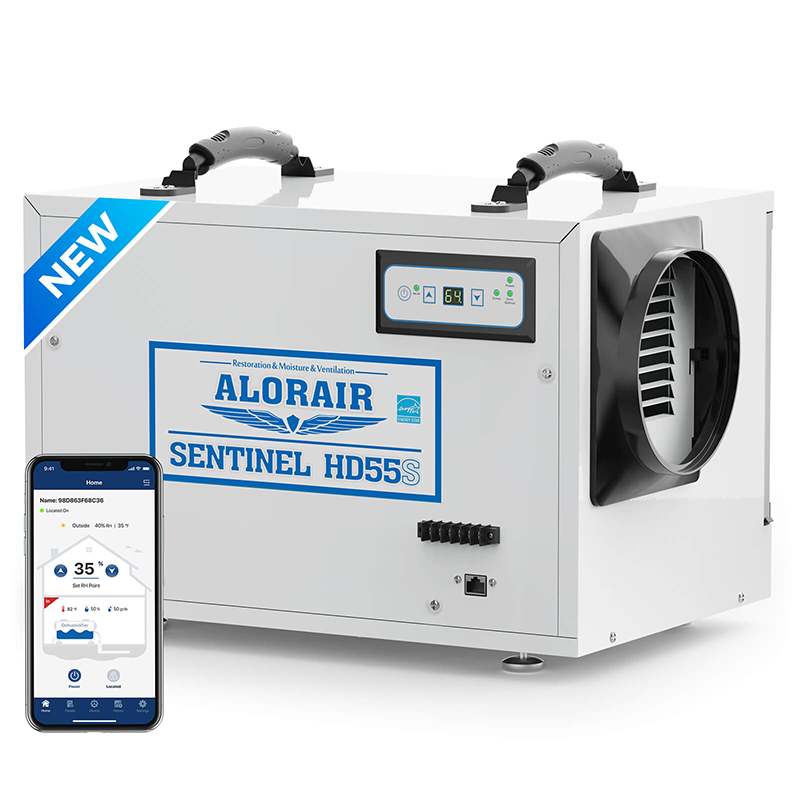
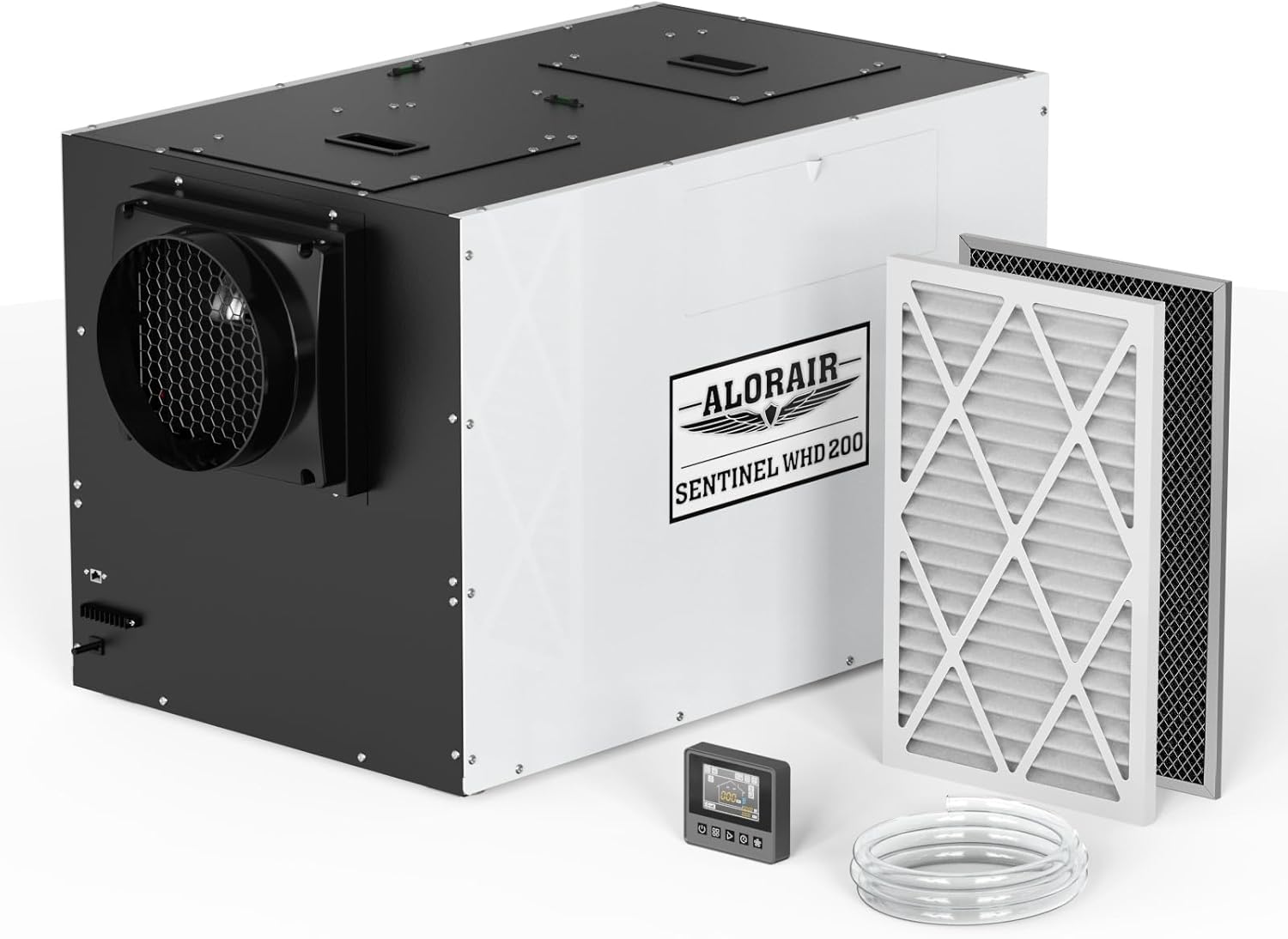
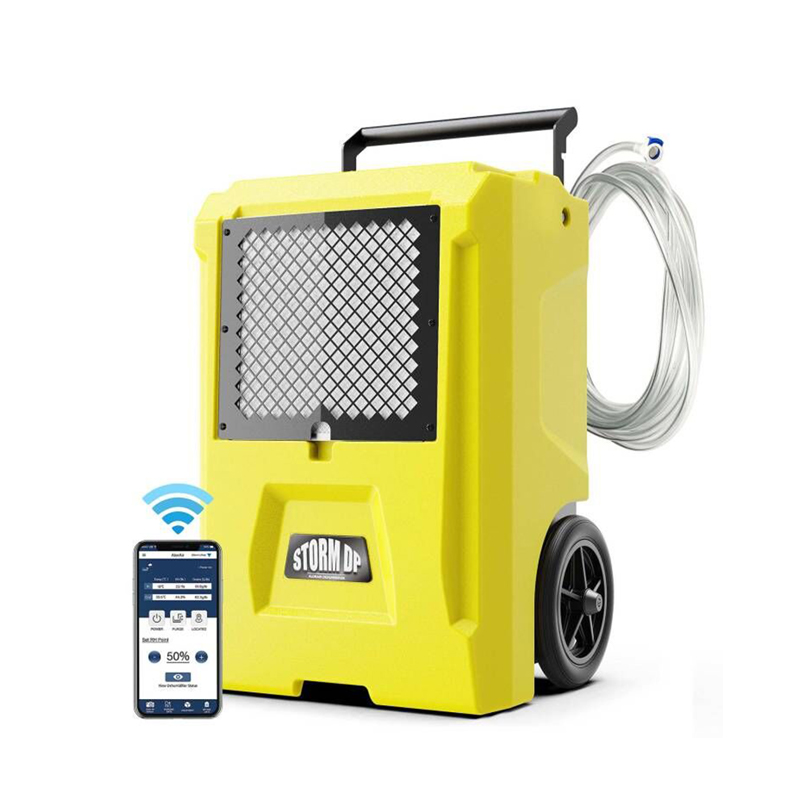
-.jpg)
.jpg)
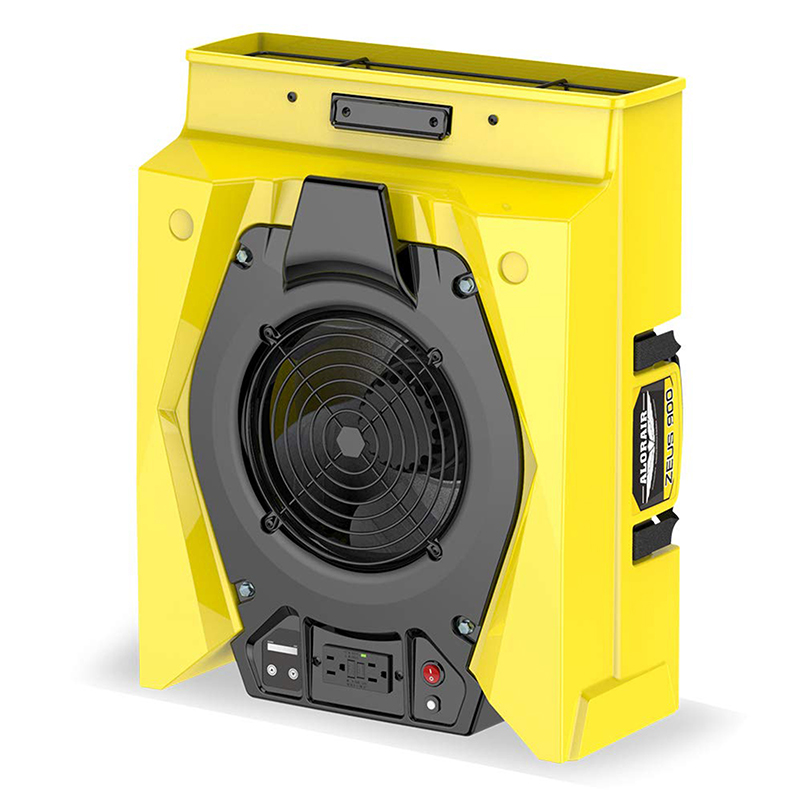
.jpg)
.jpg)
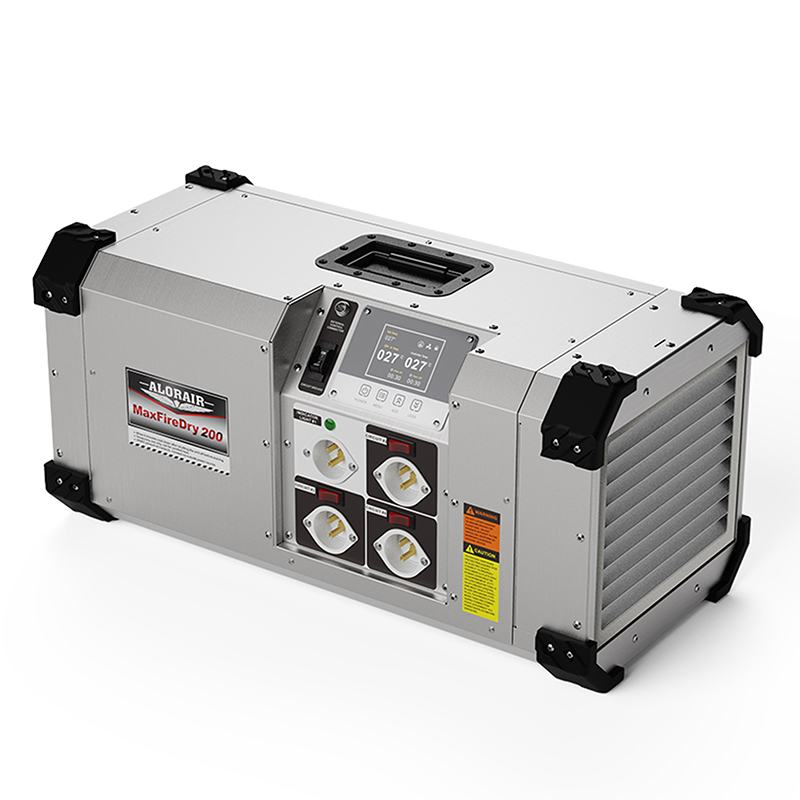
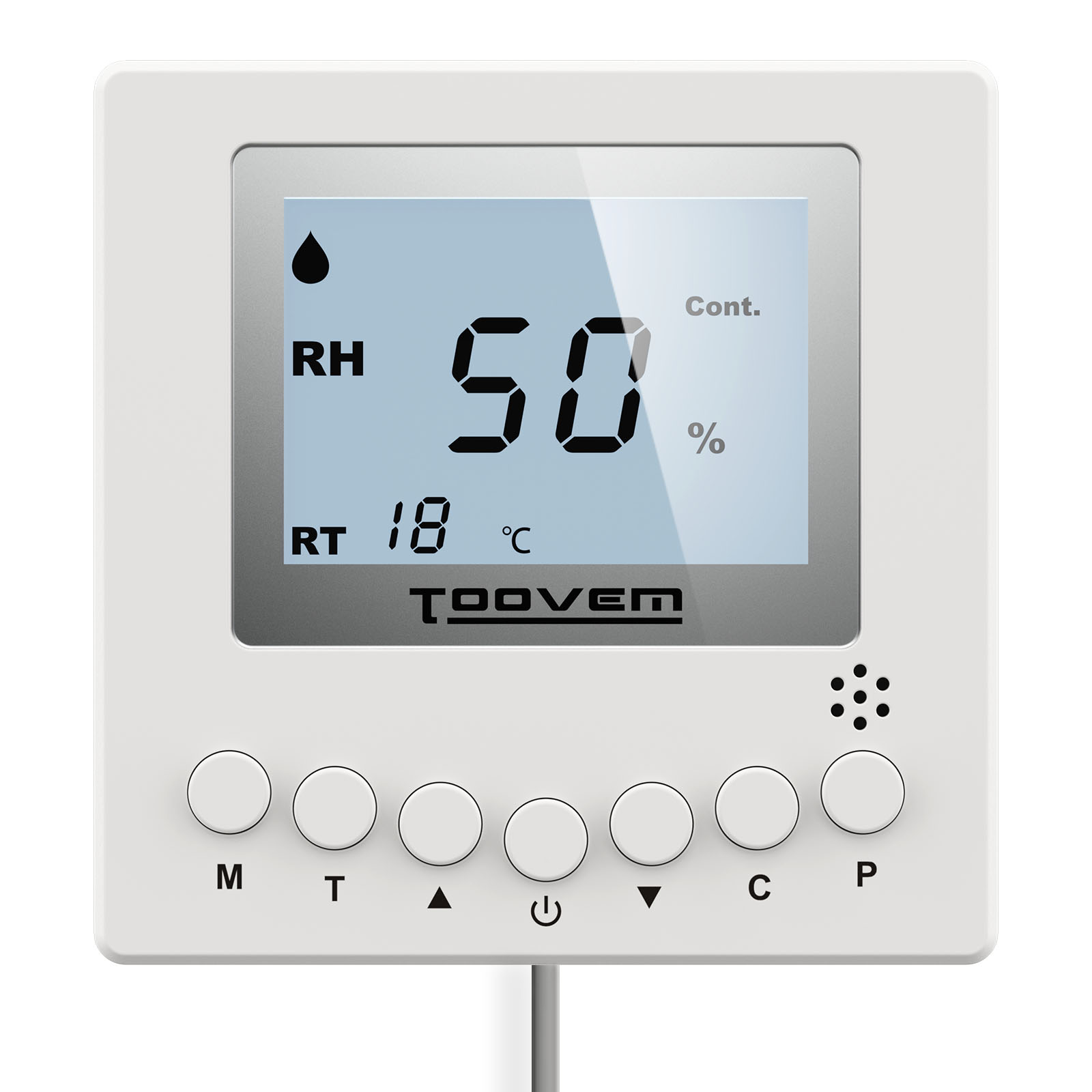
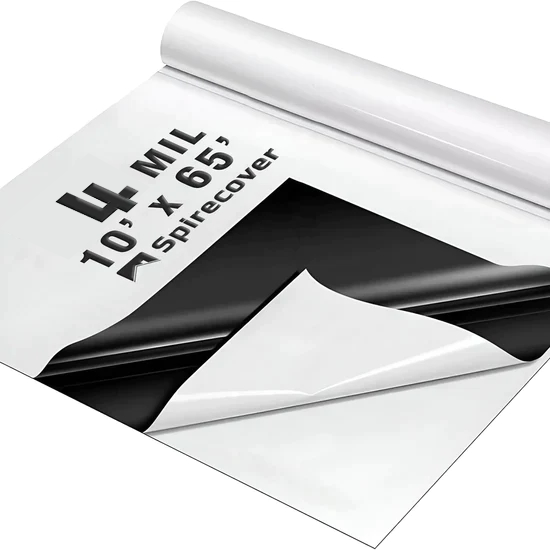
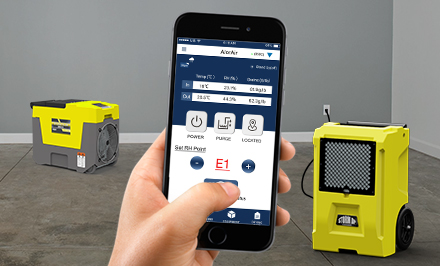

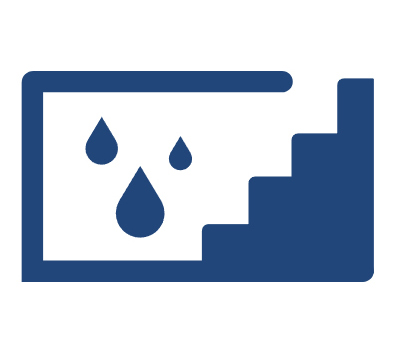

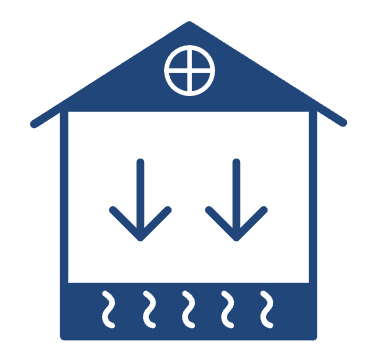




















 Exclusive offers
promotions
Exclusive offers
promotions


Can I use a dehumidifier in my crawl space in the winter when the temperture is 40 to 50 degrees there. I am getting condensation on the wood above from water gettin in around foundation? Will there be a problem with freezing up on the dehumidifier?